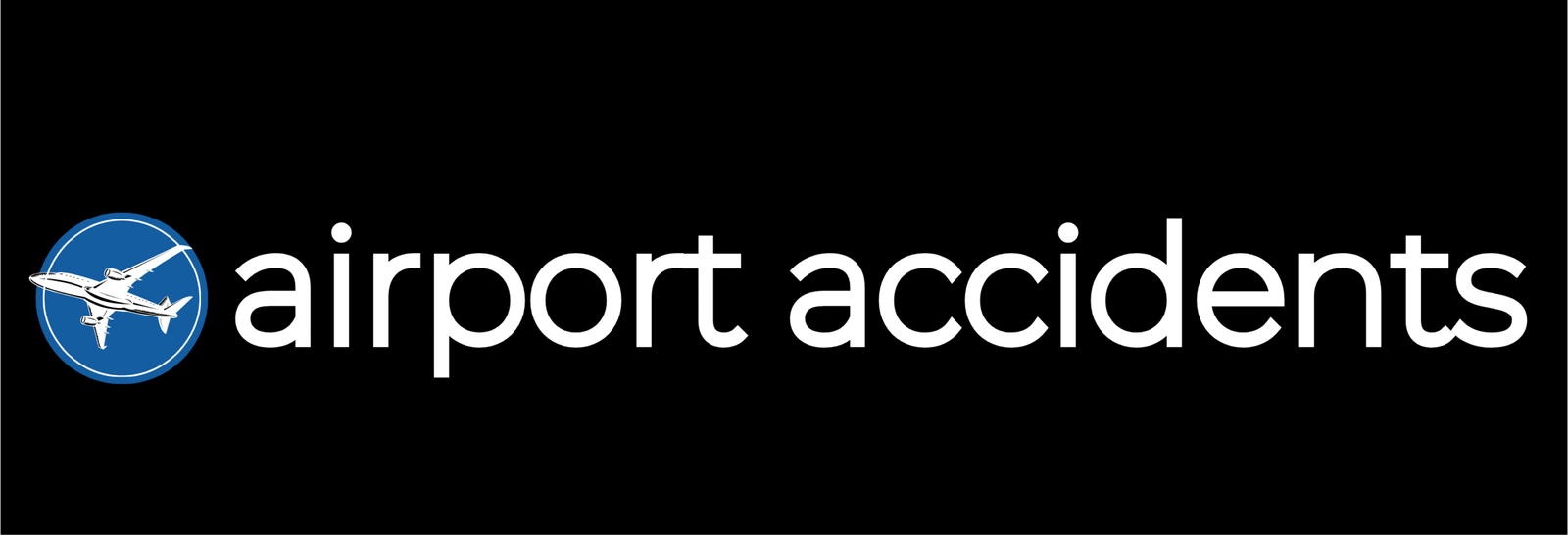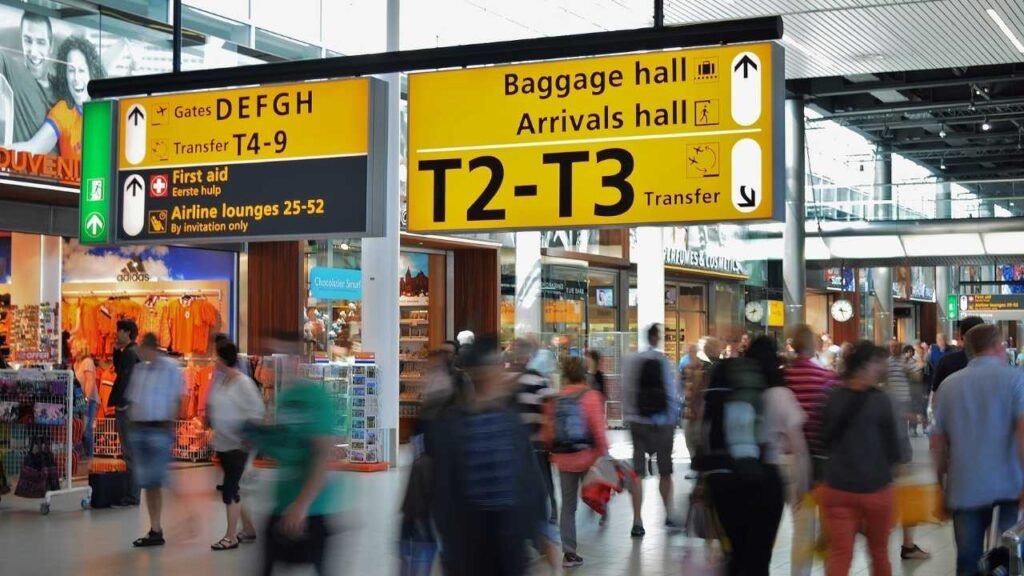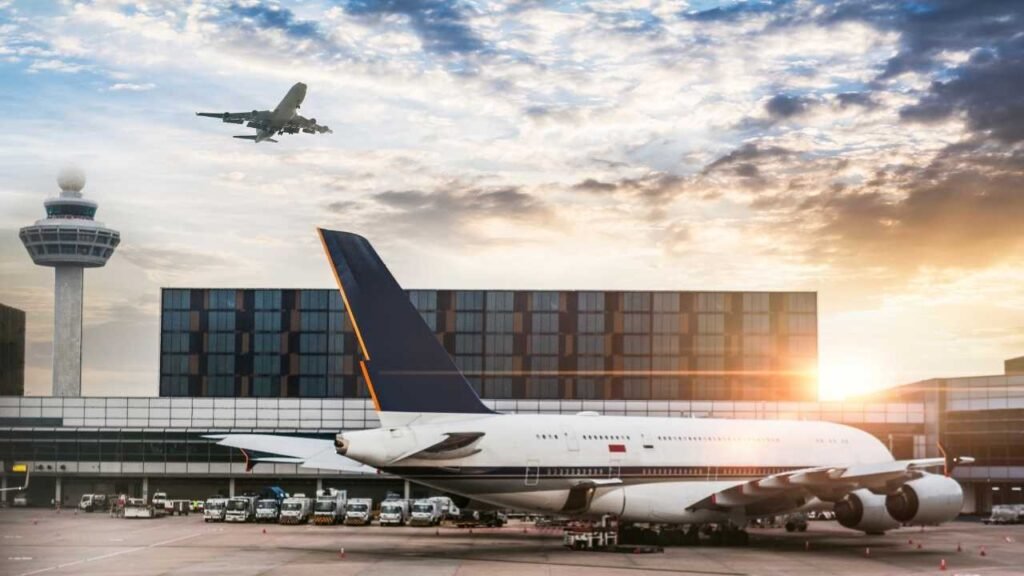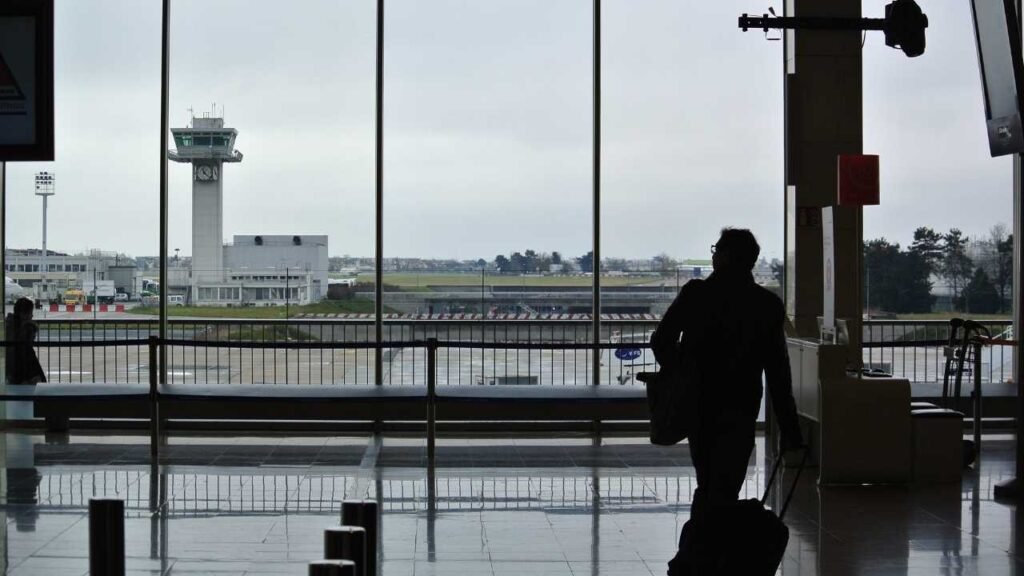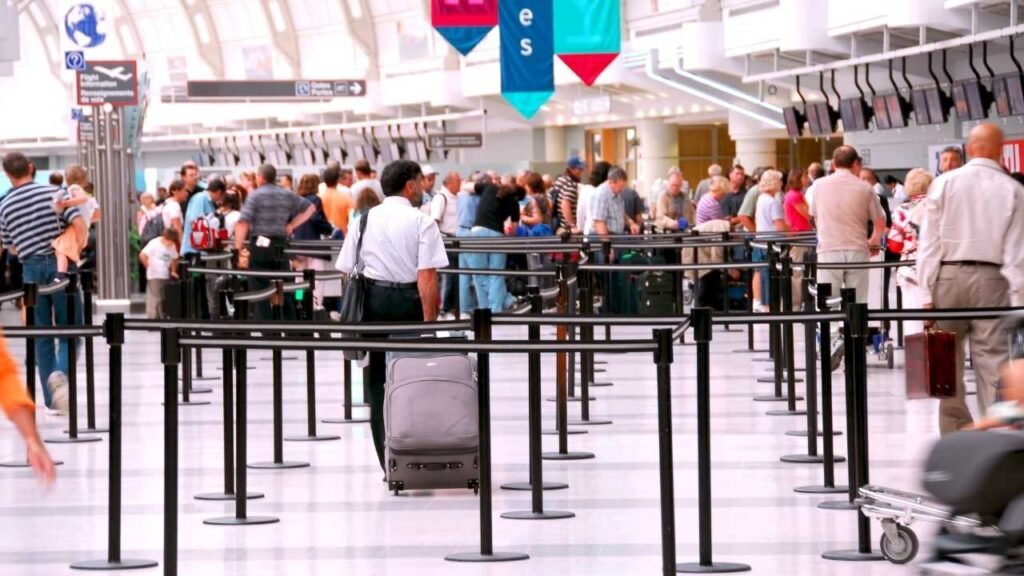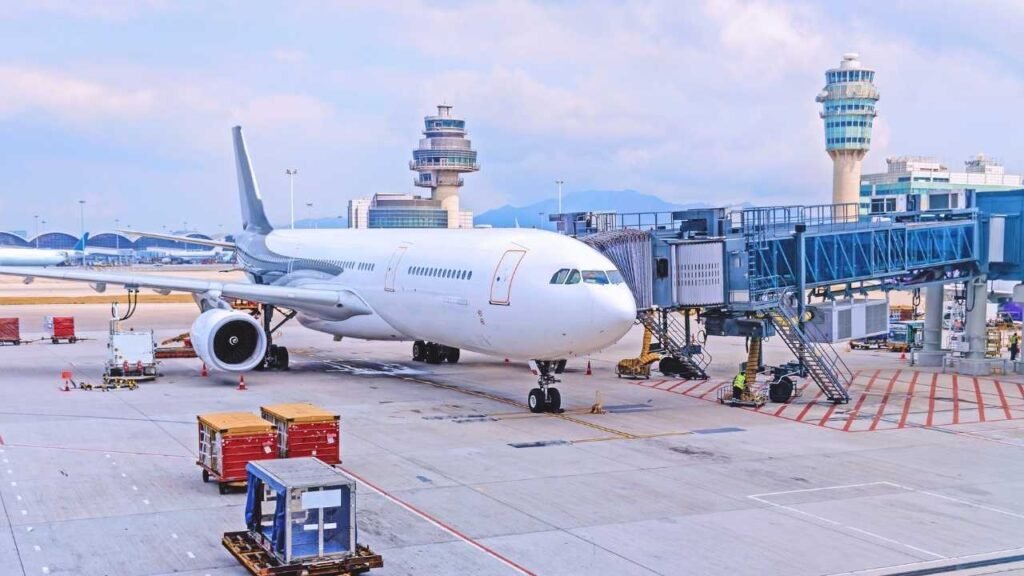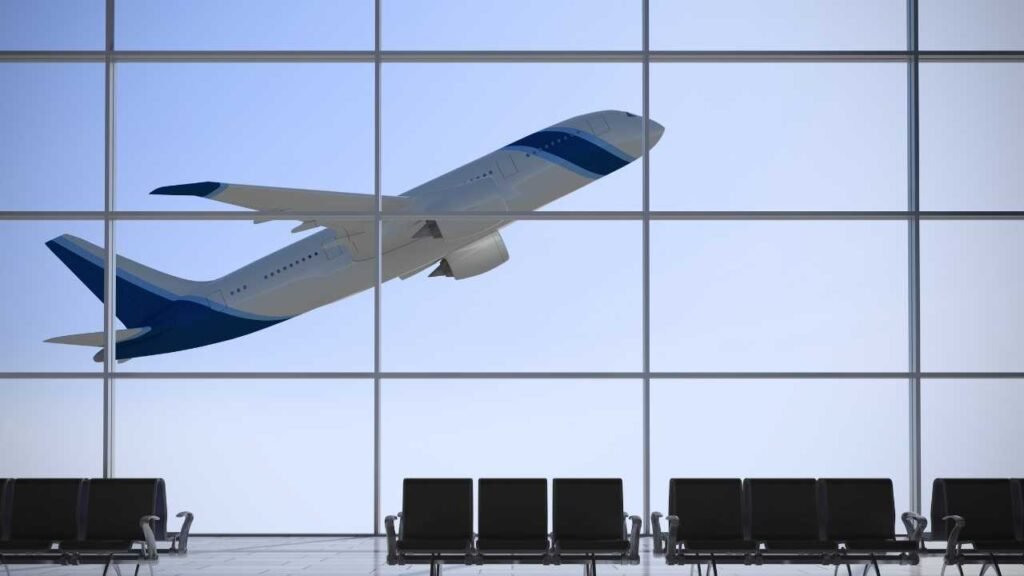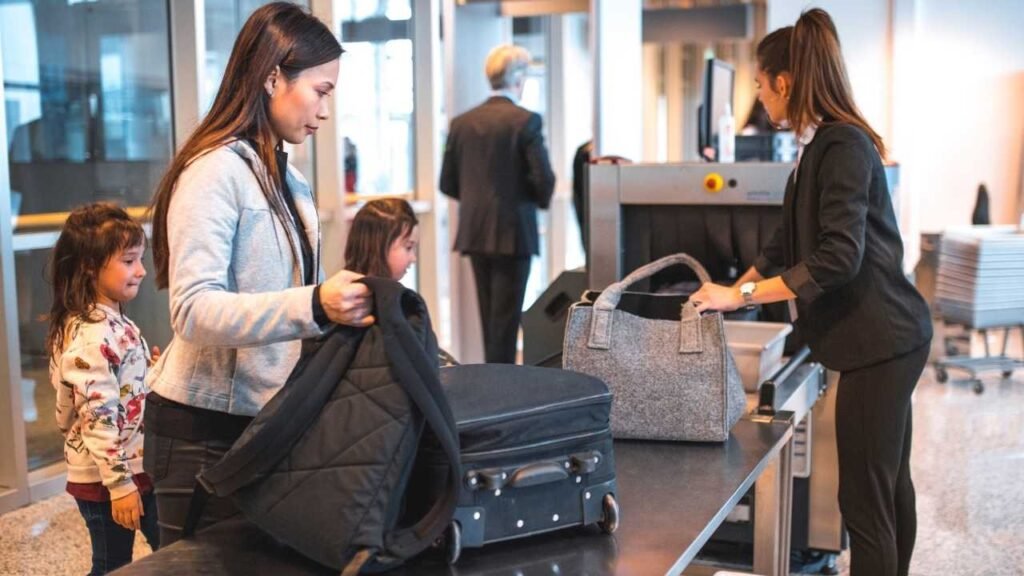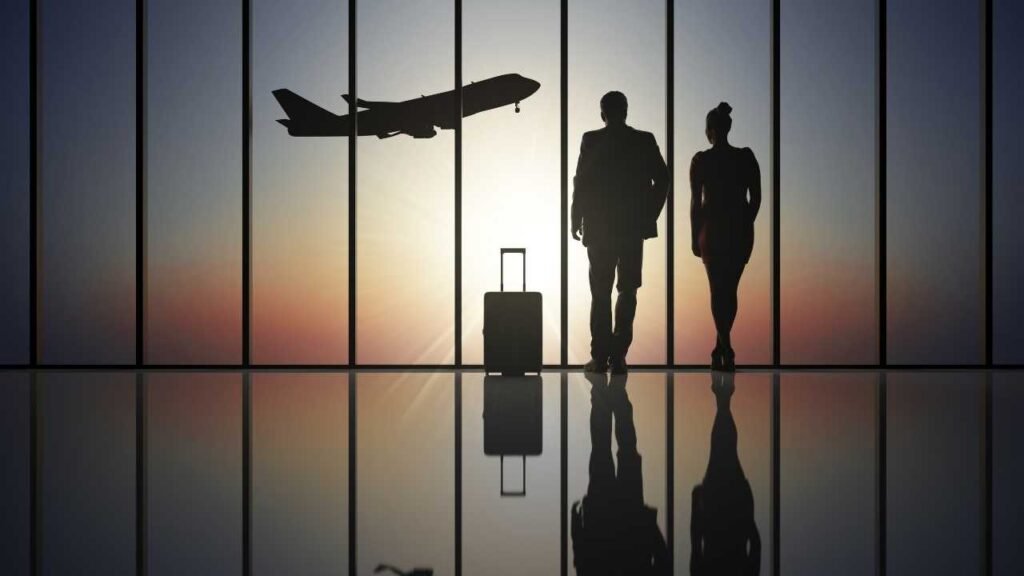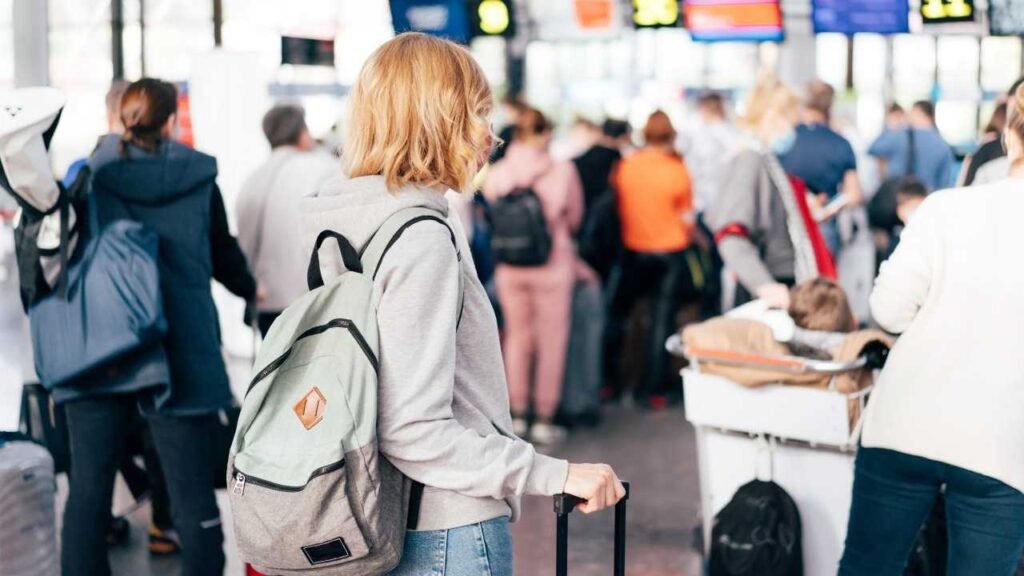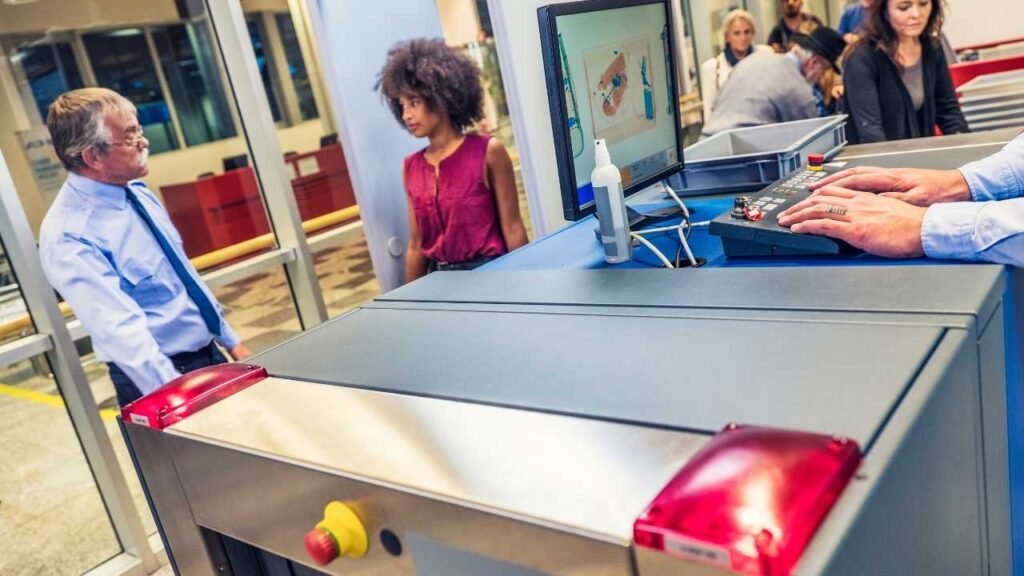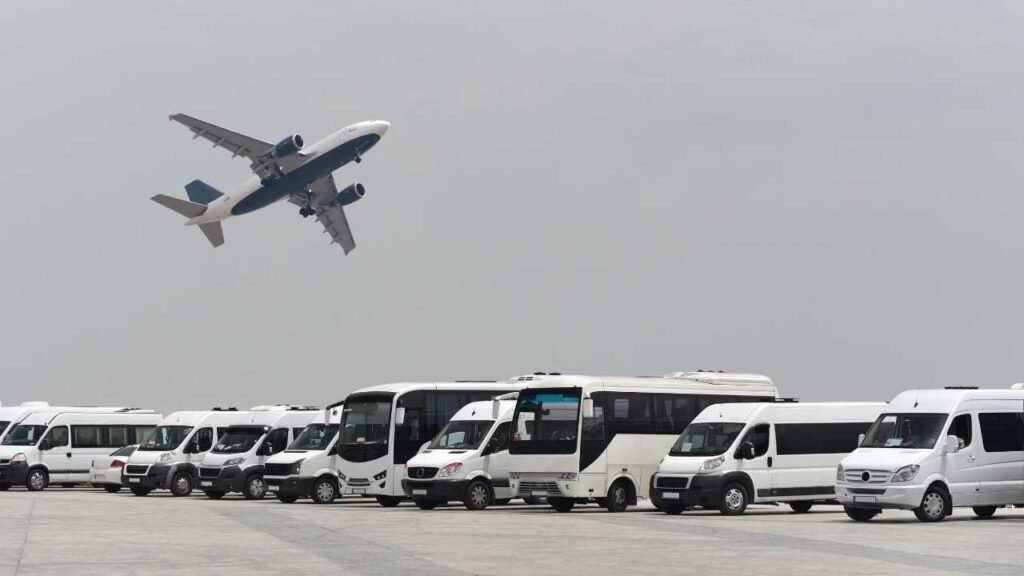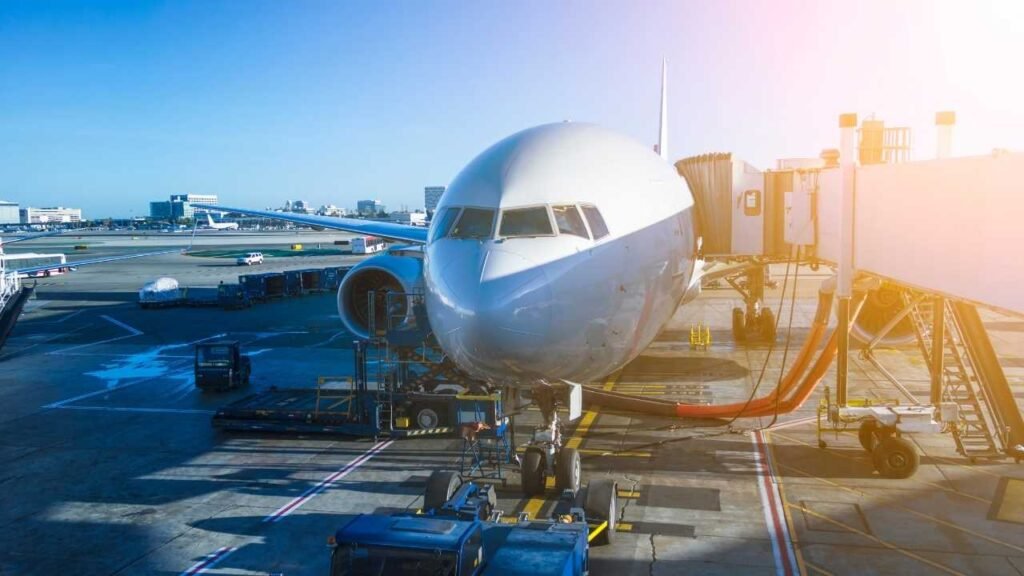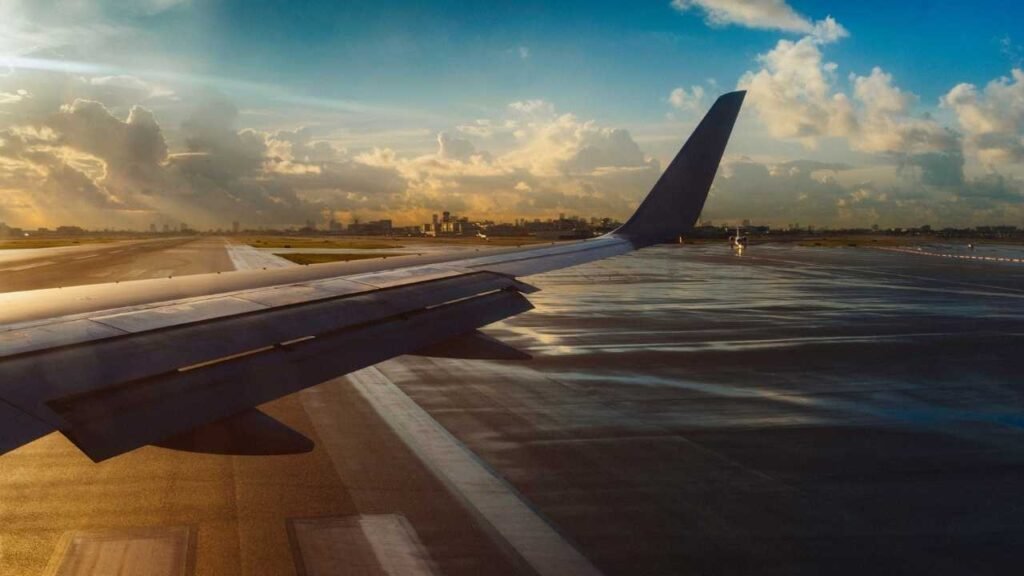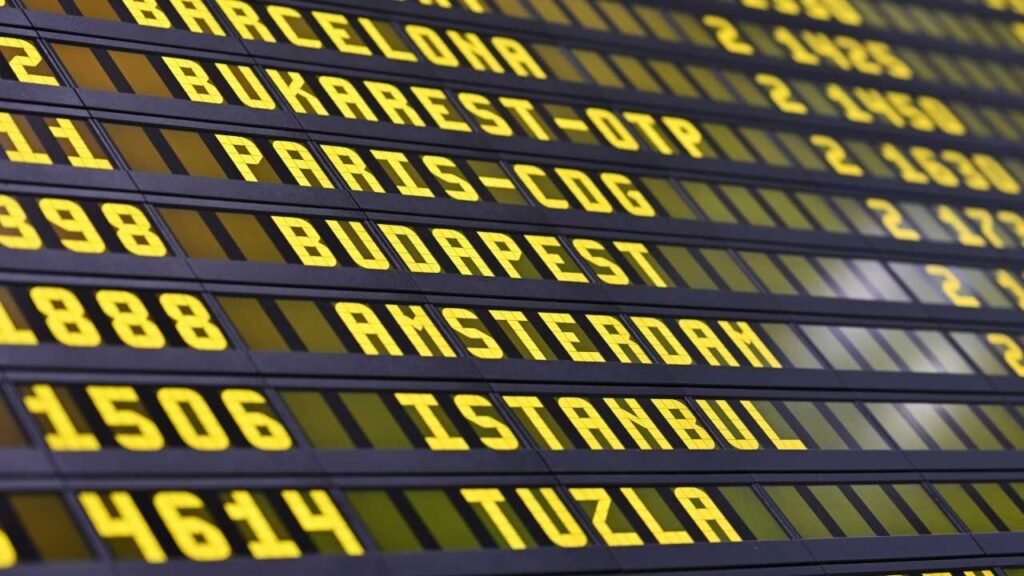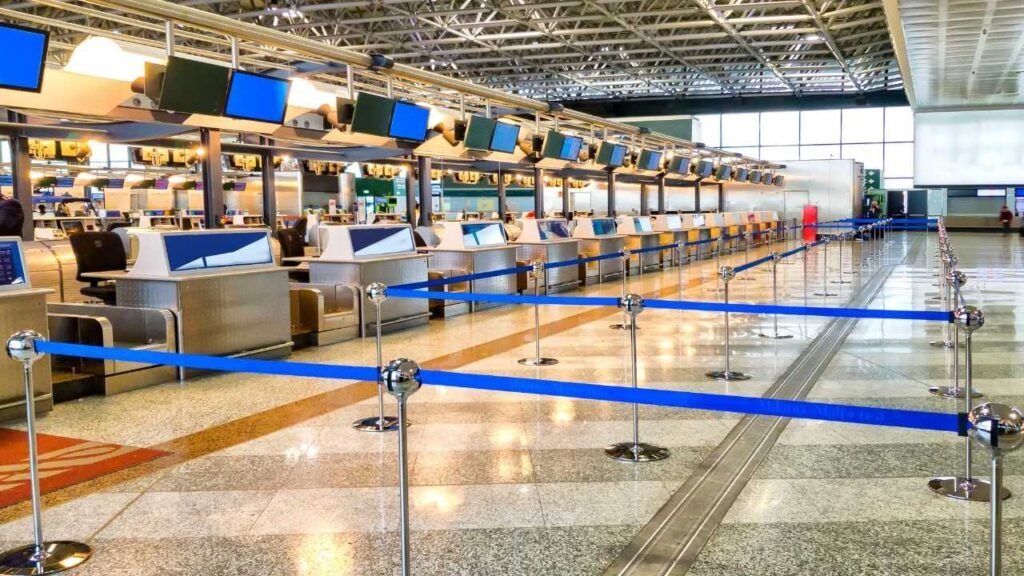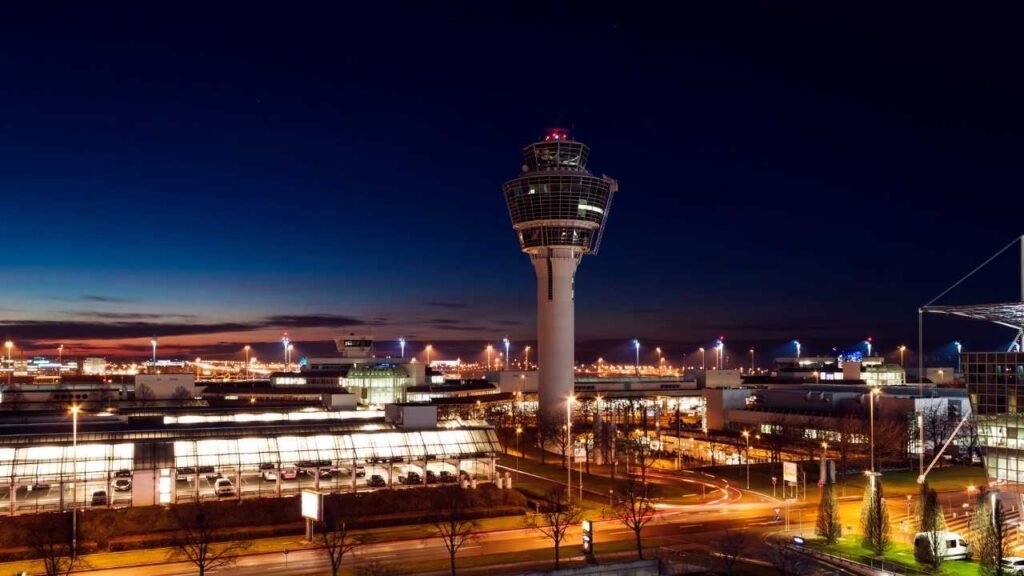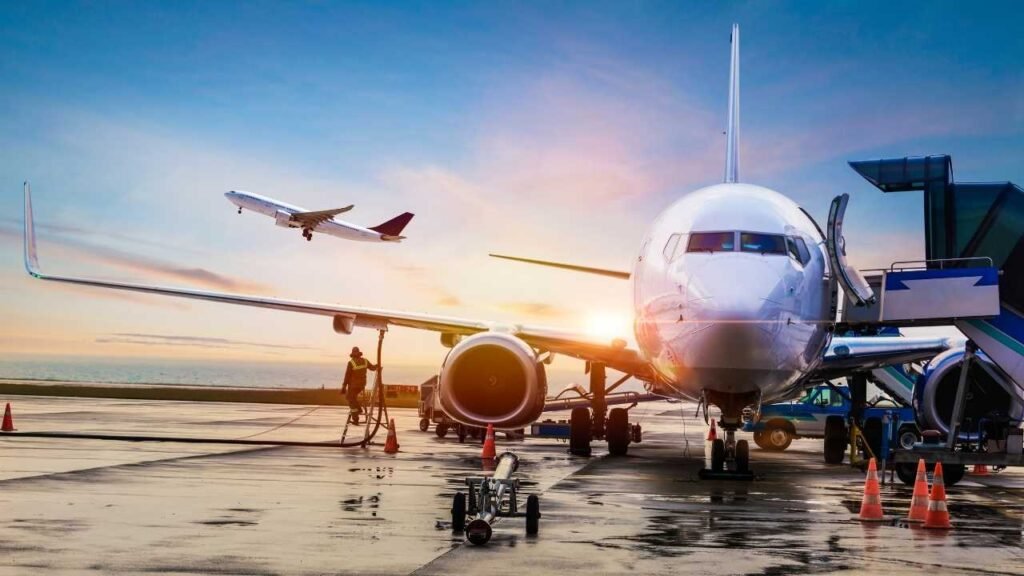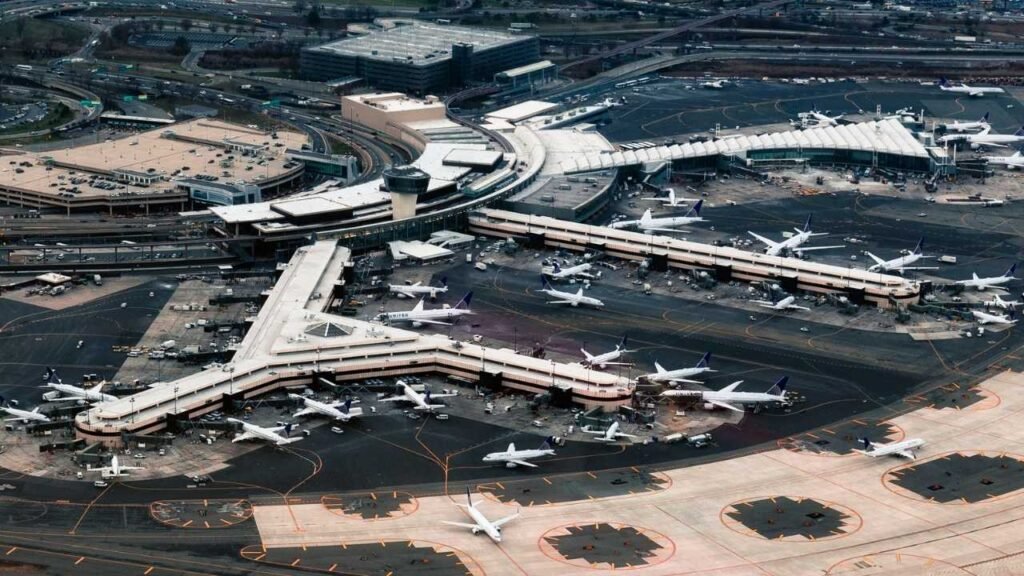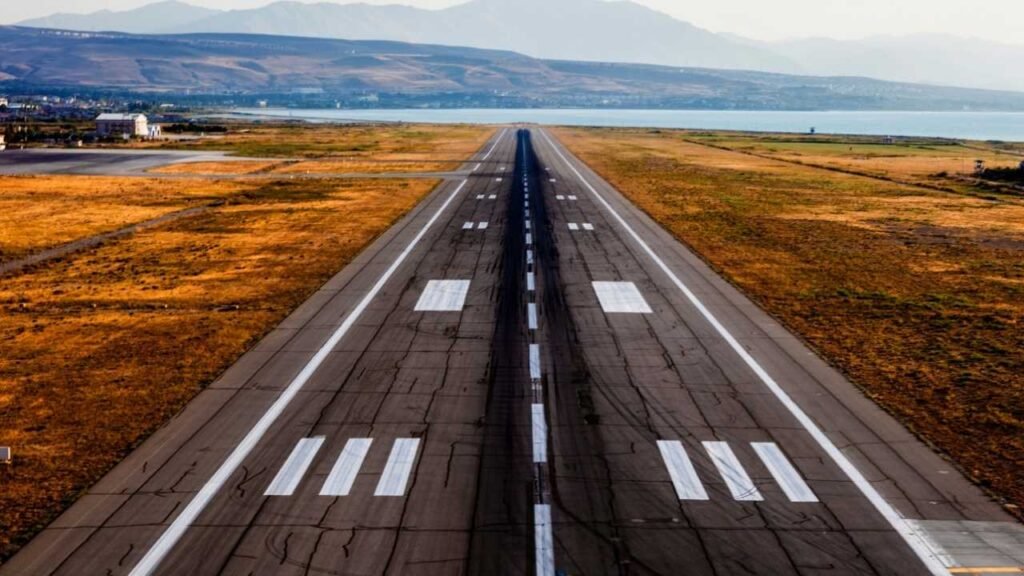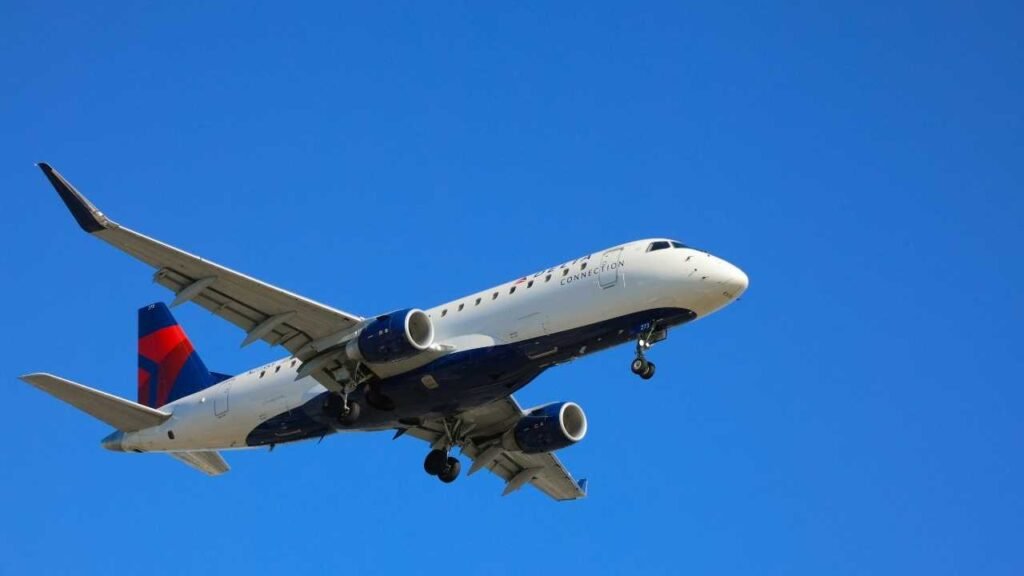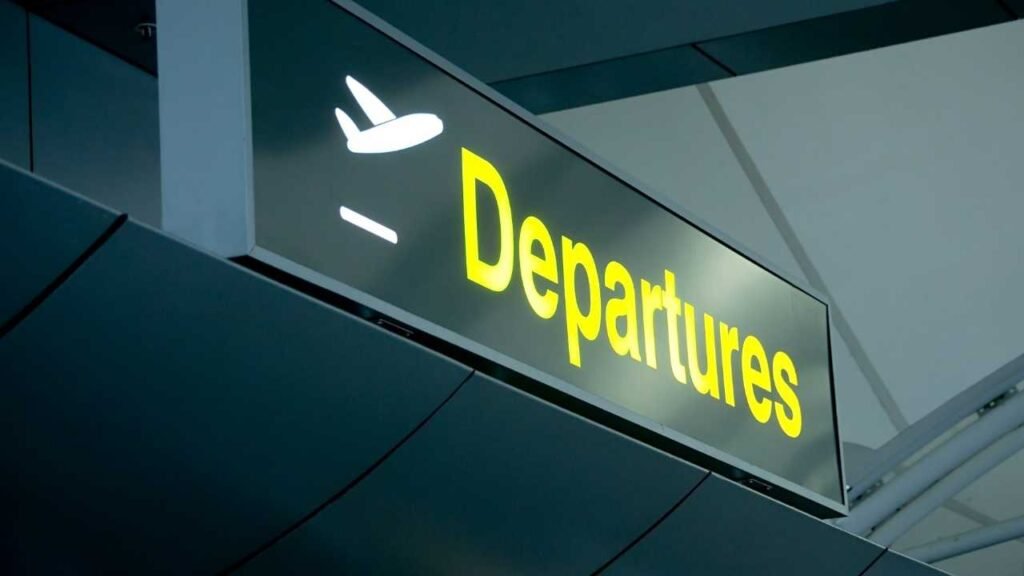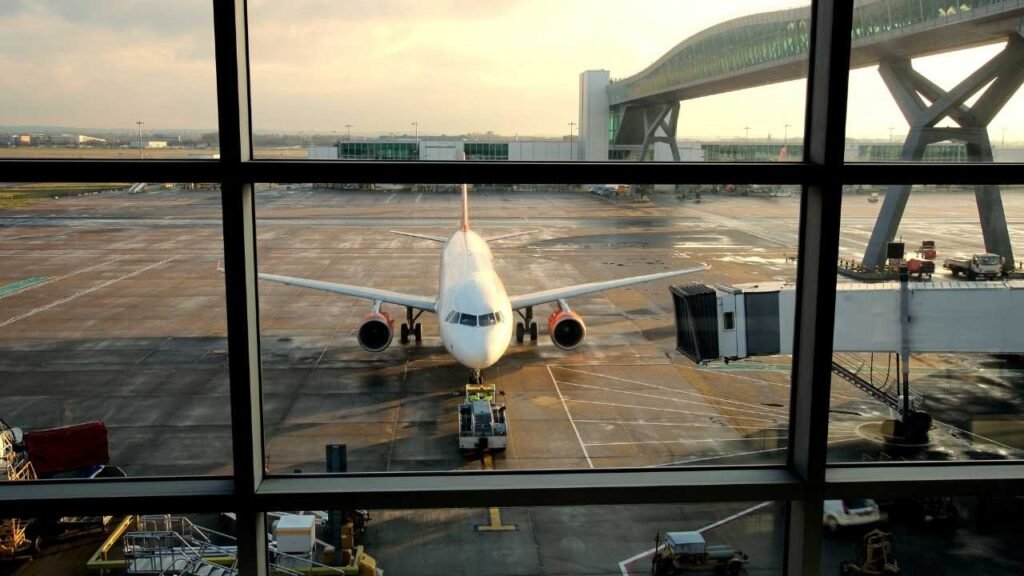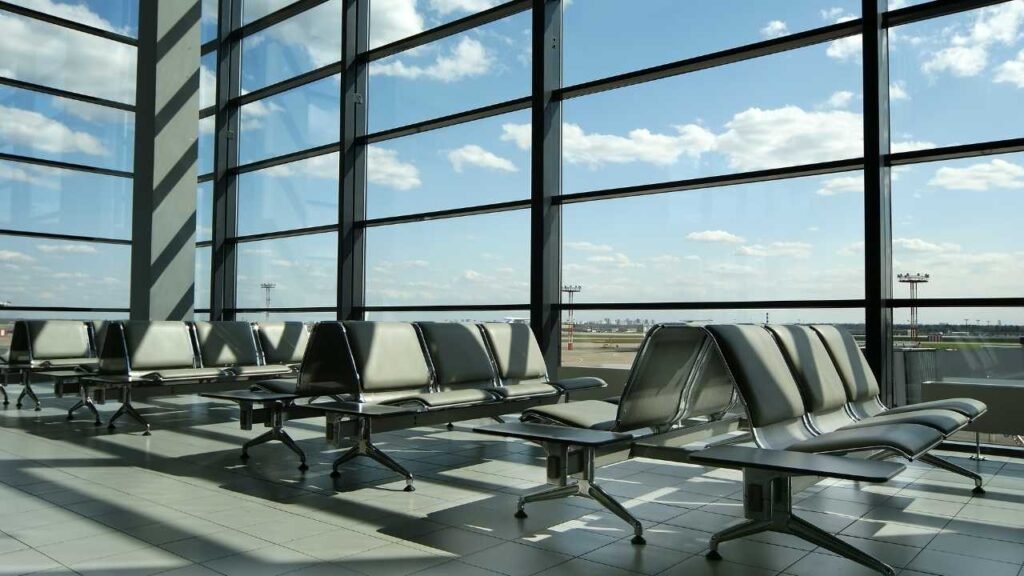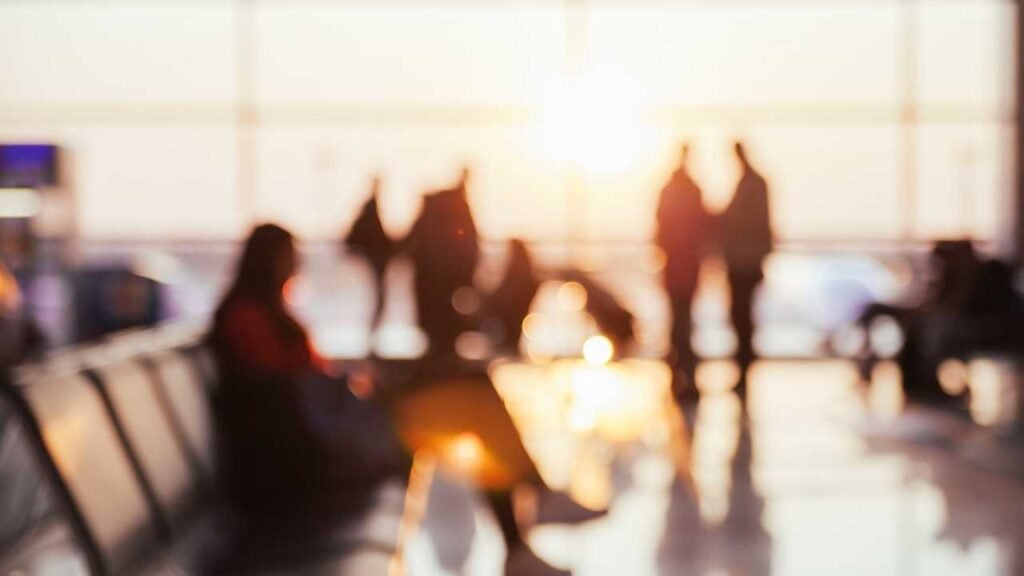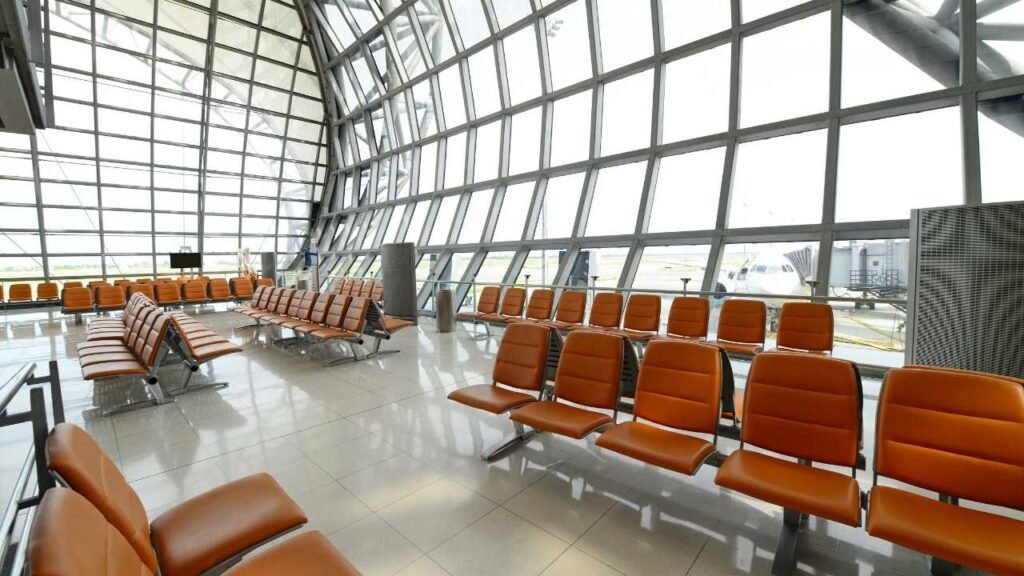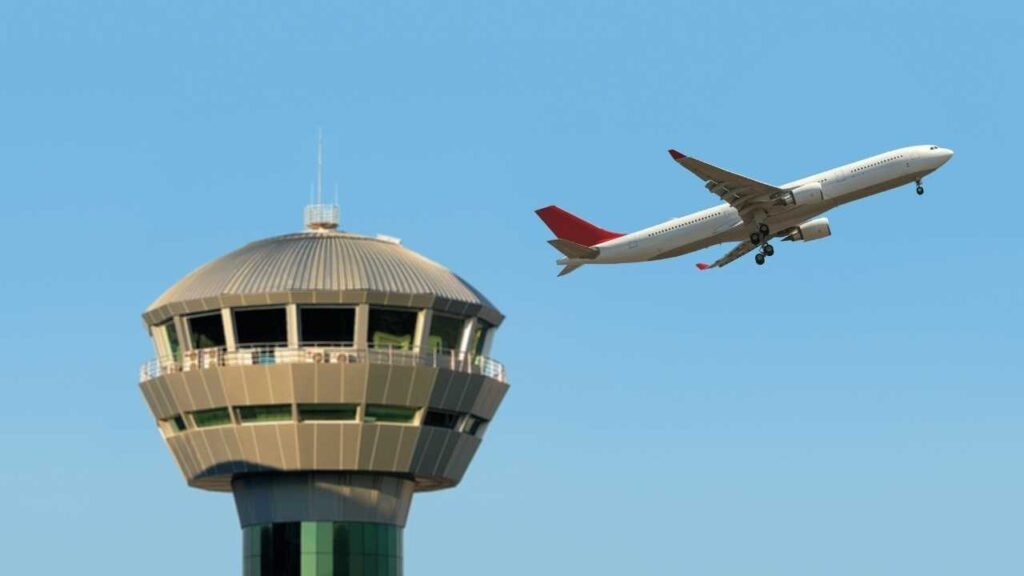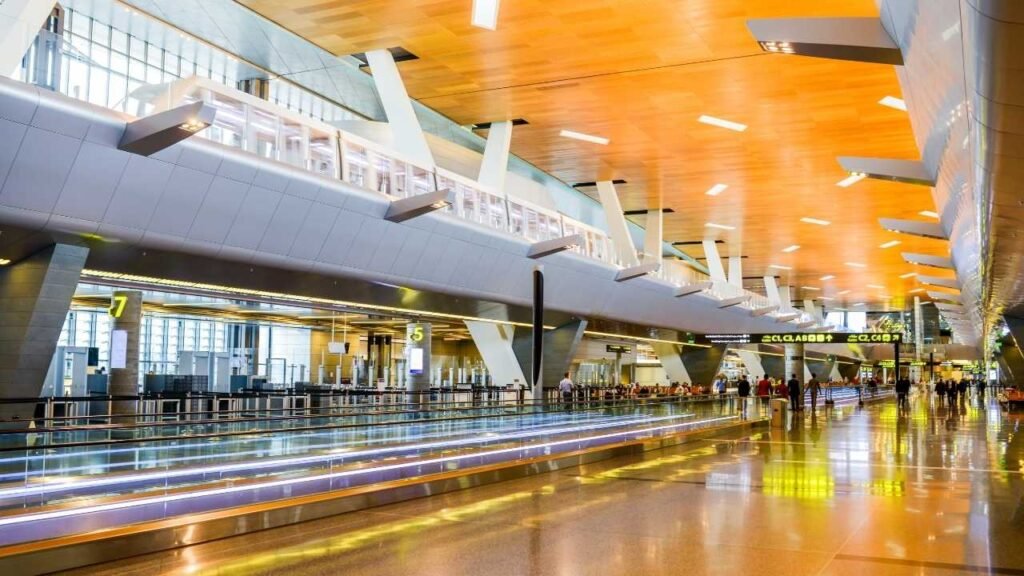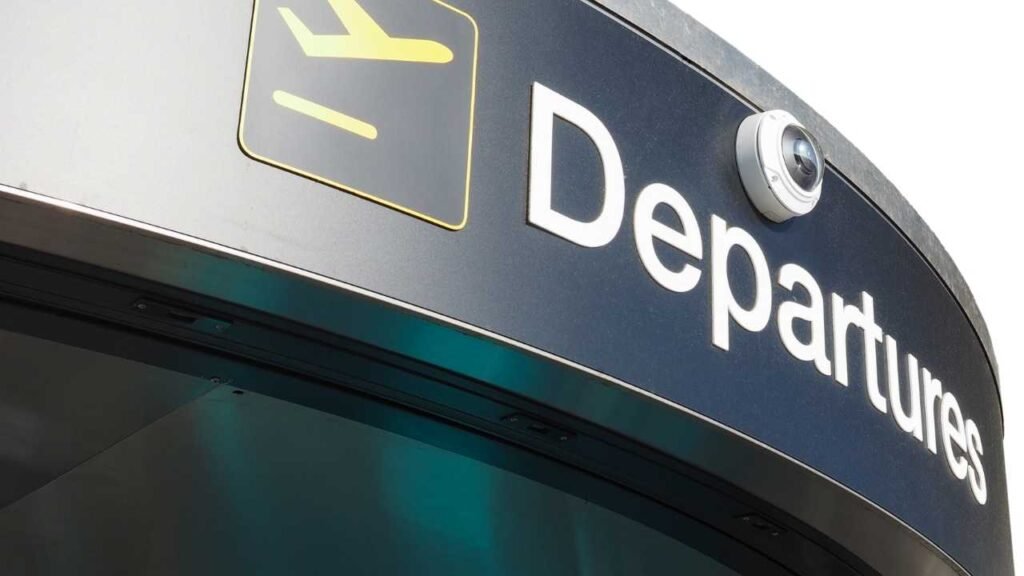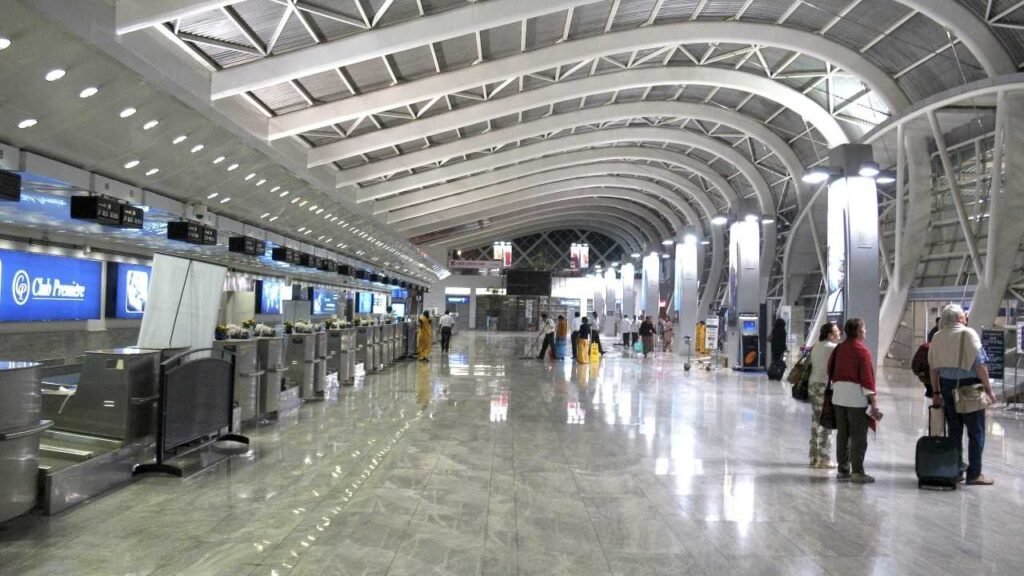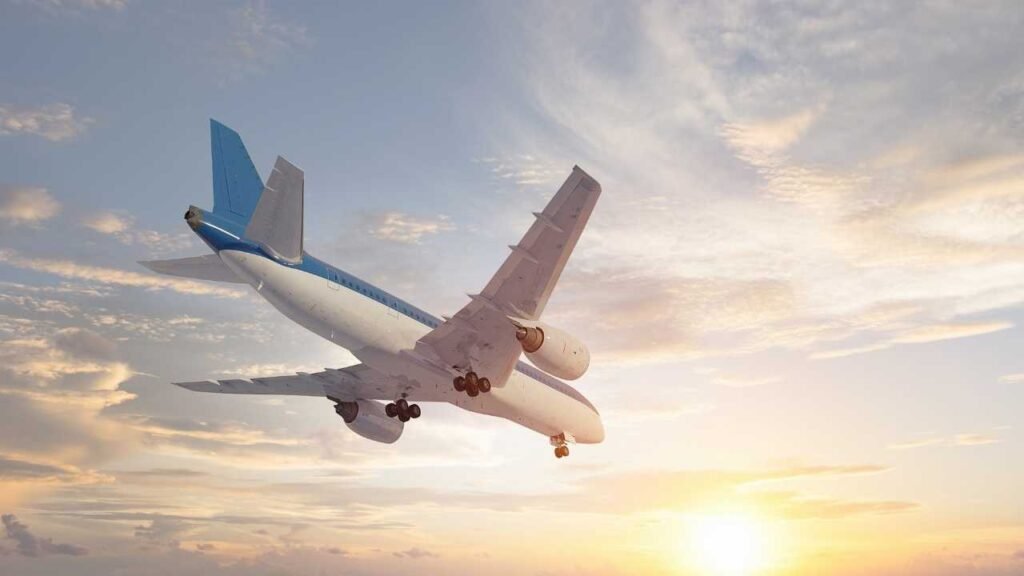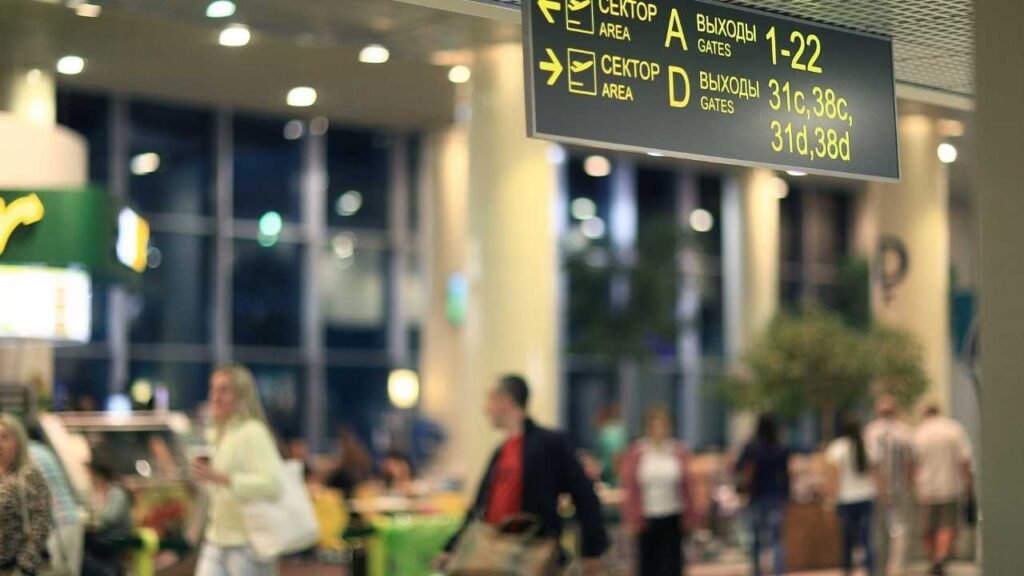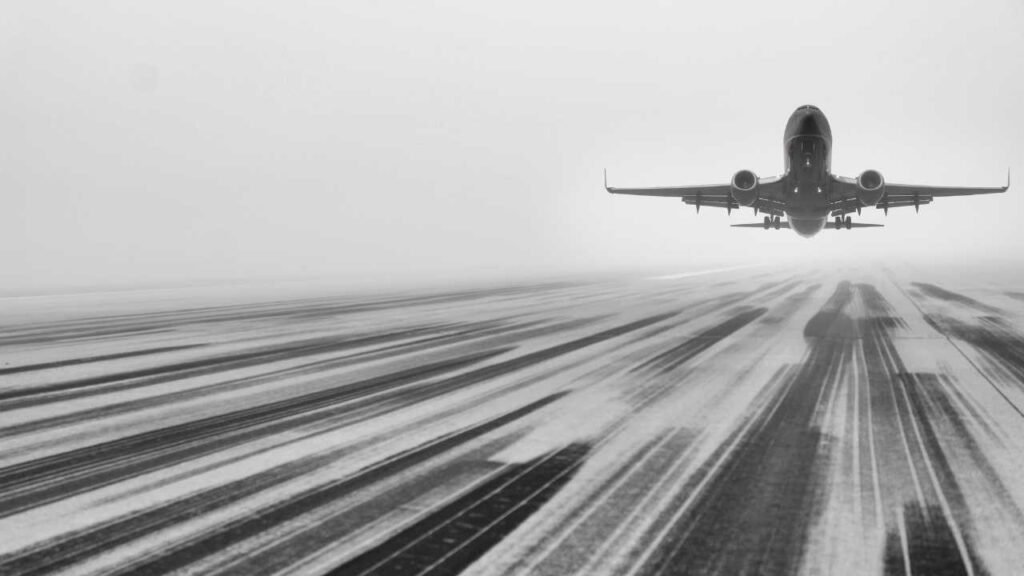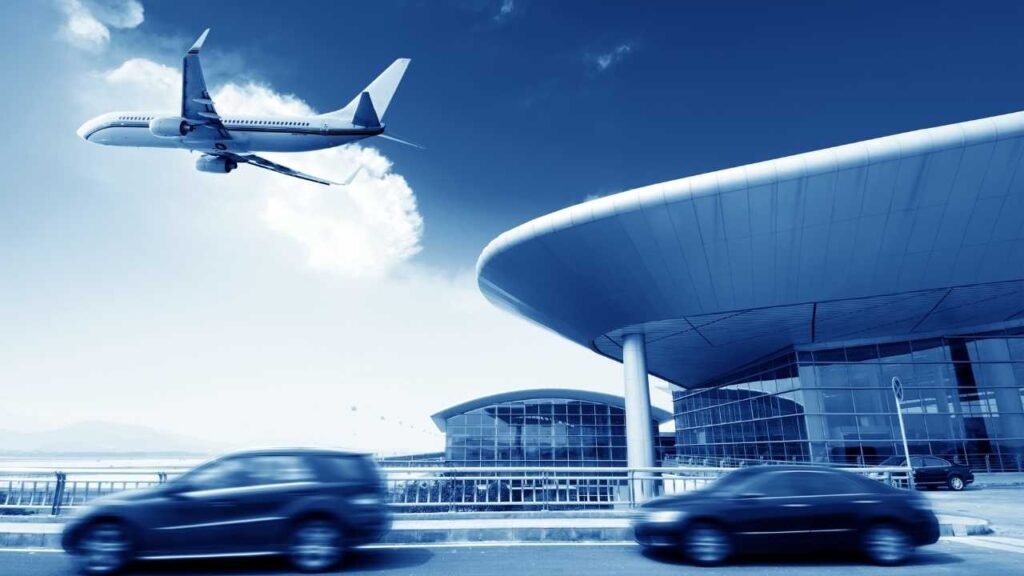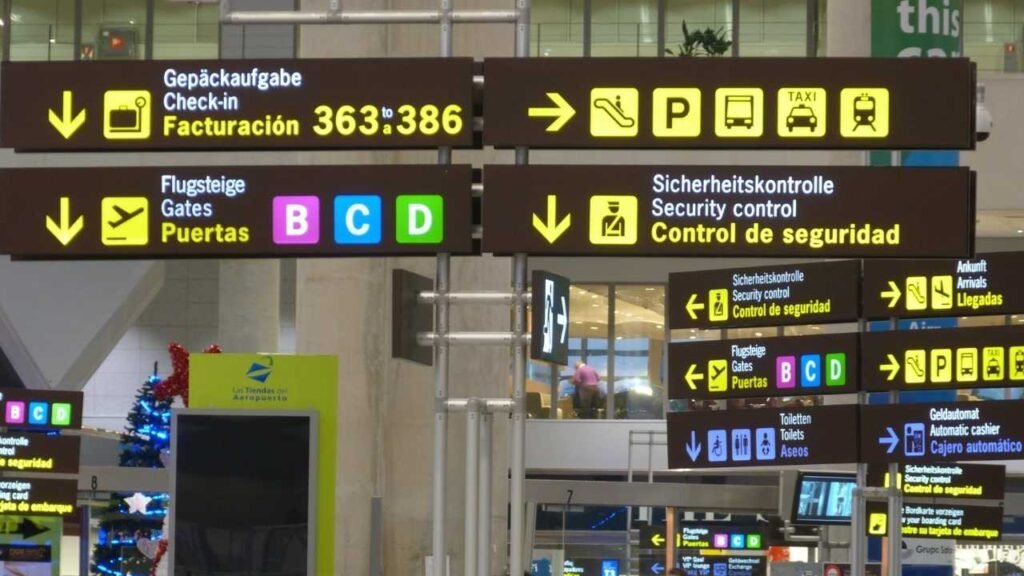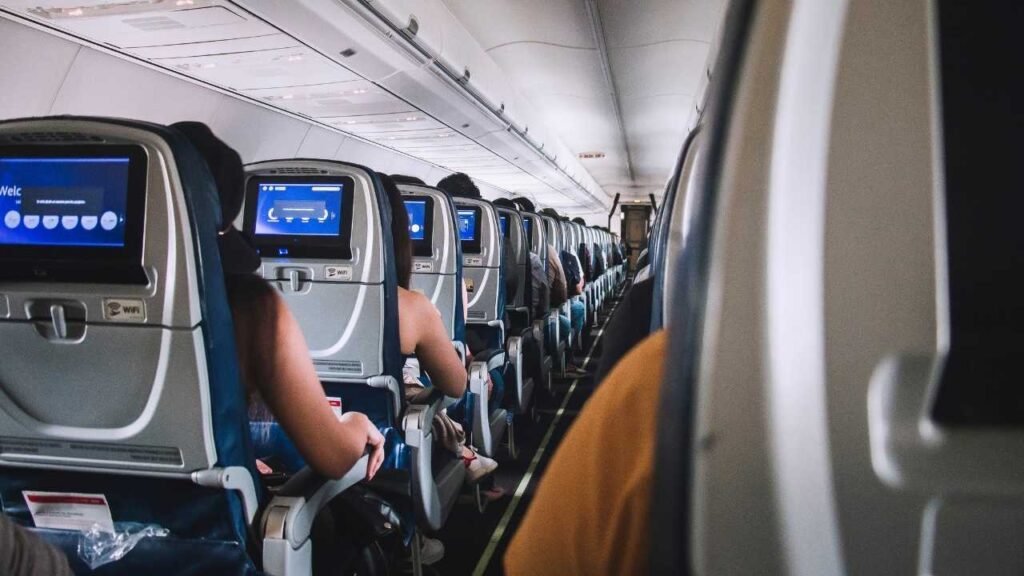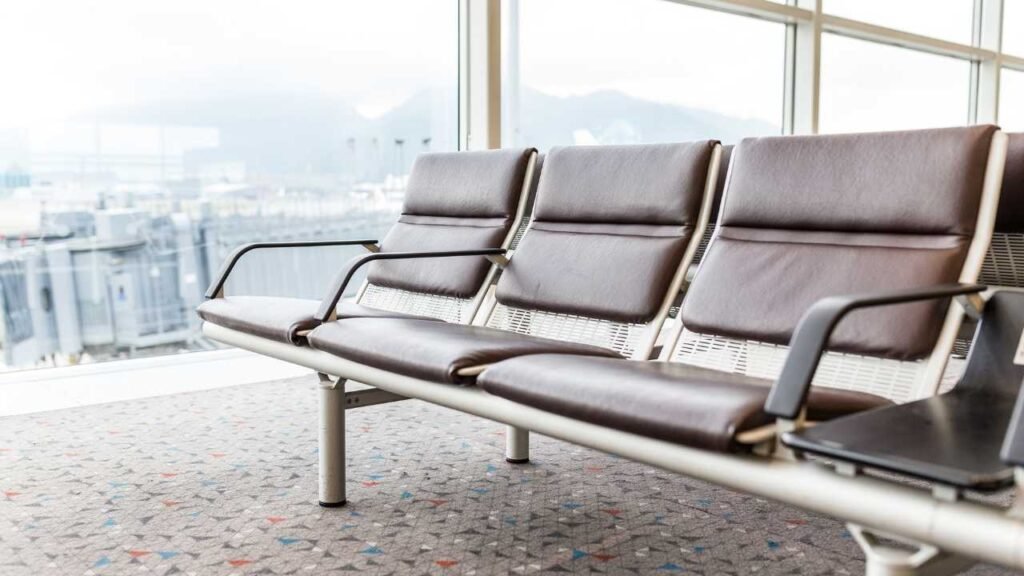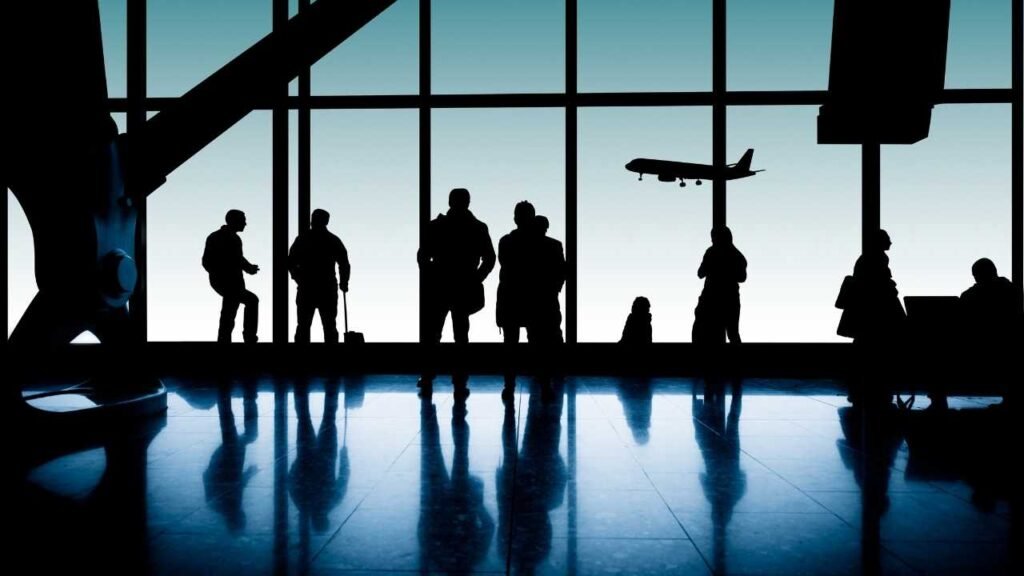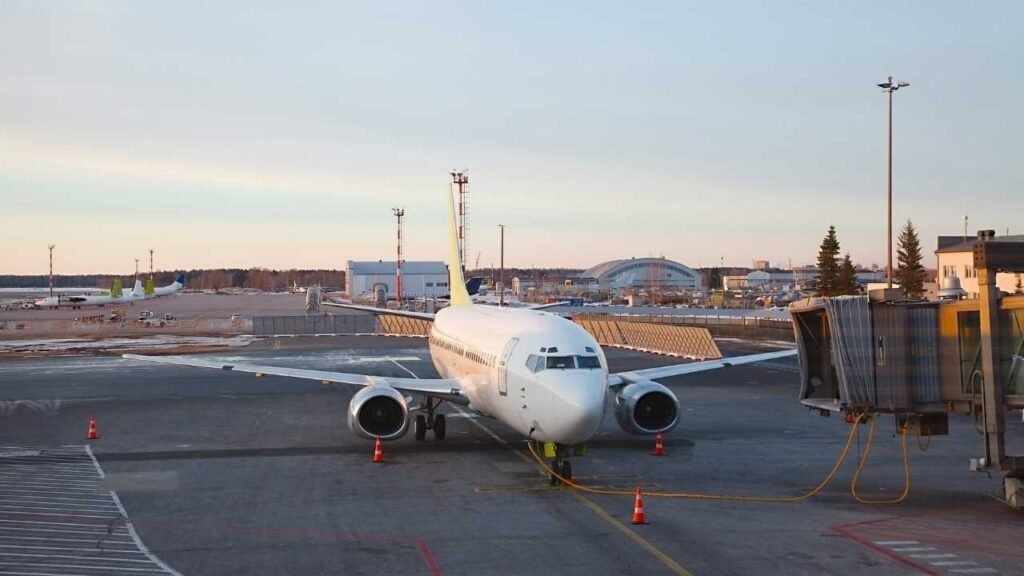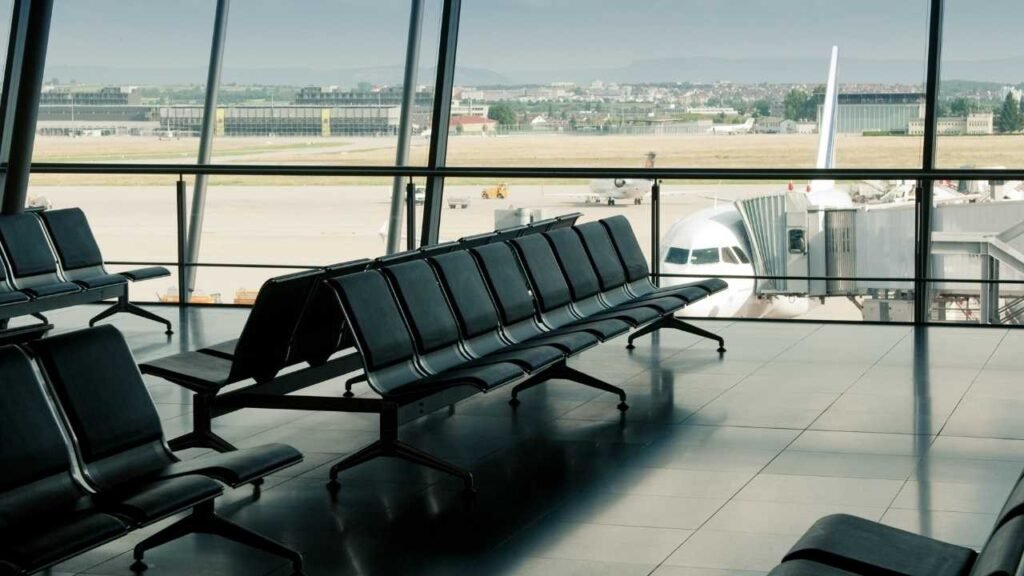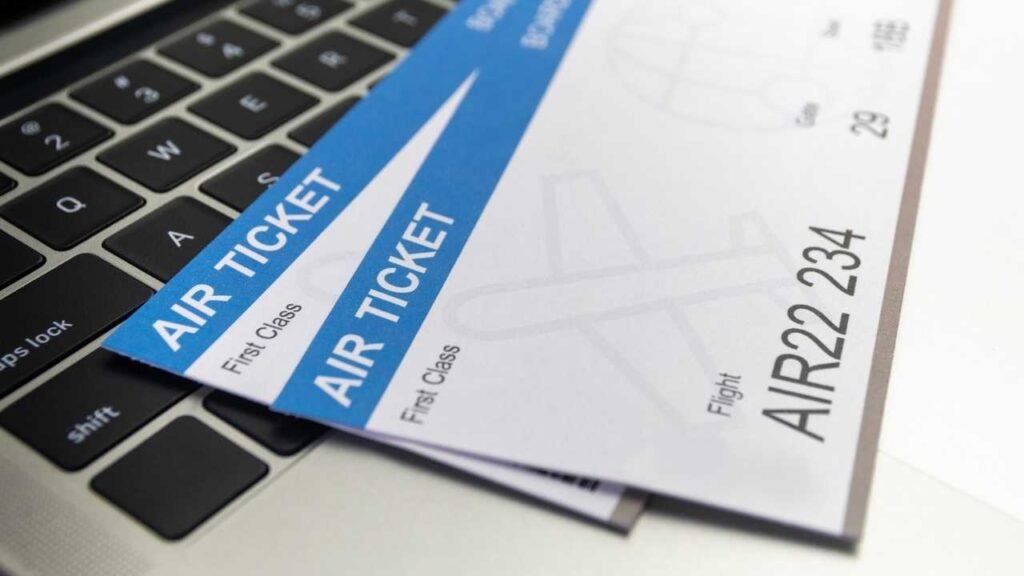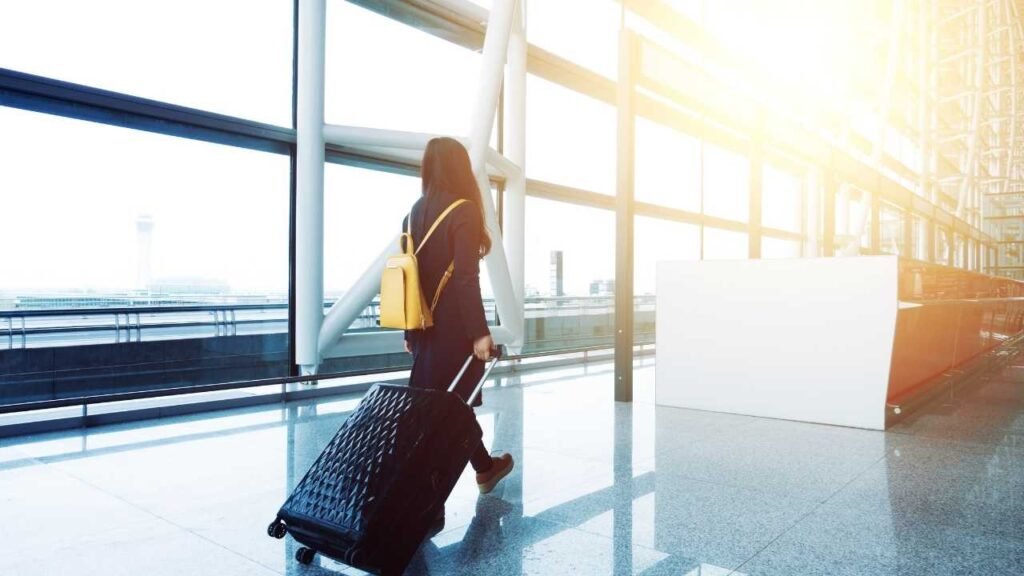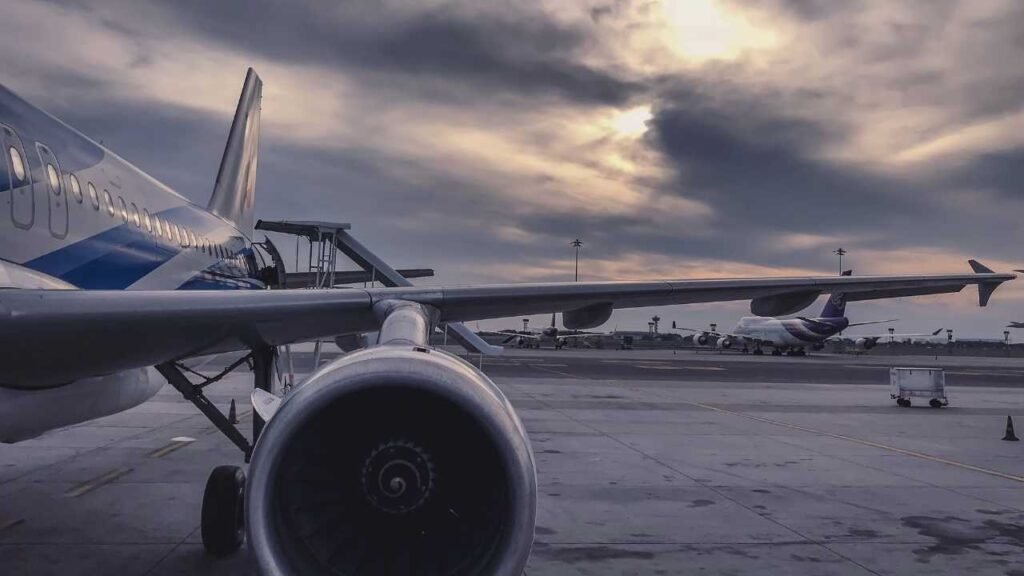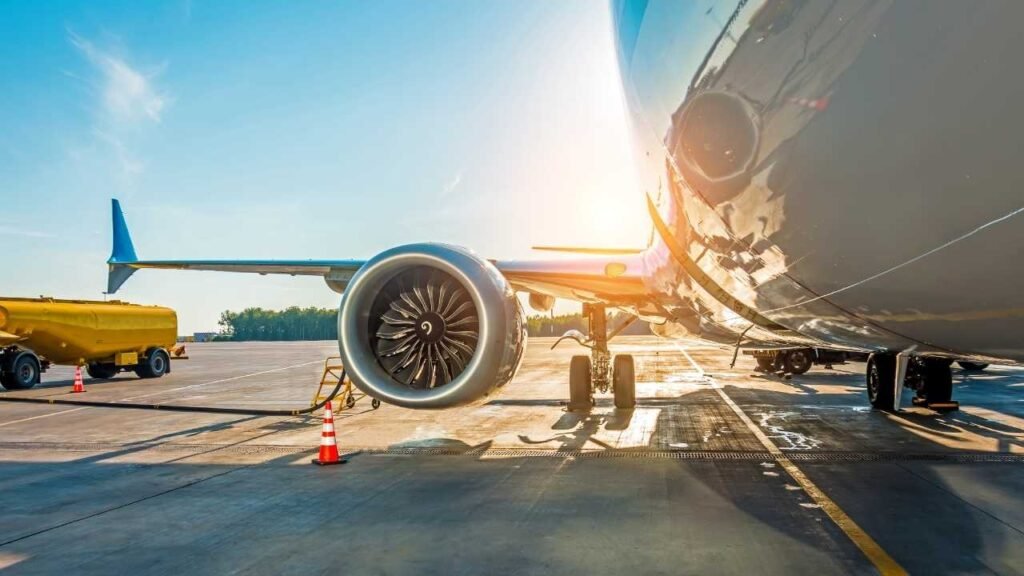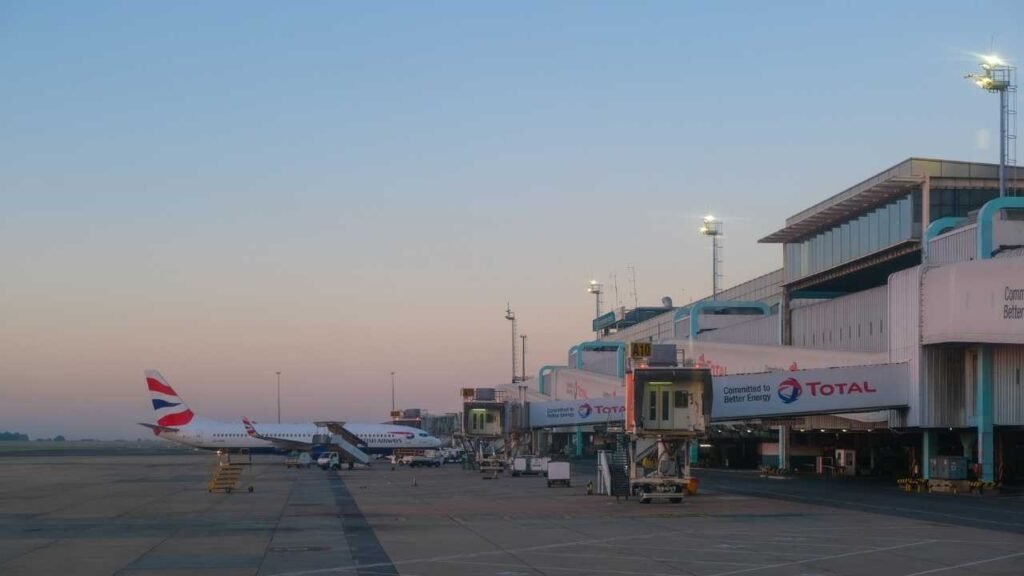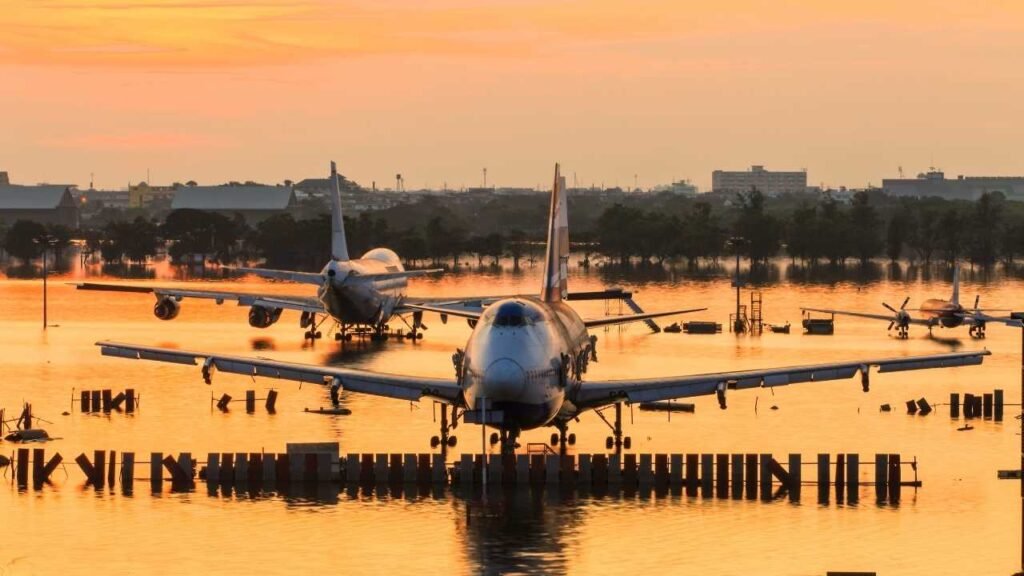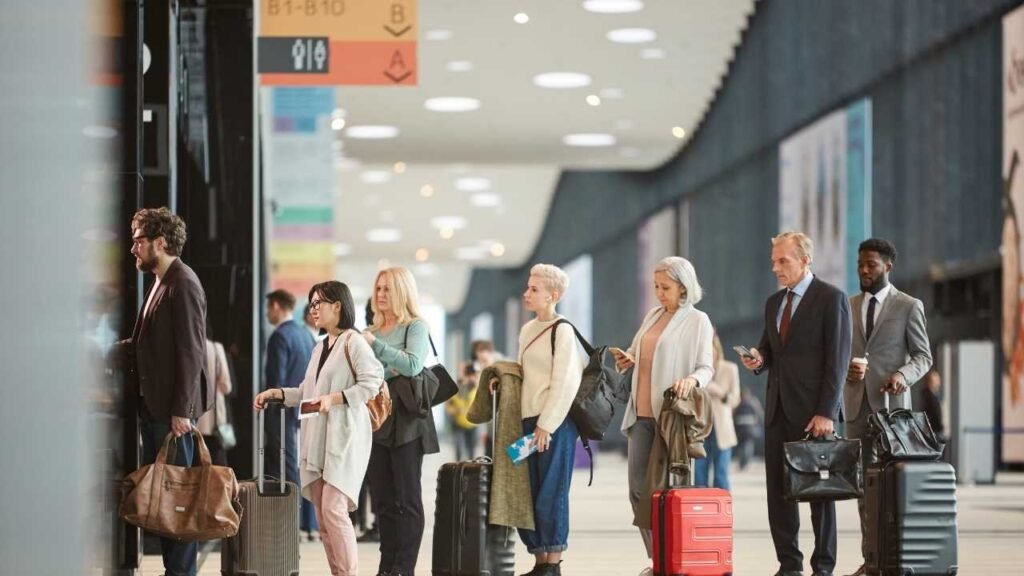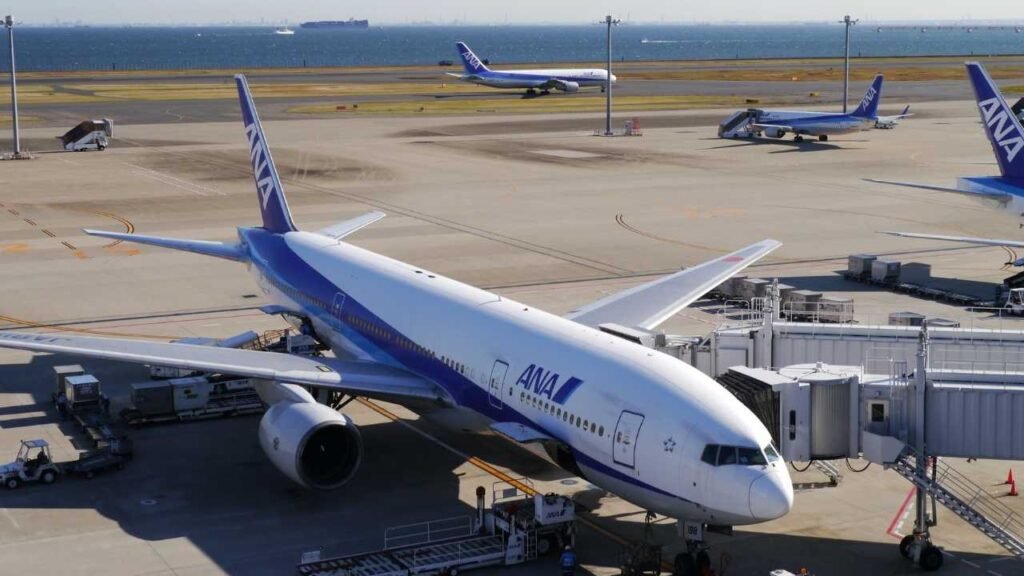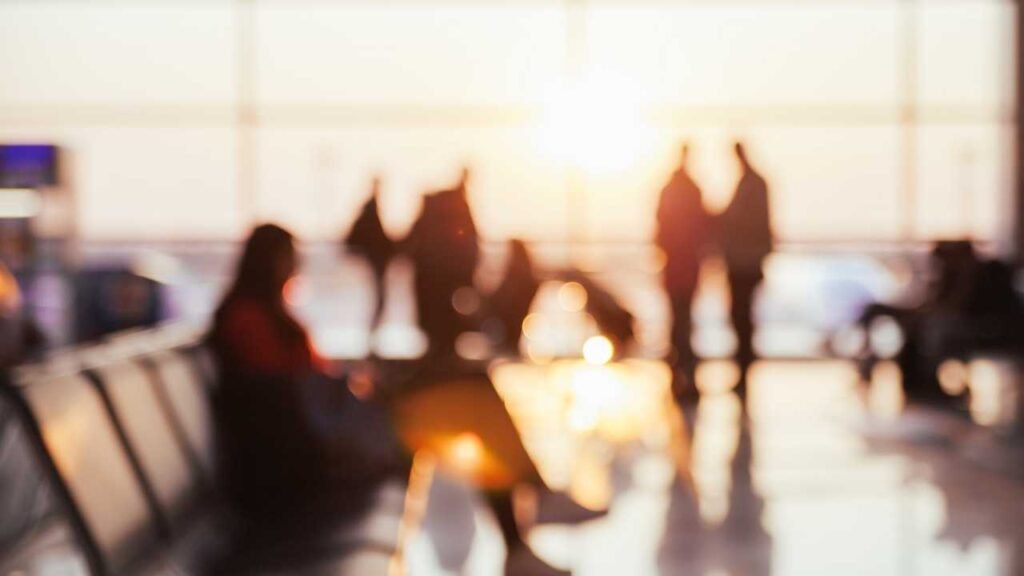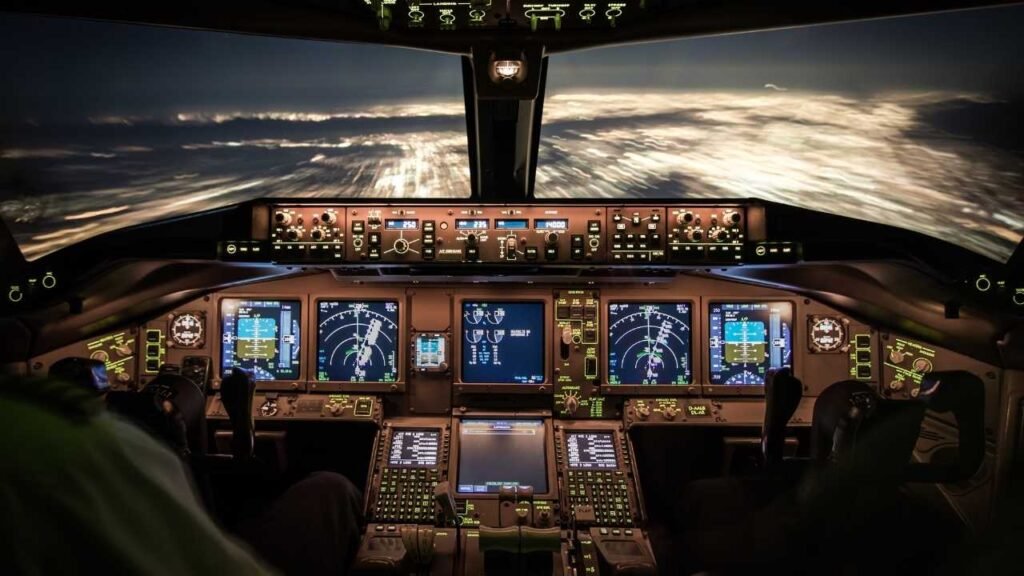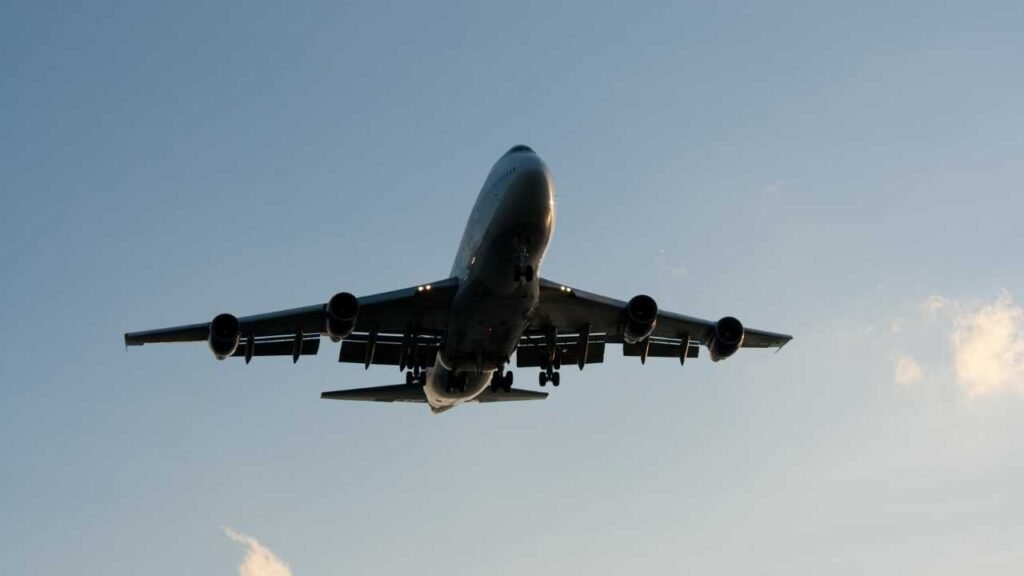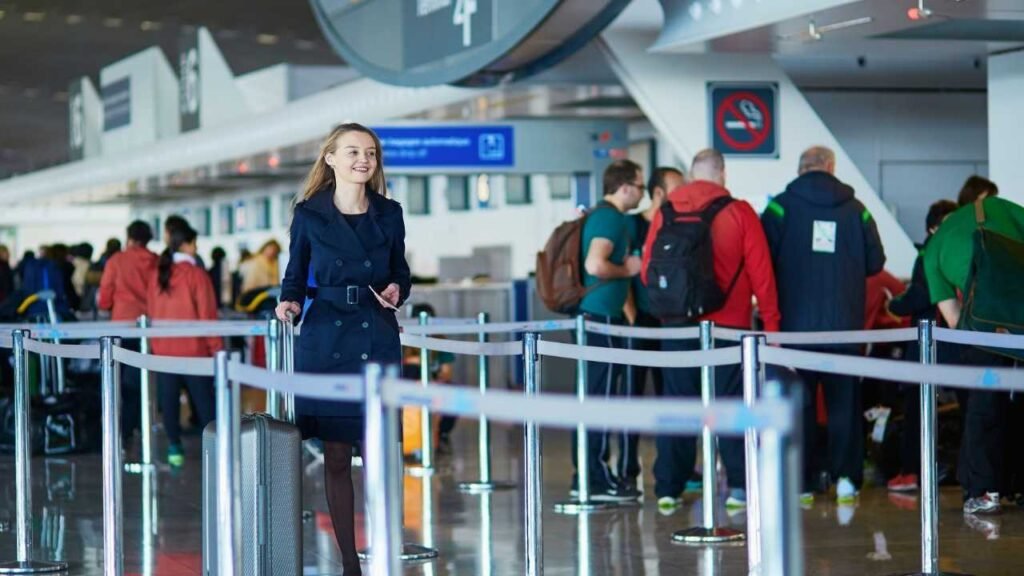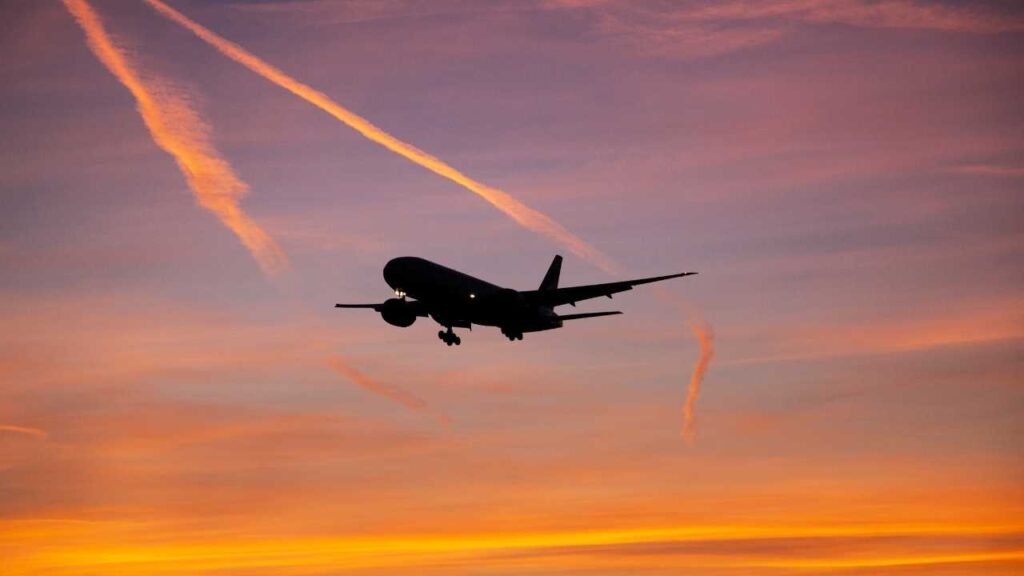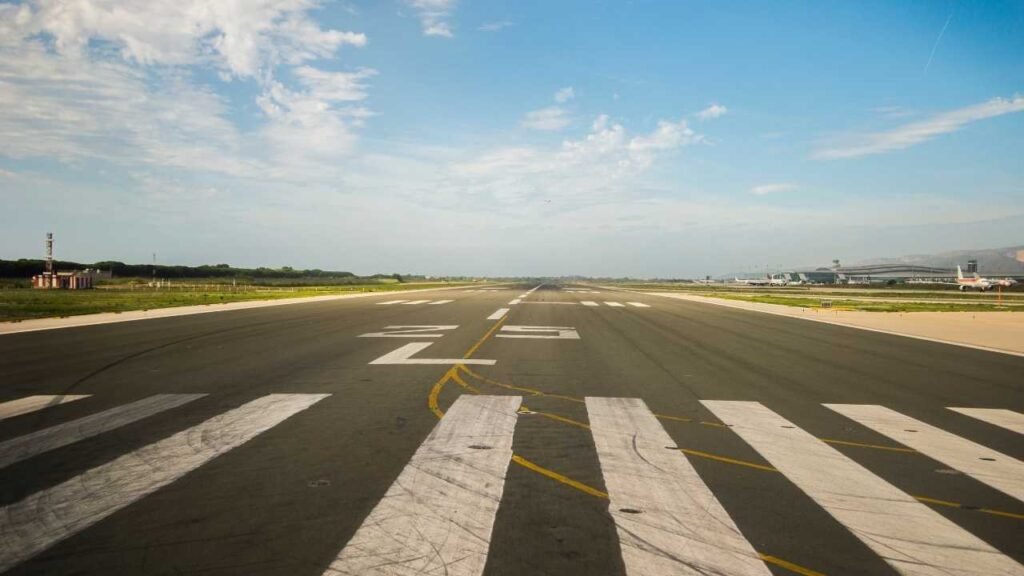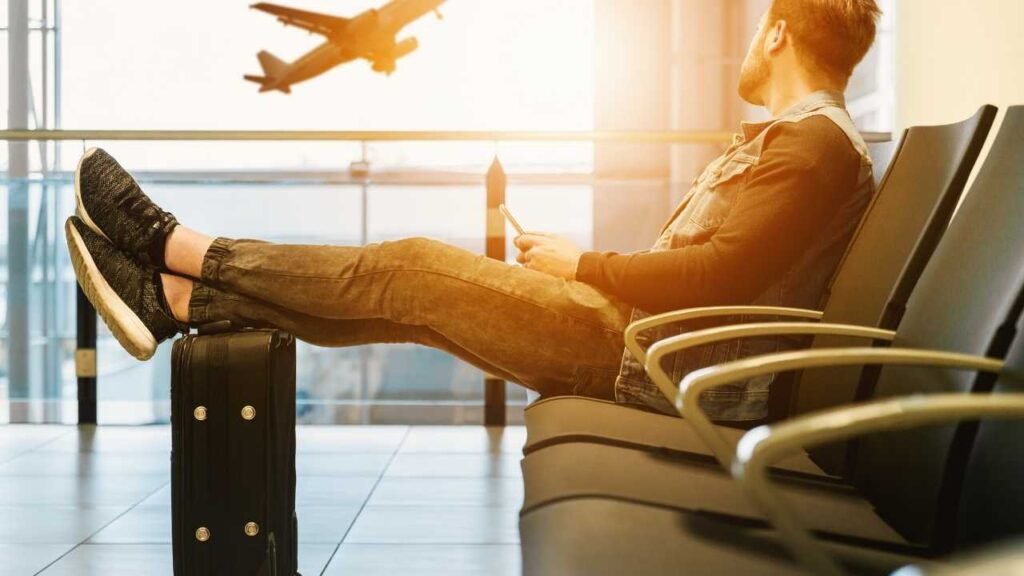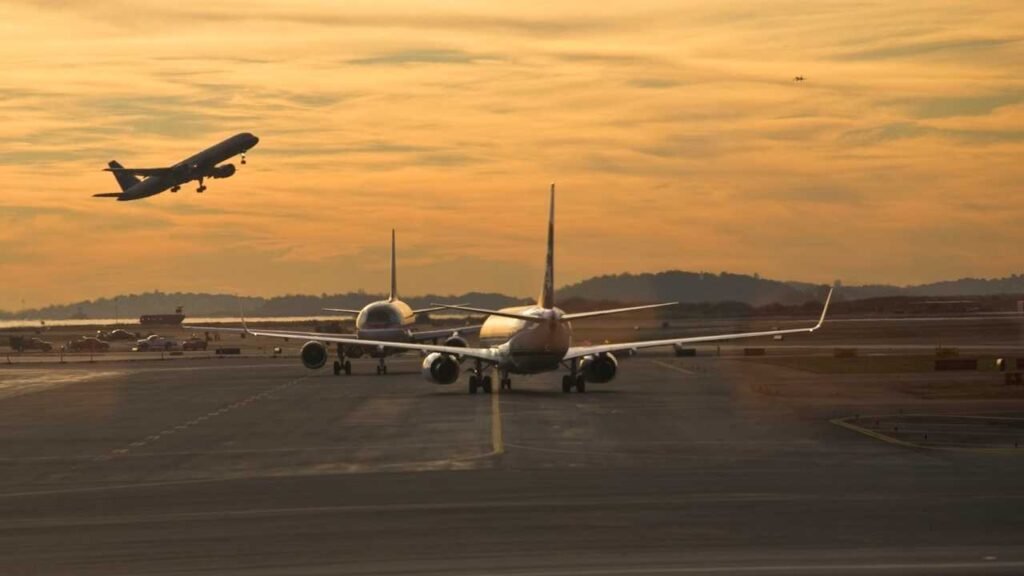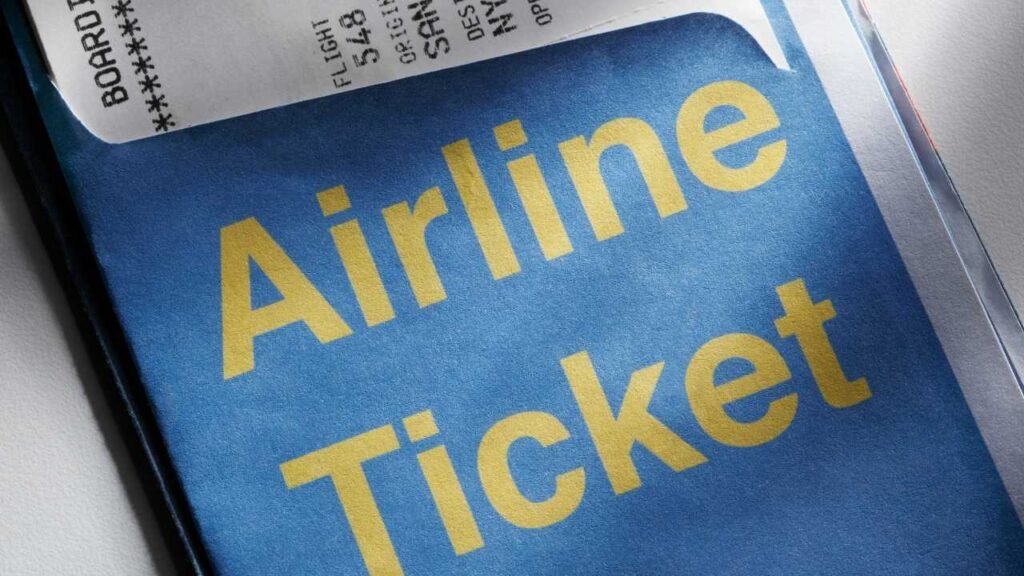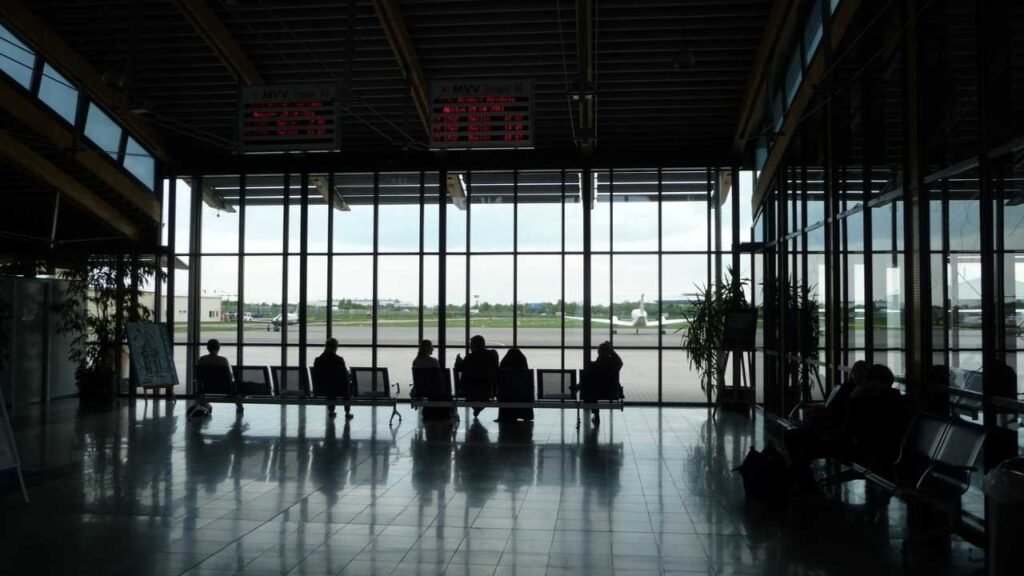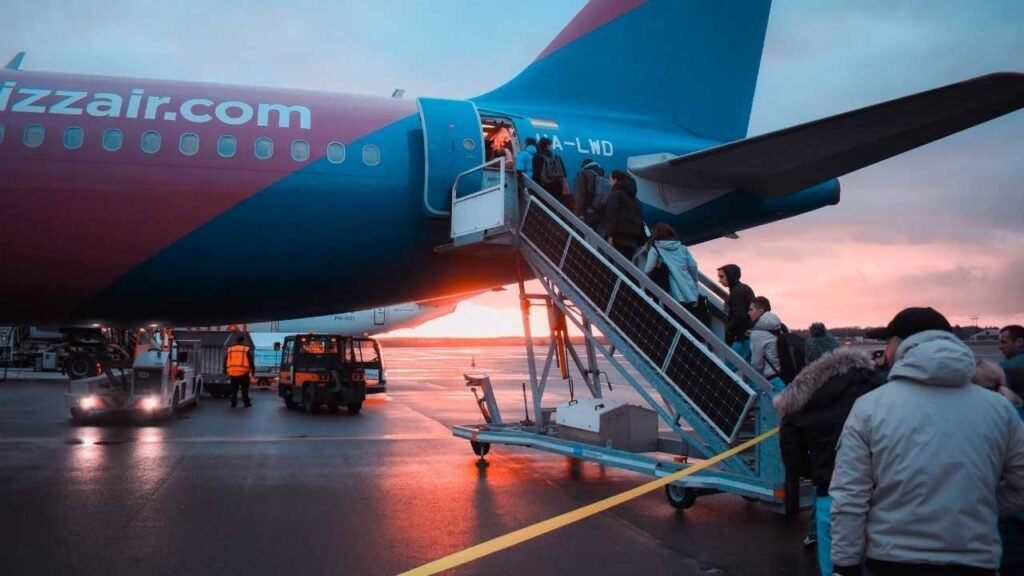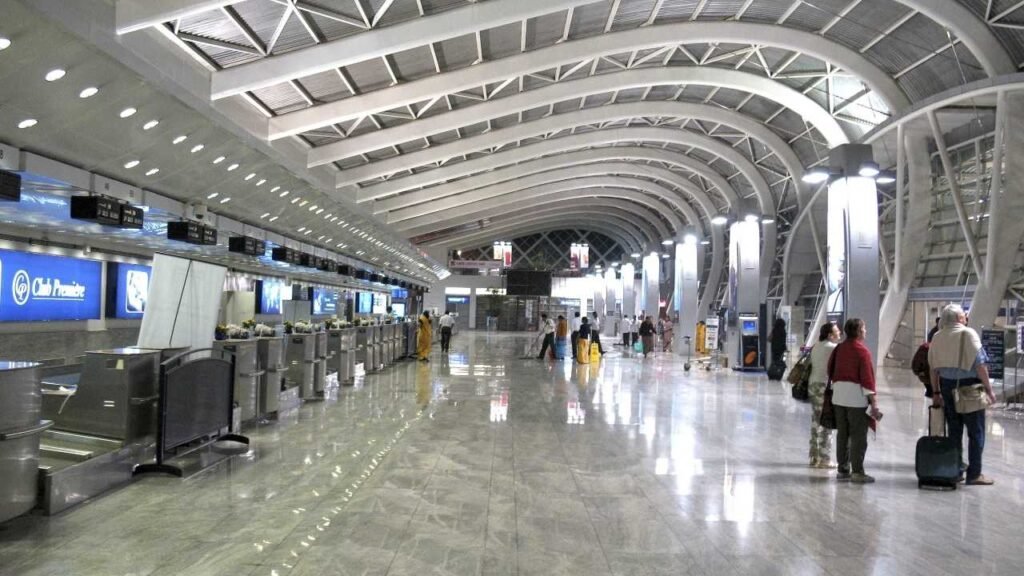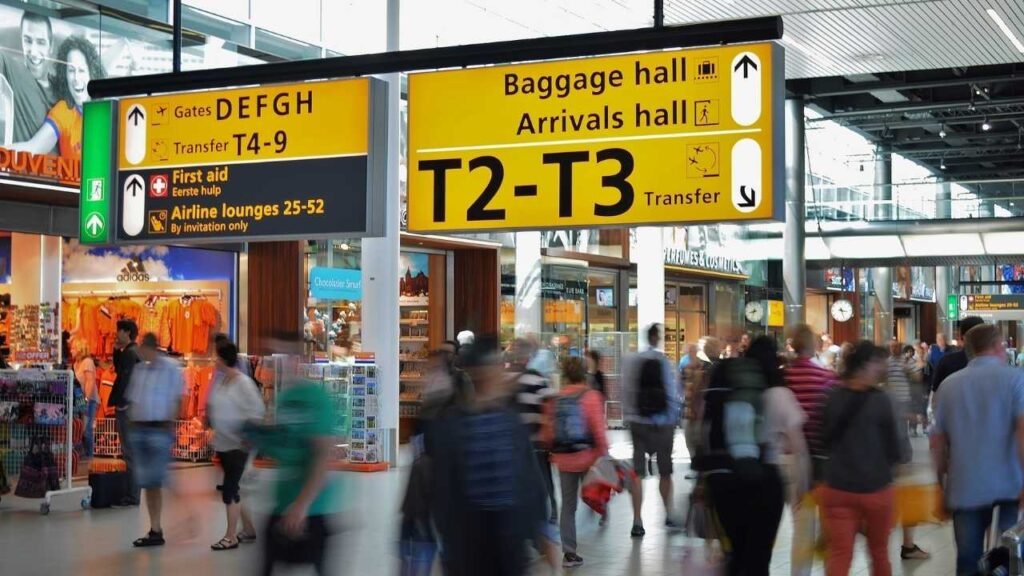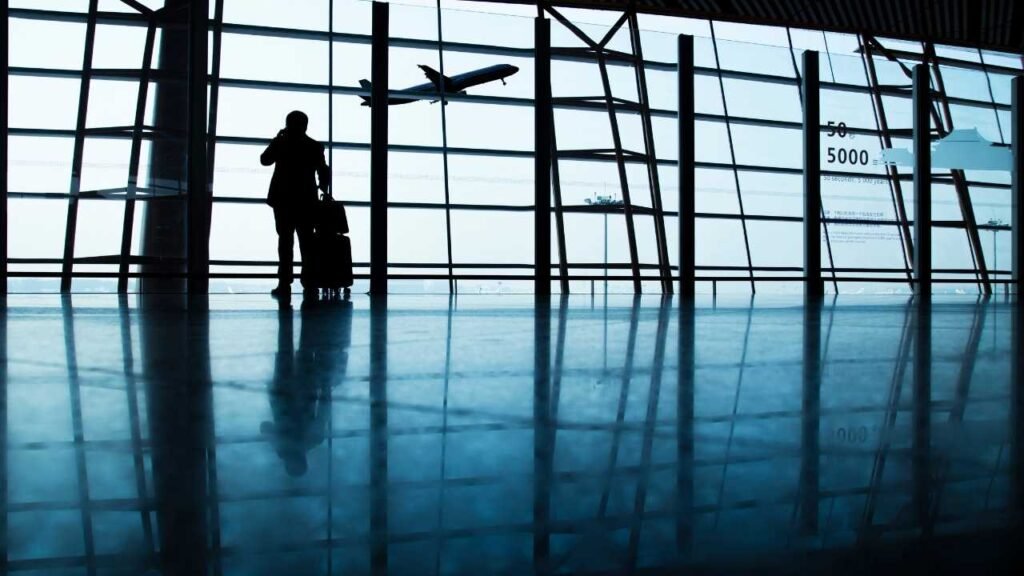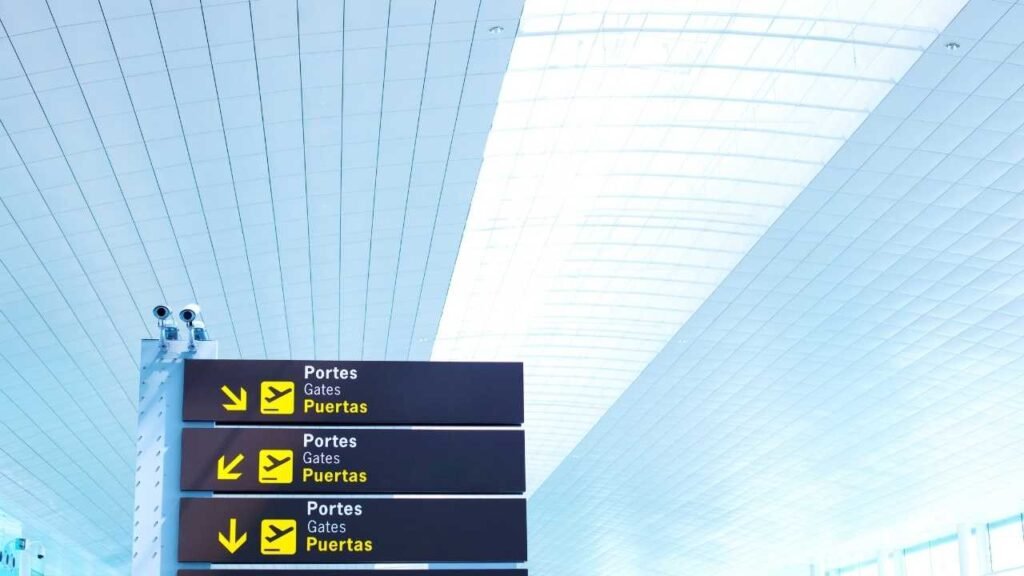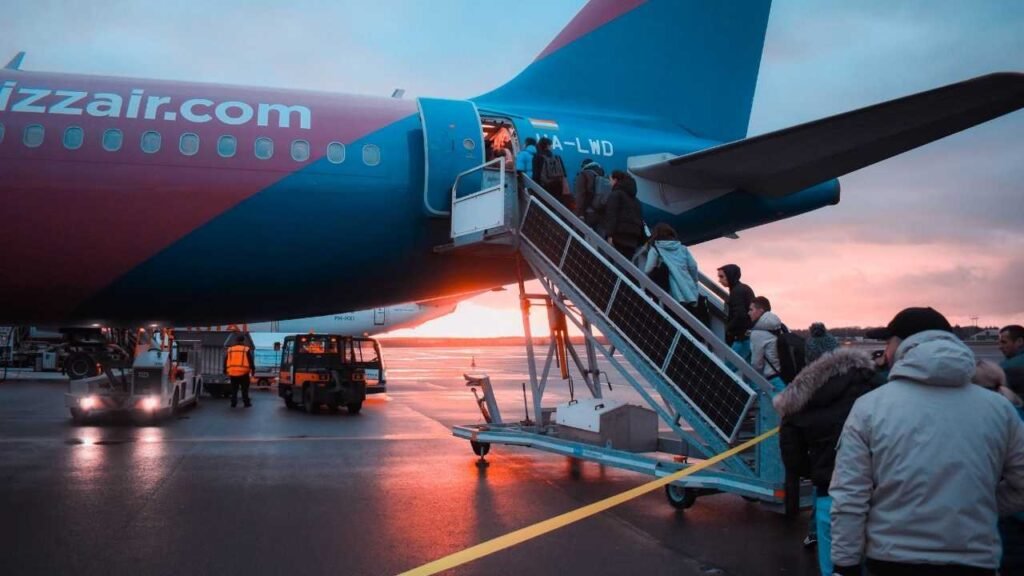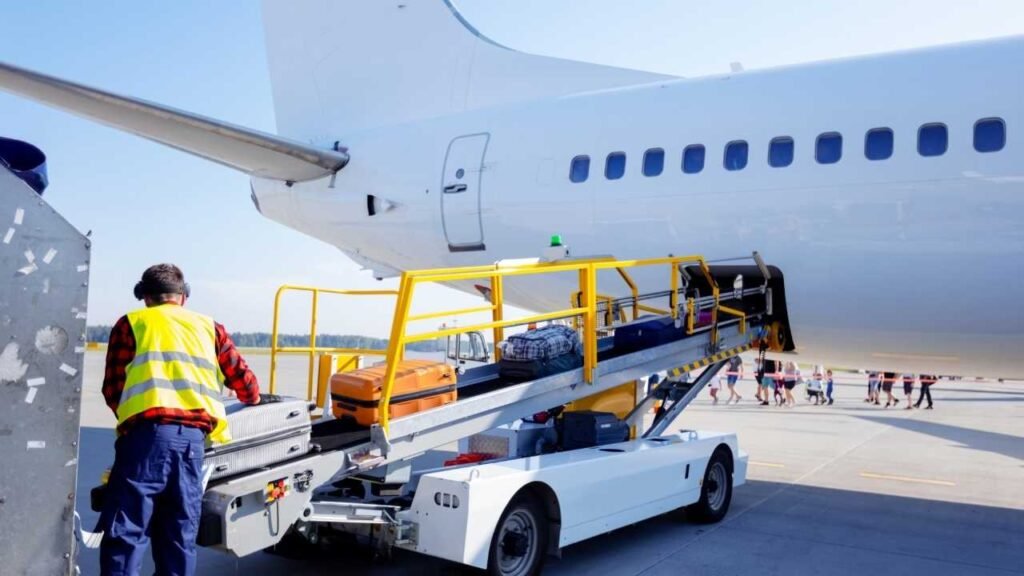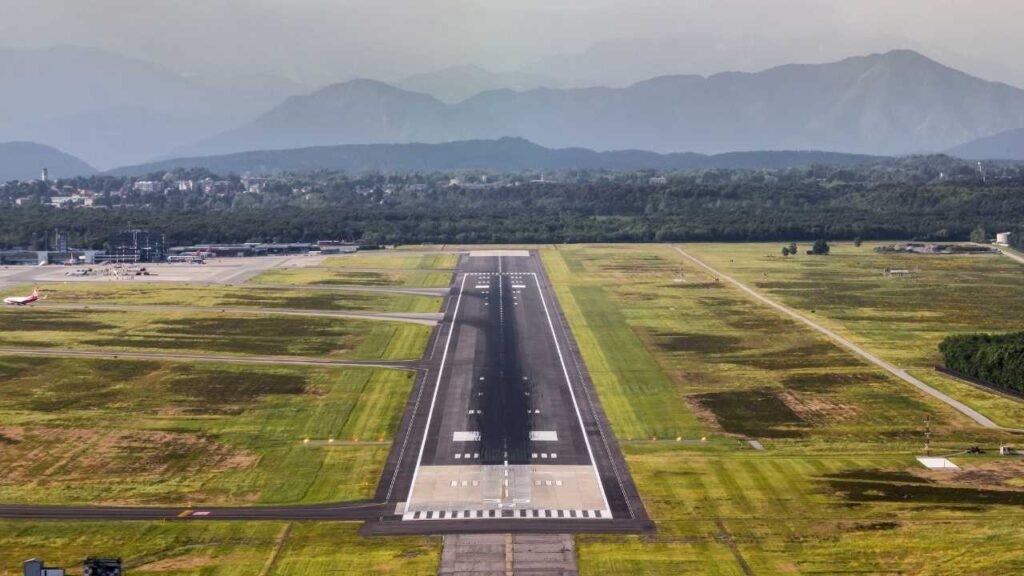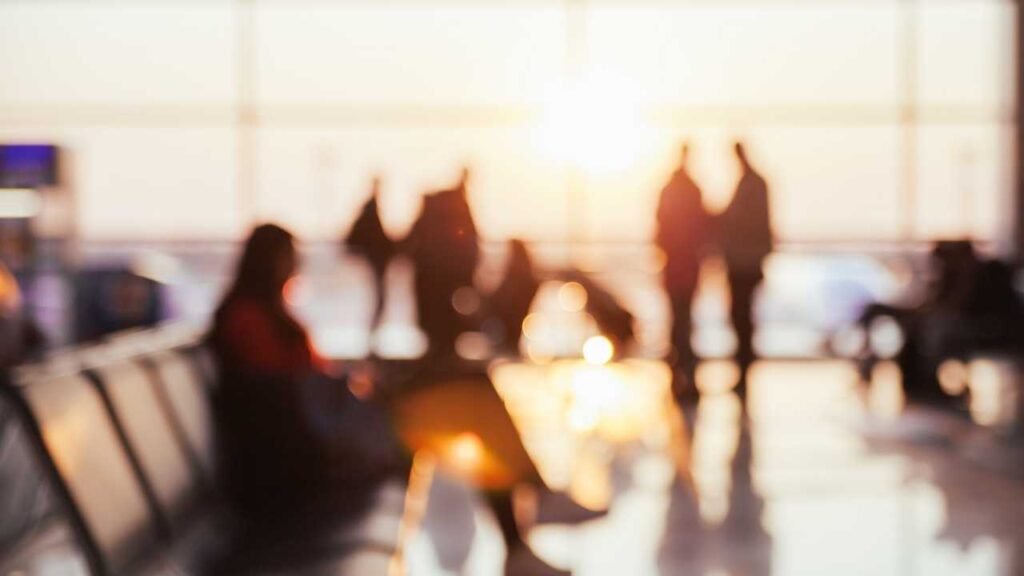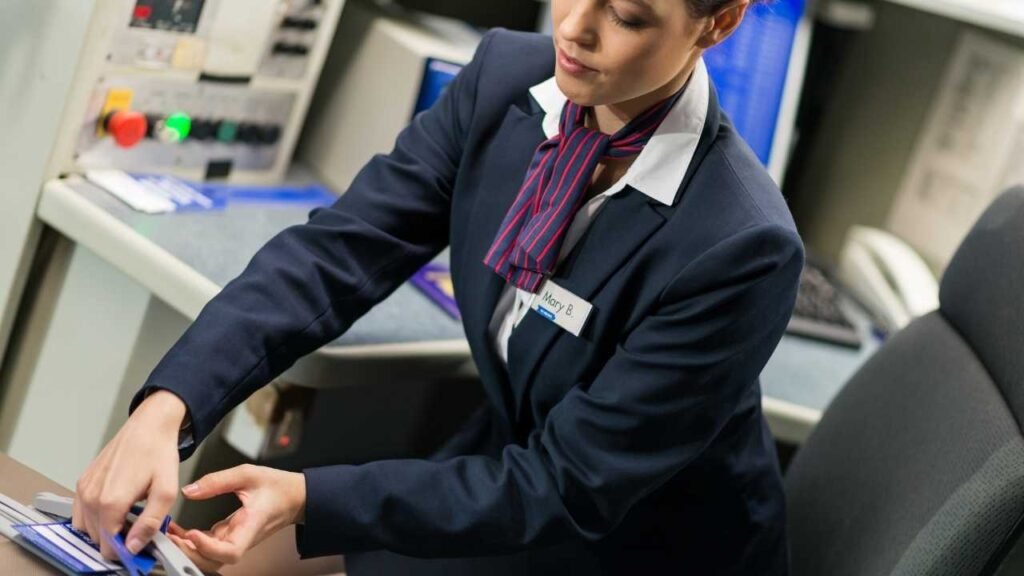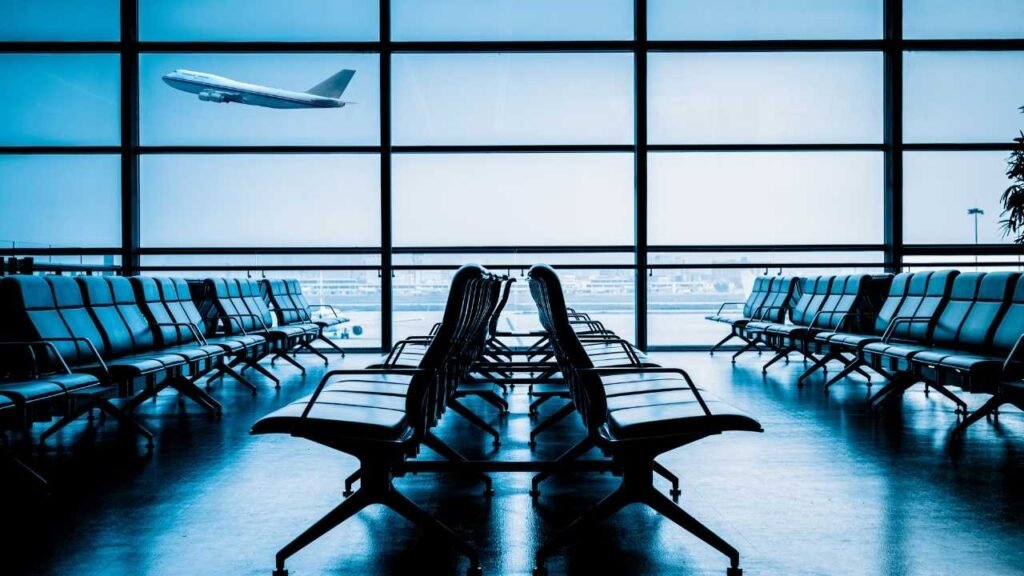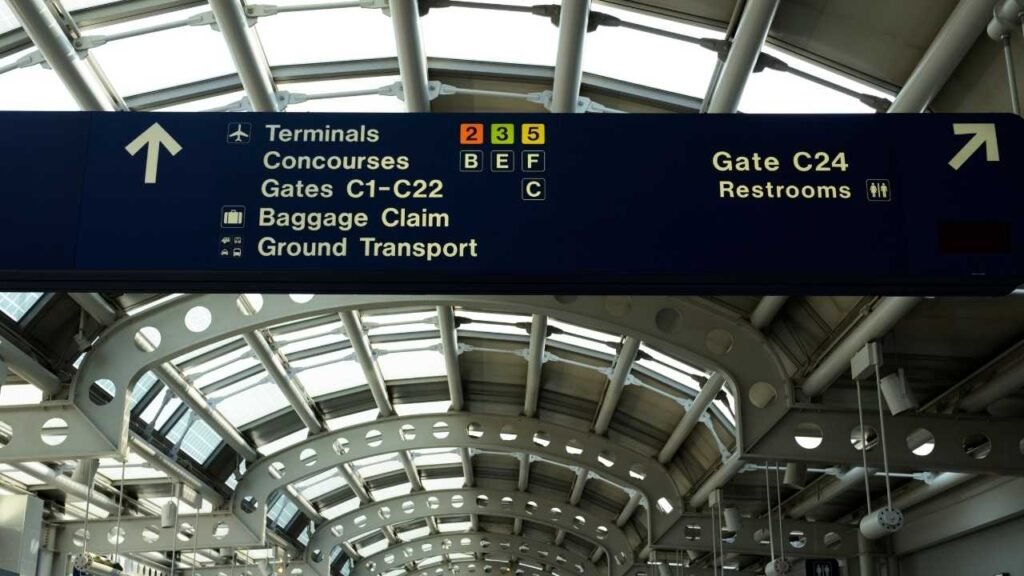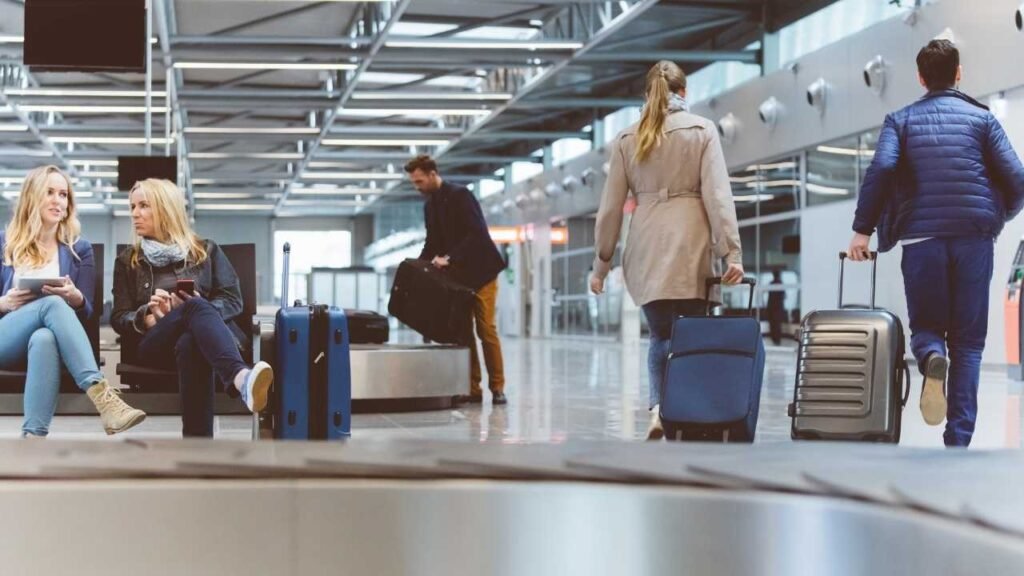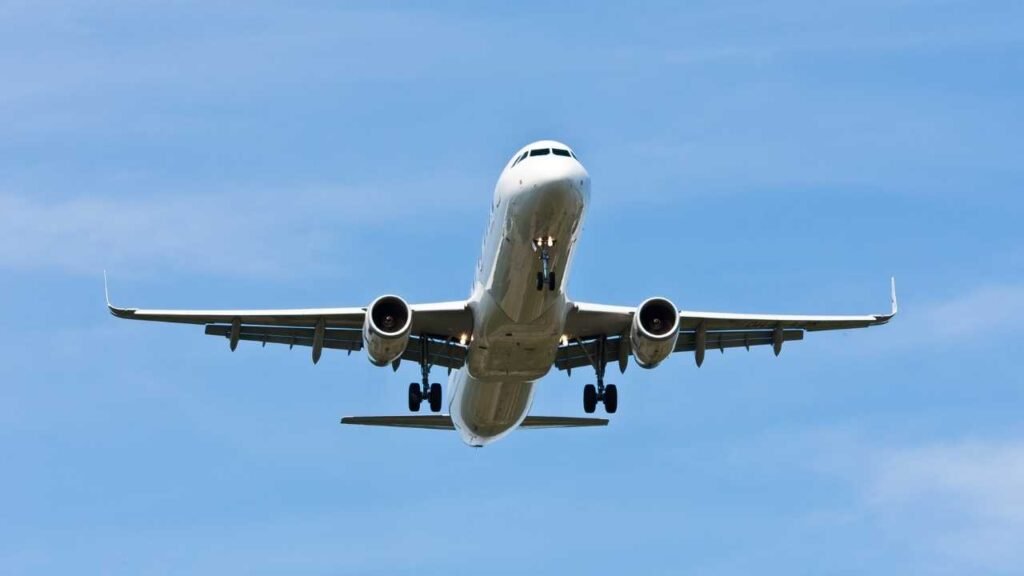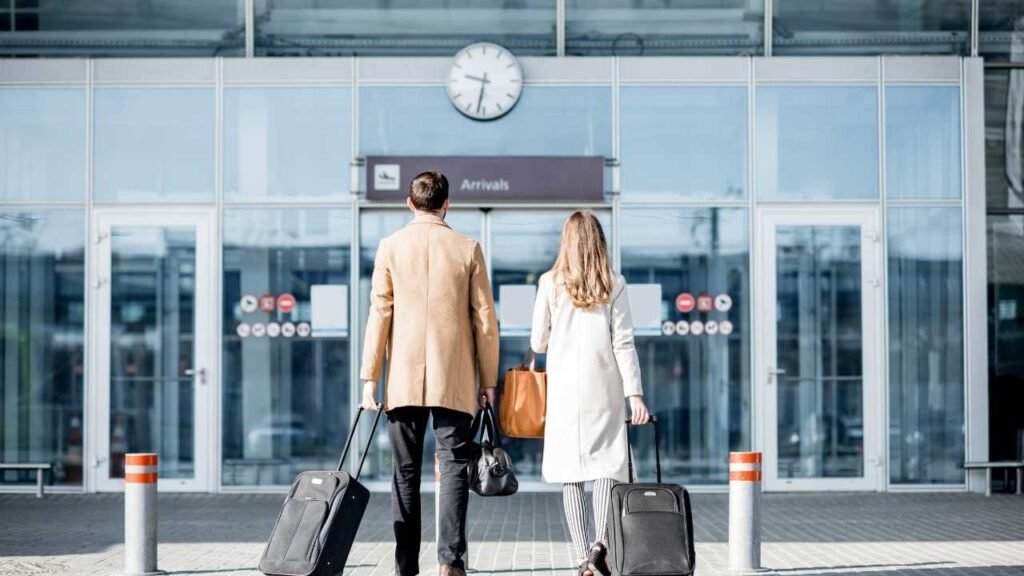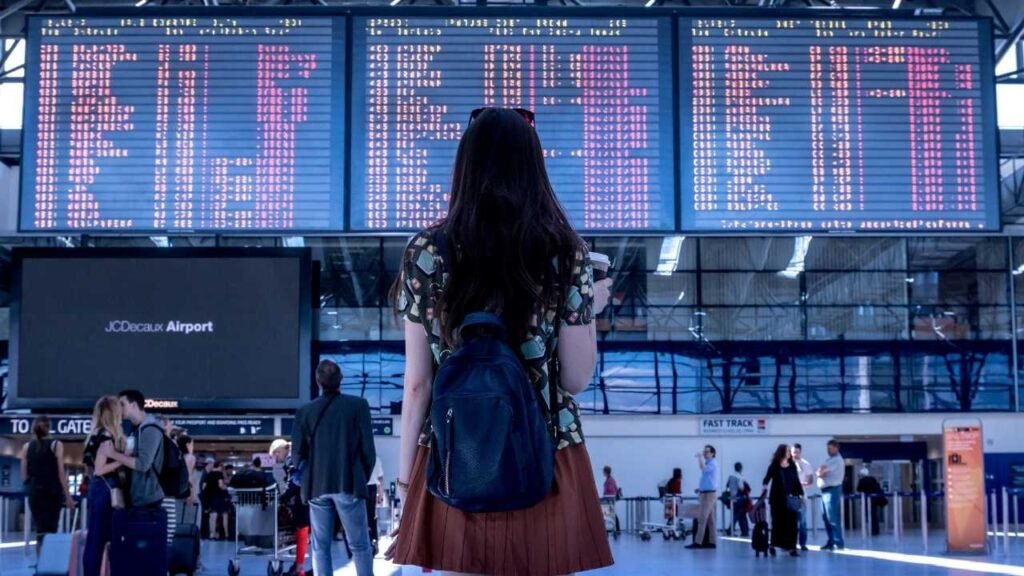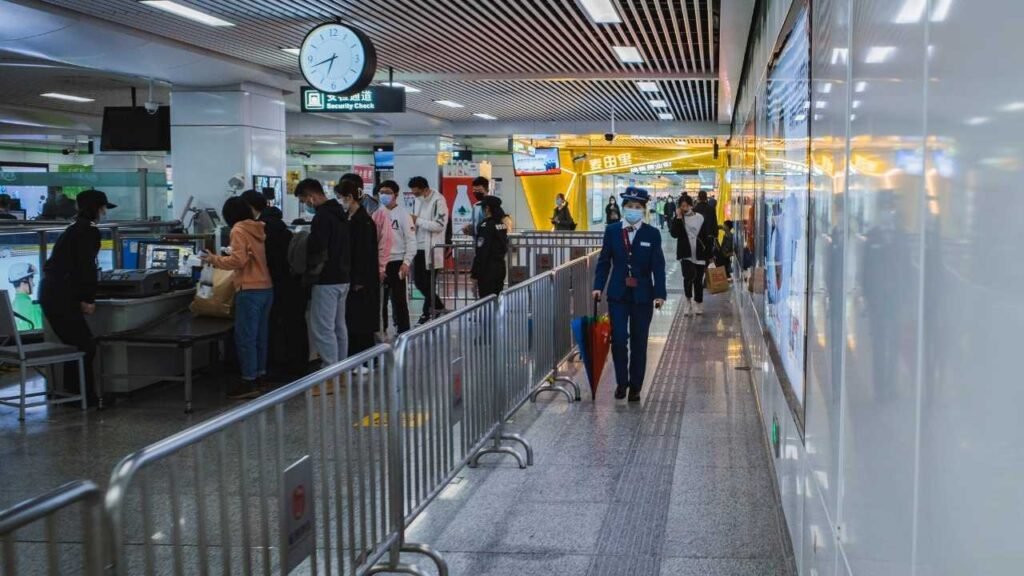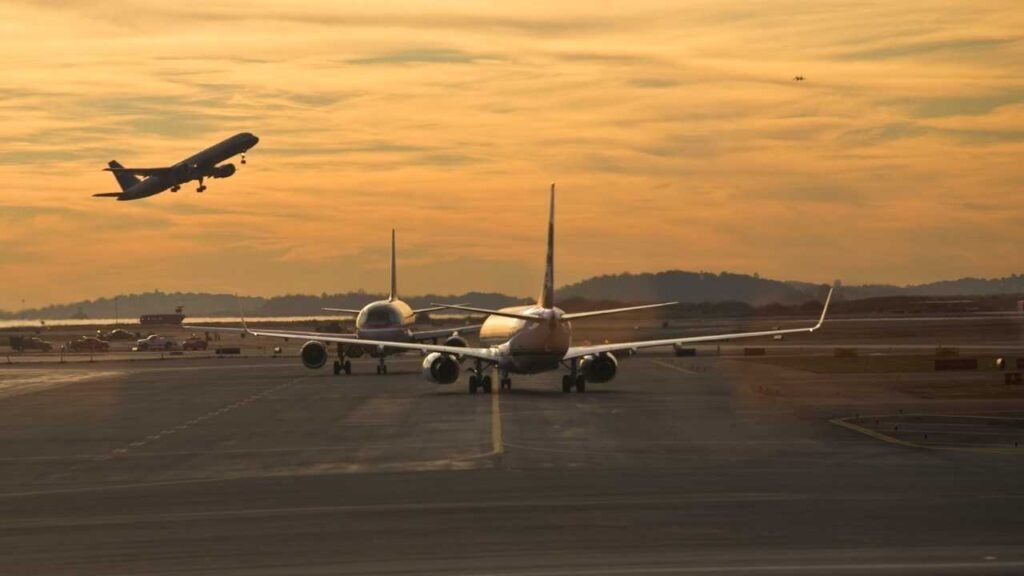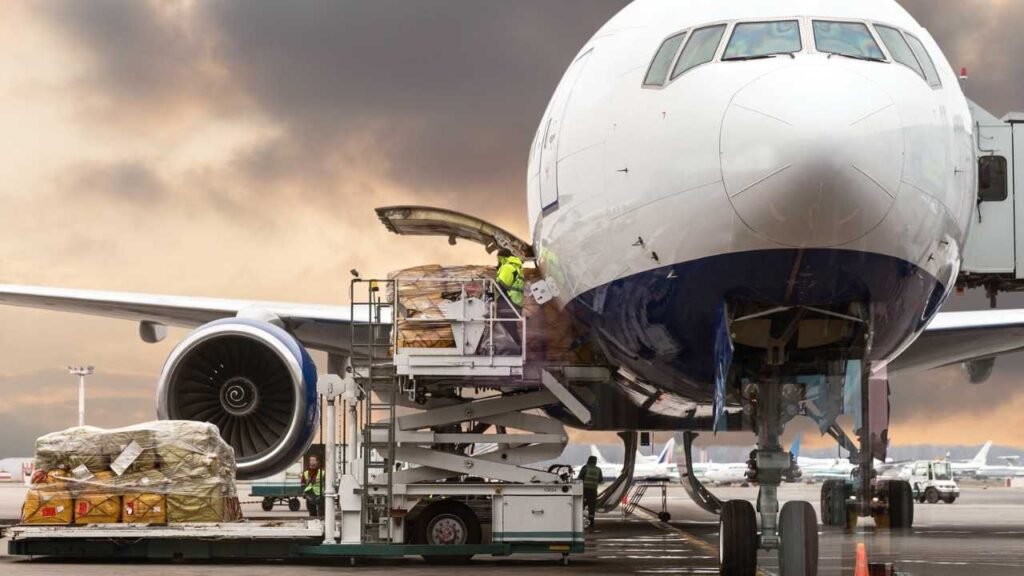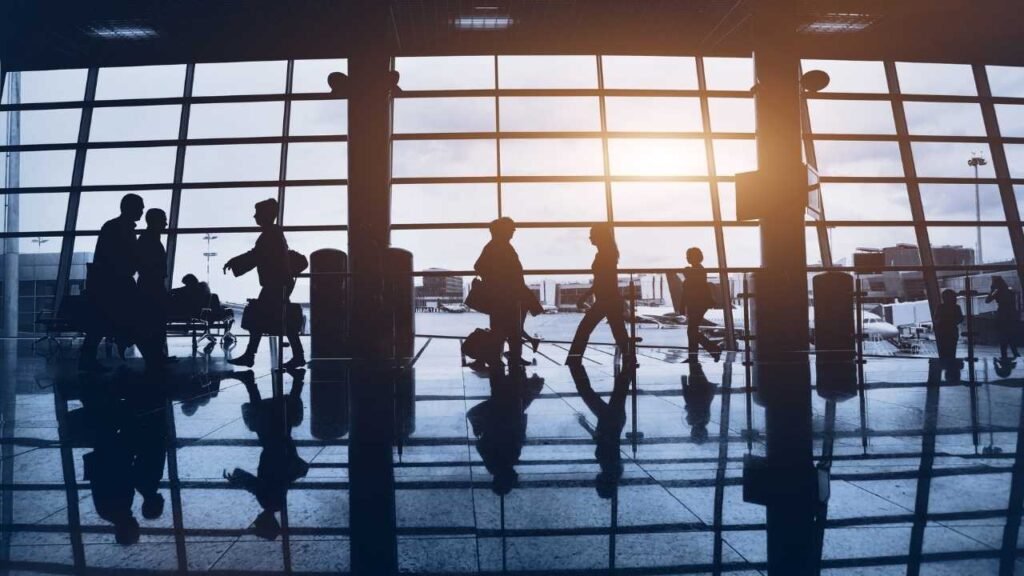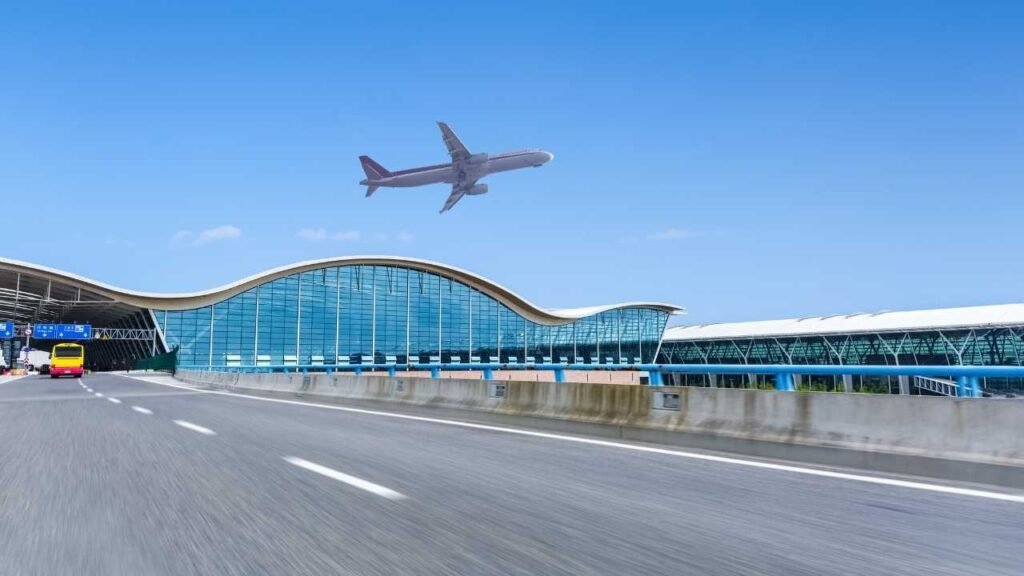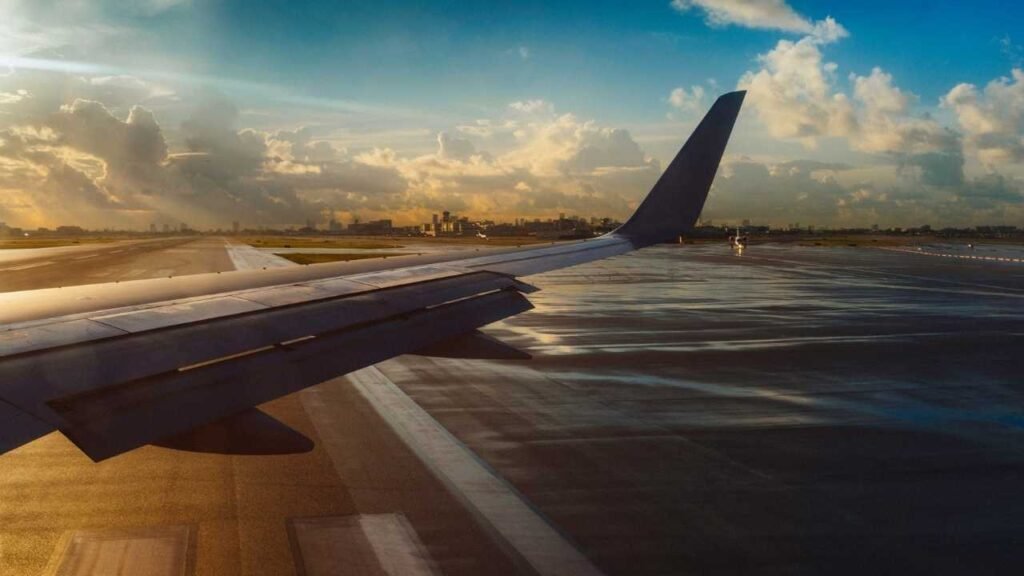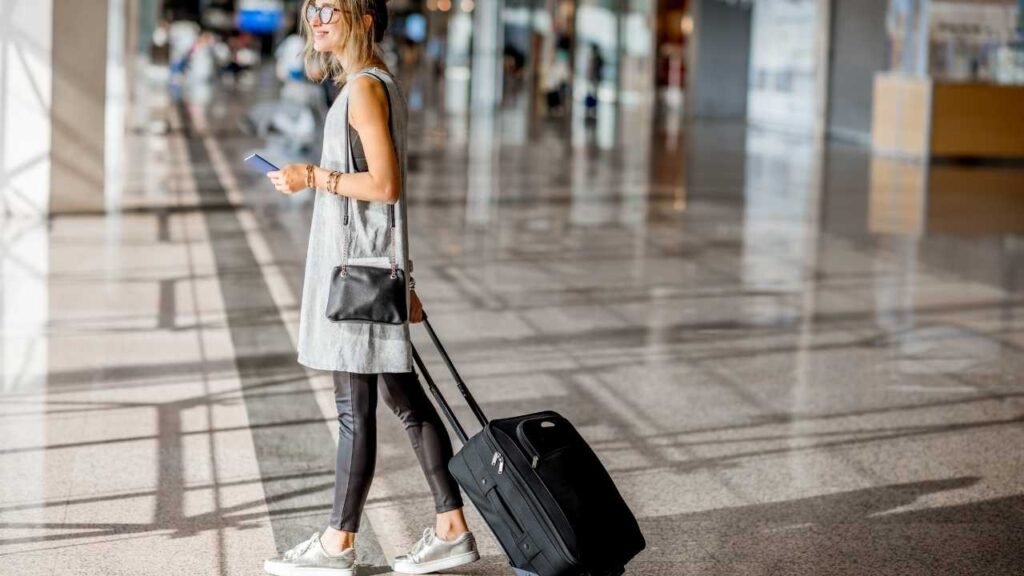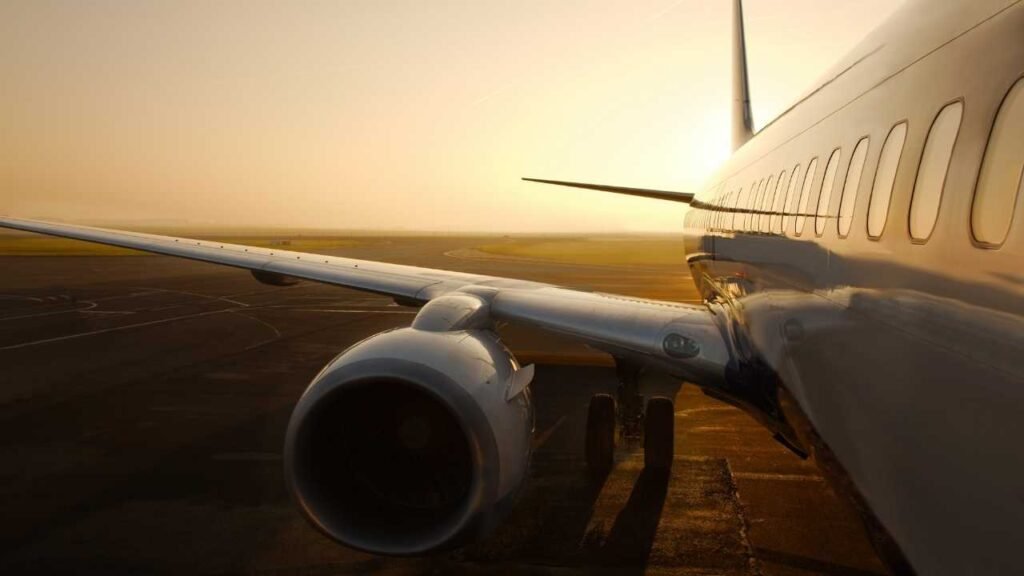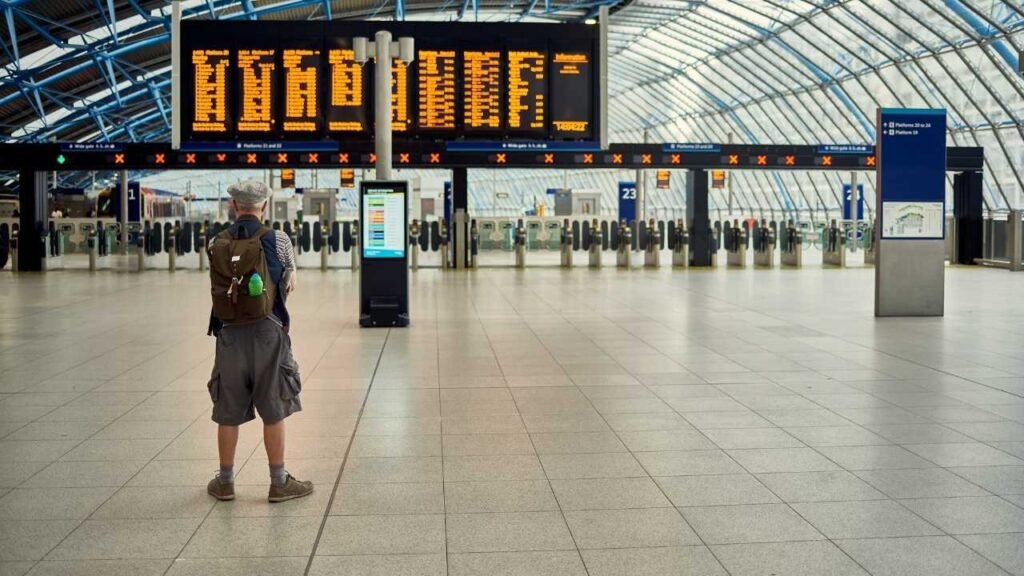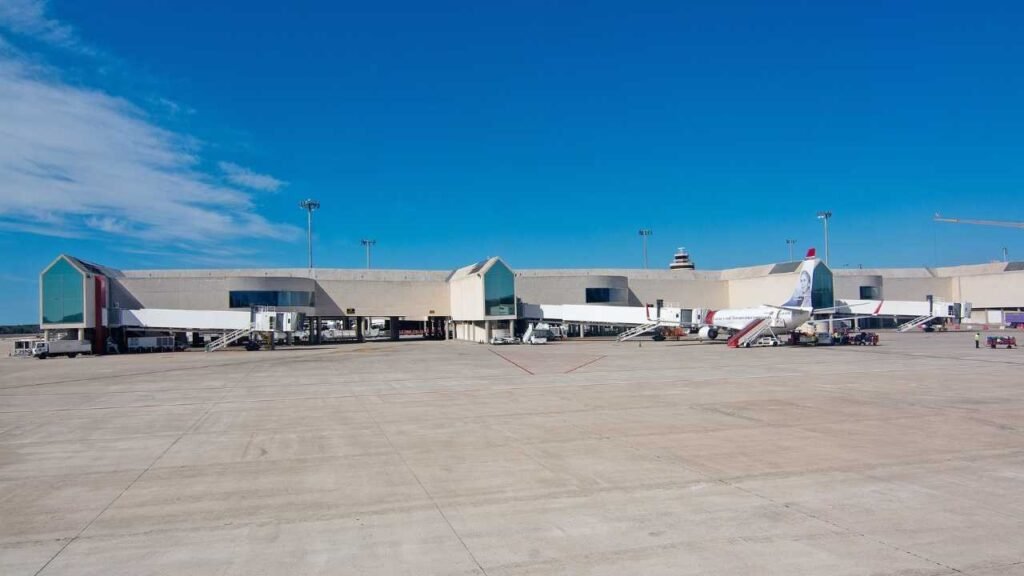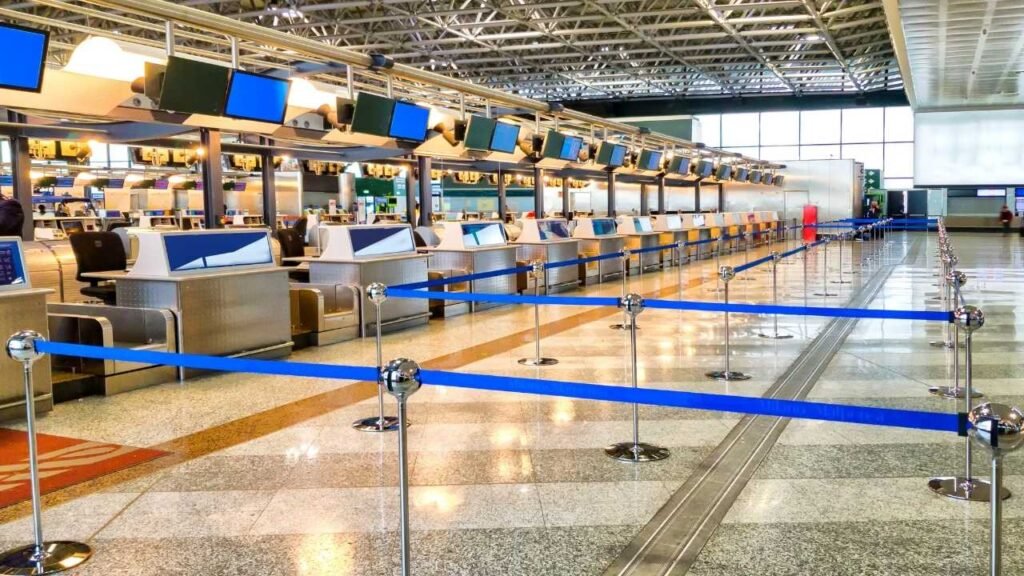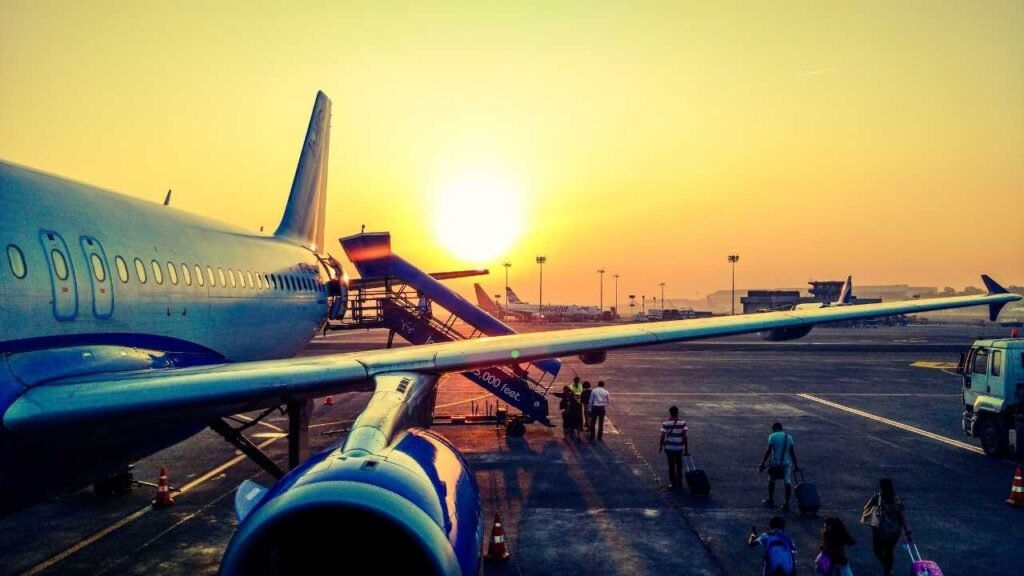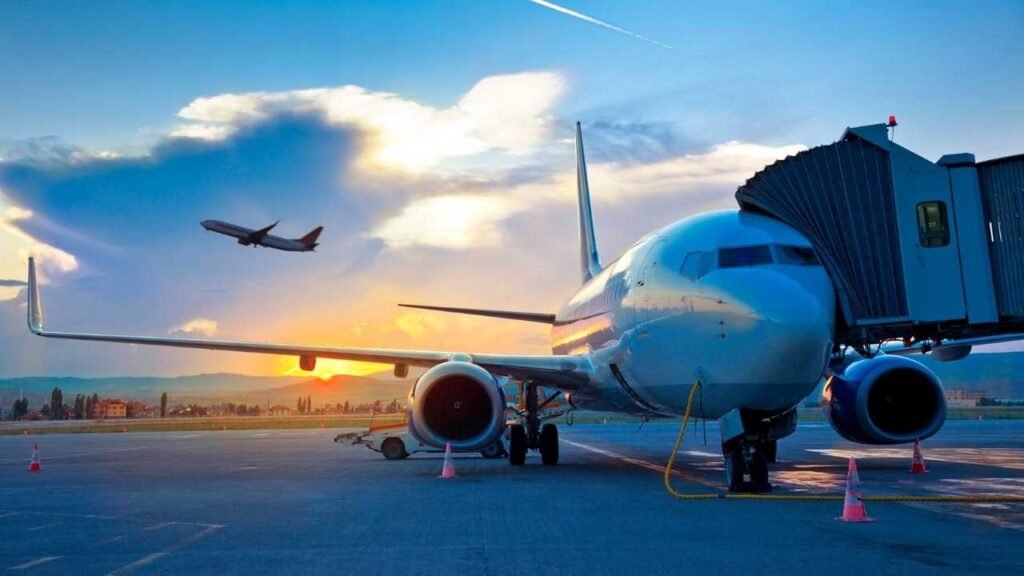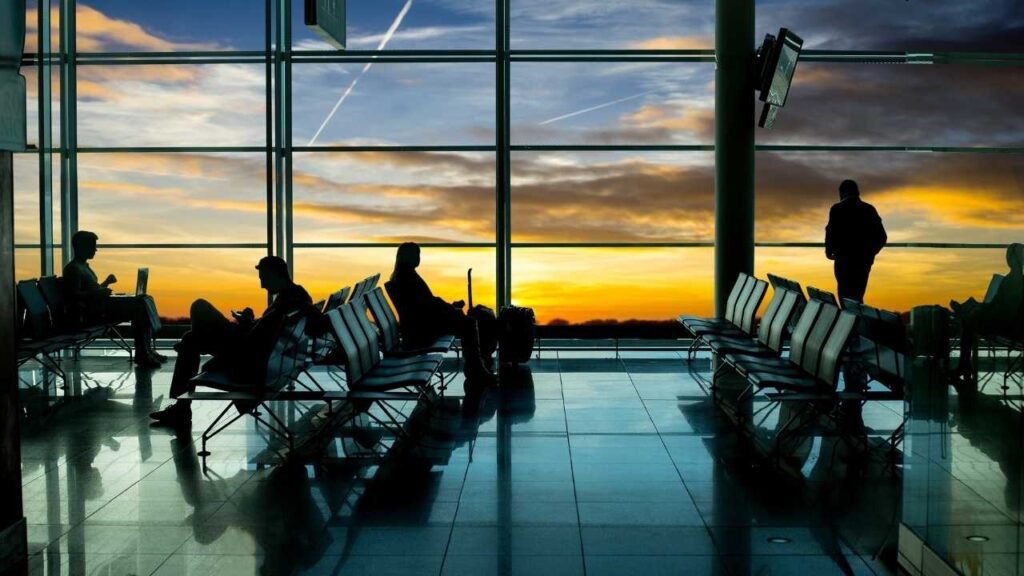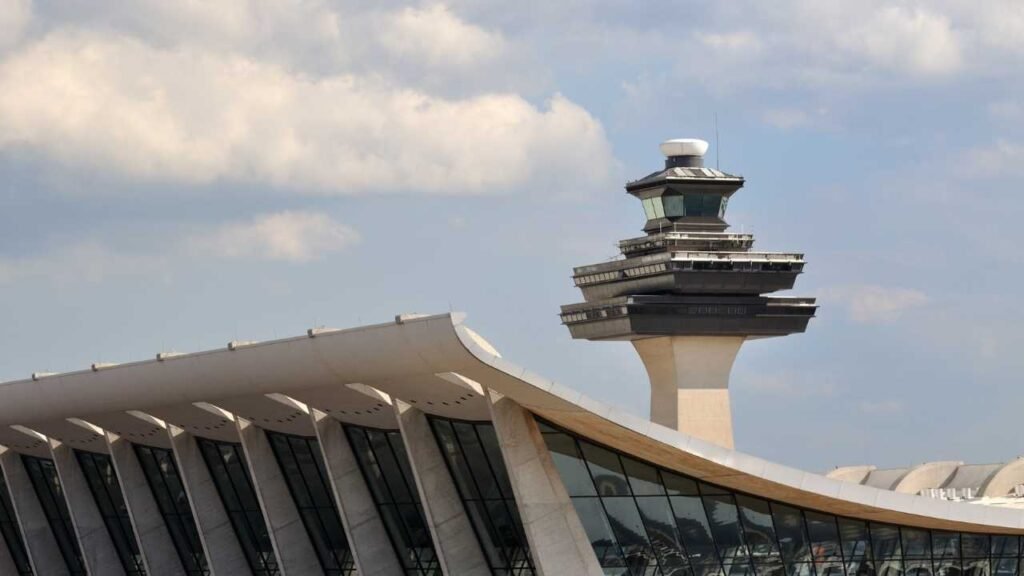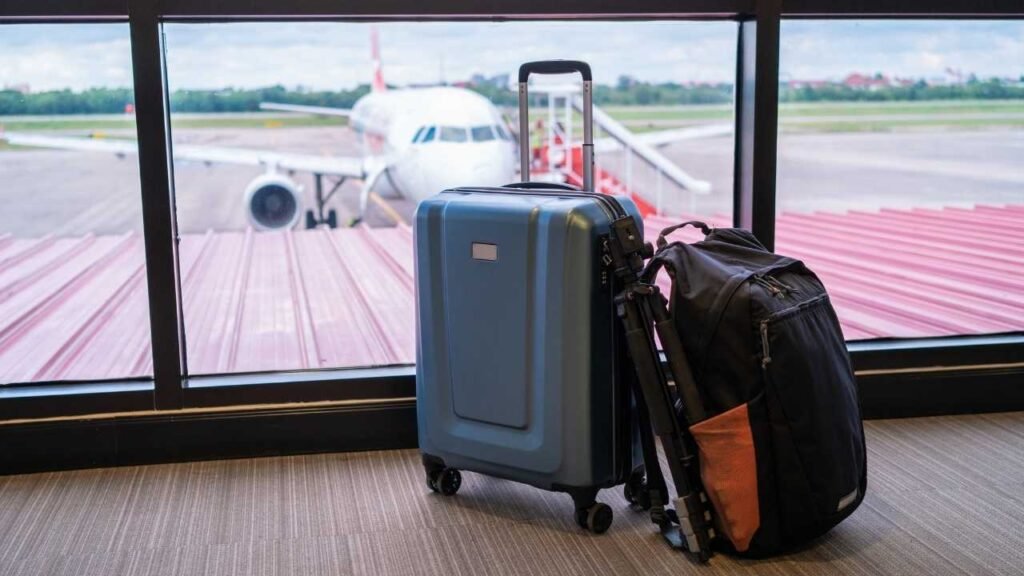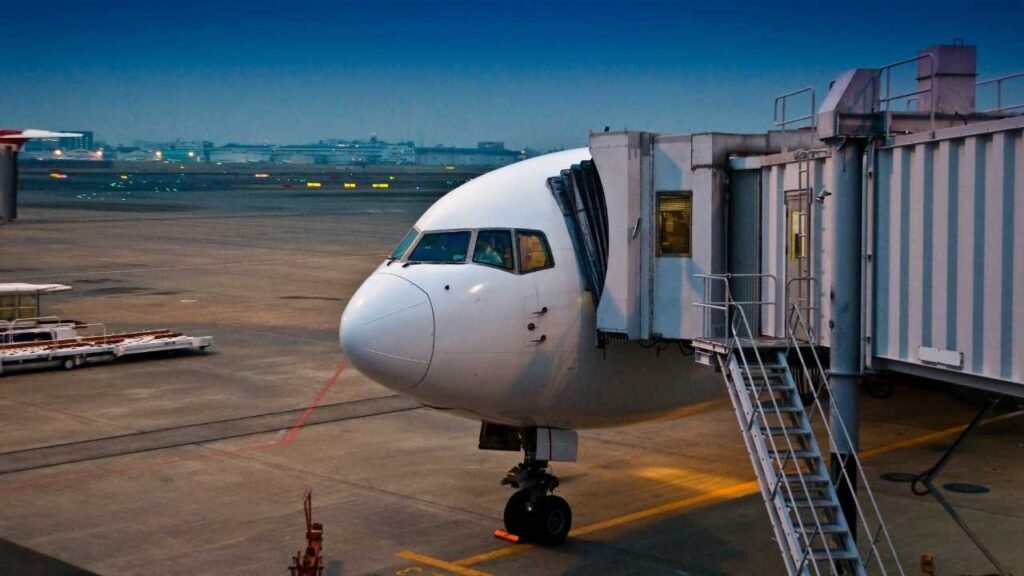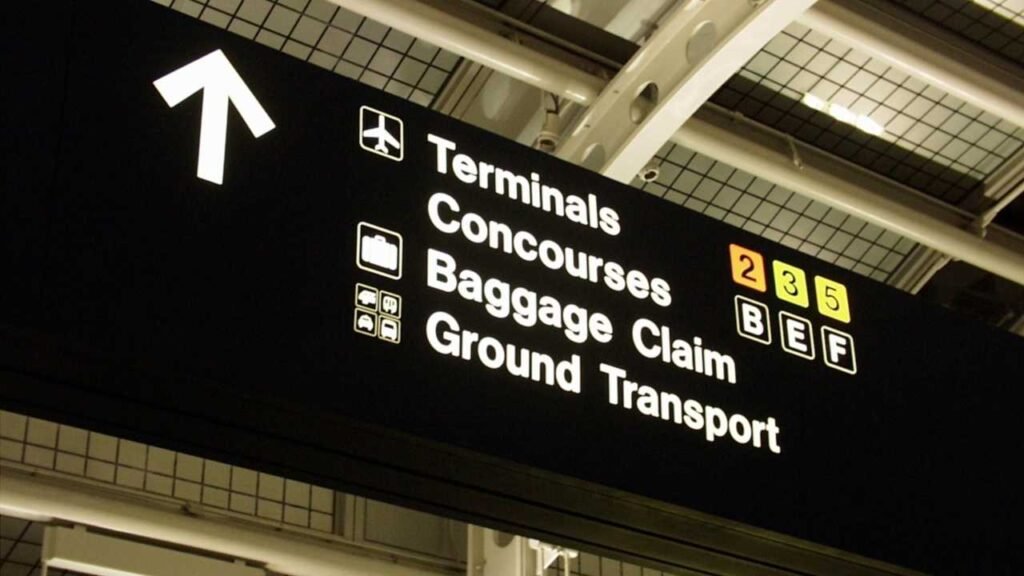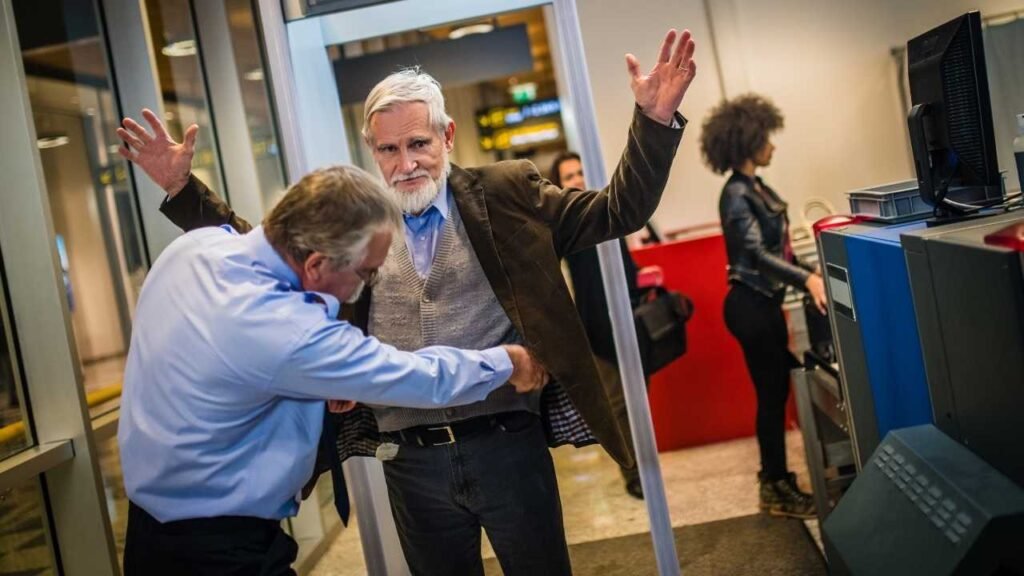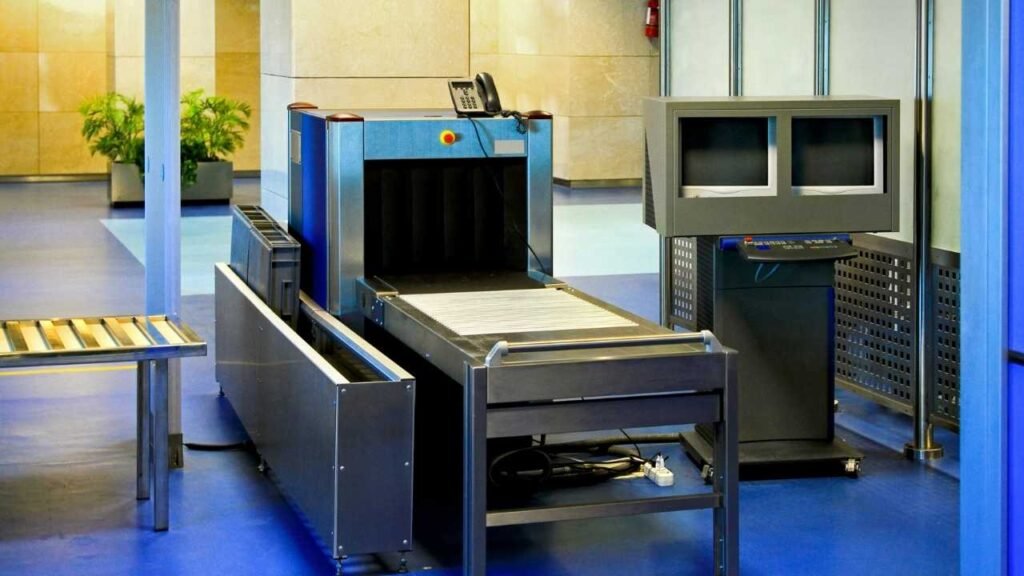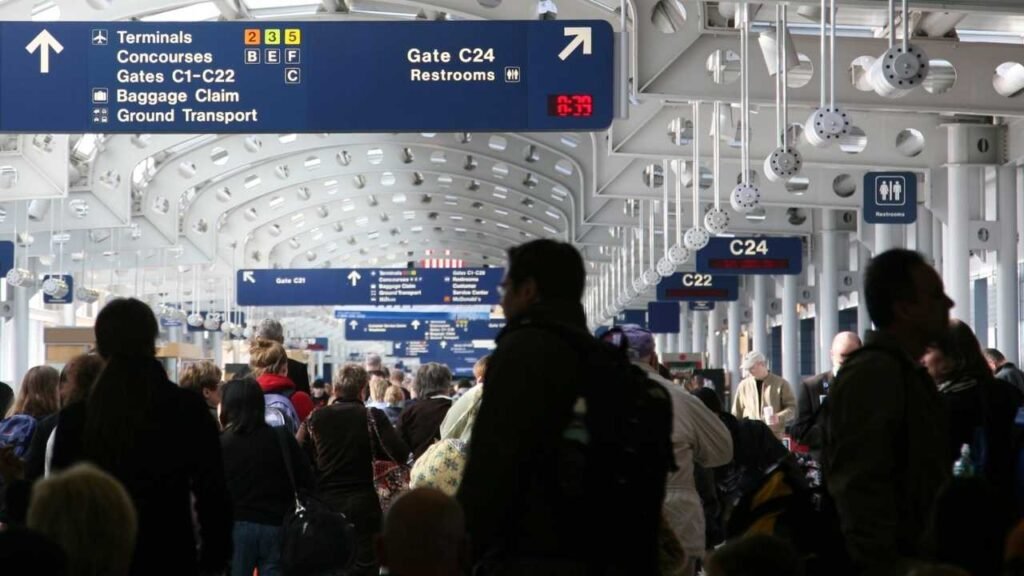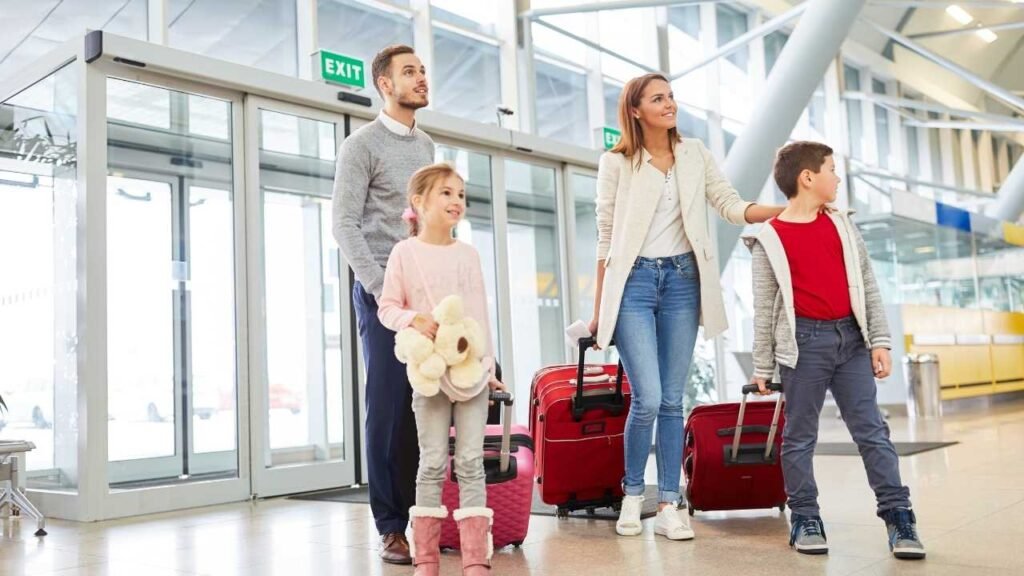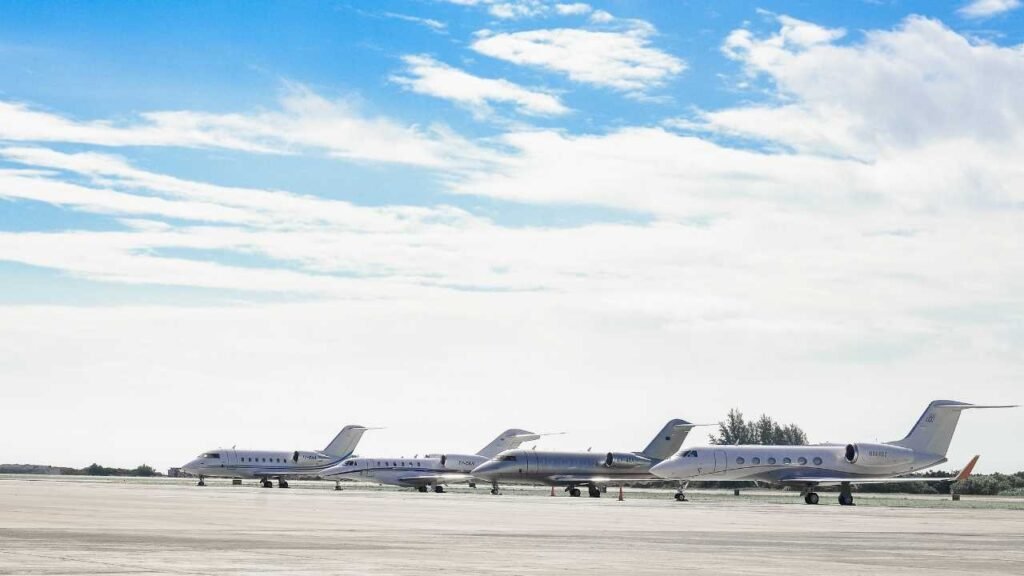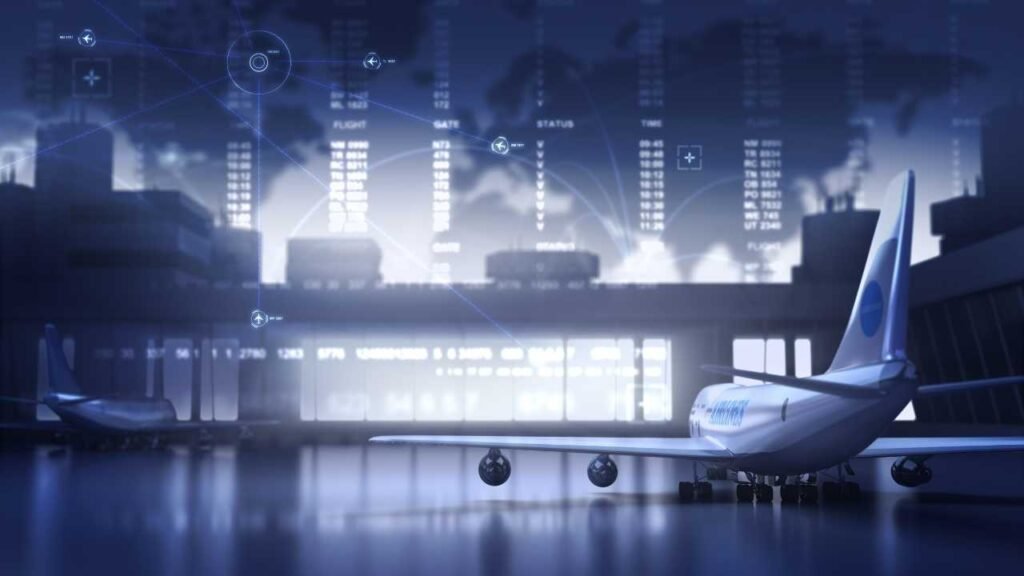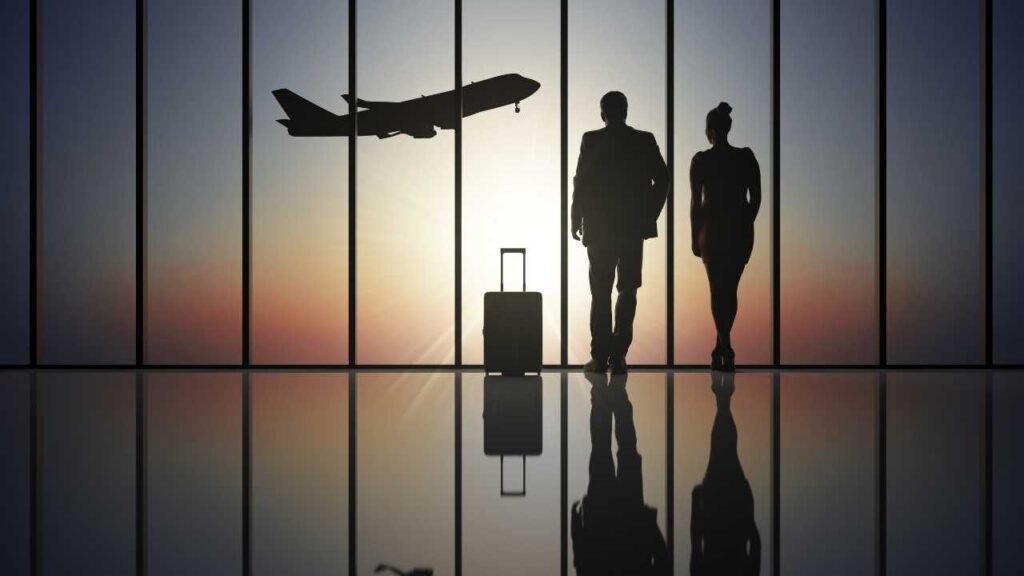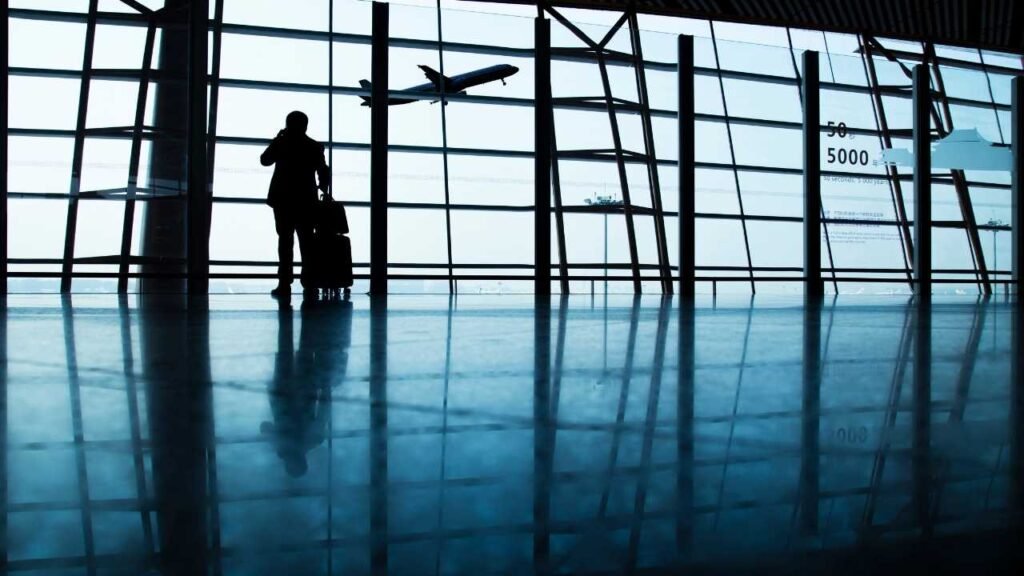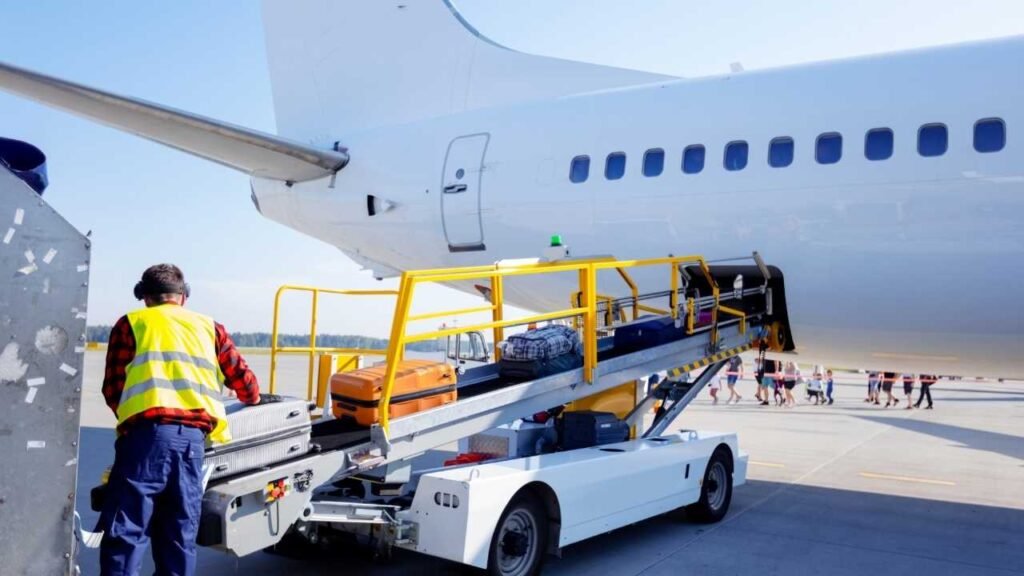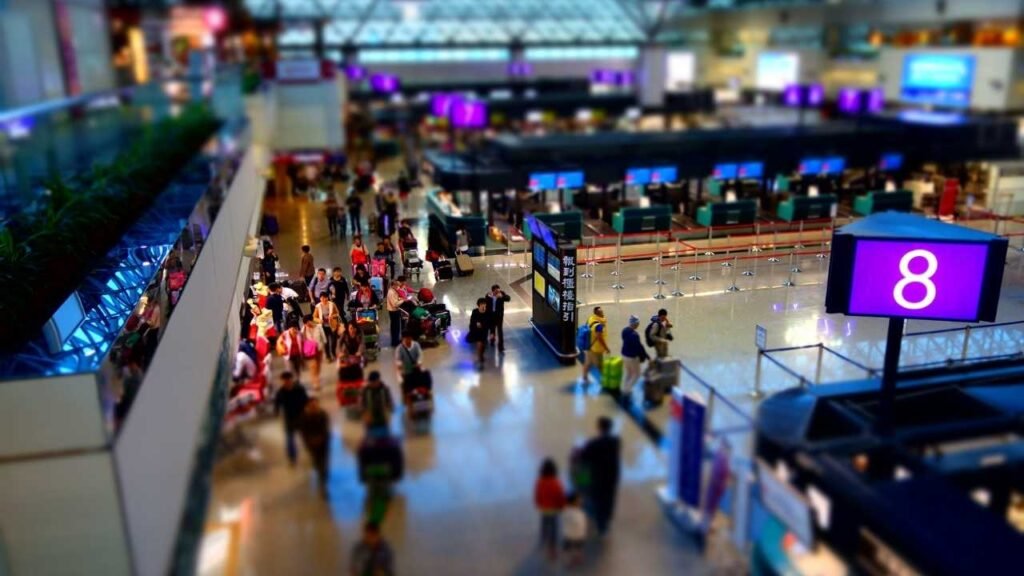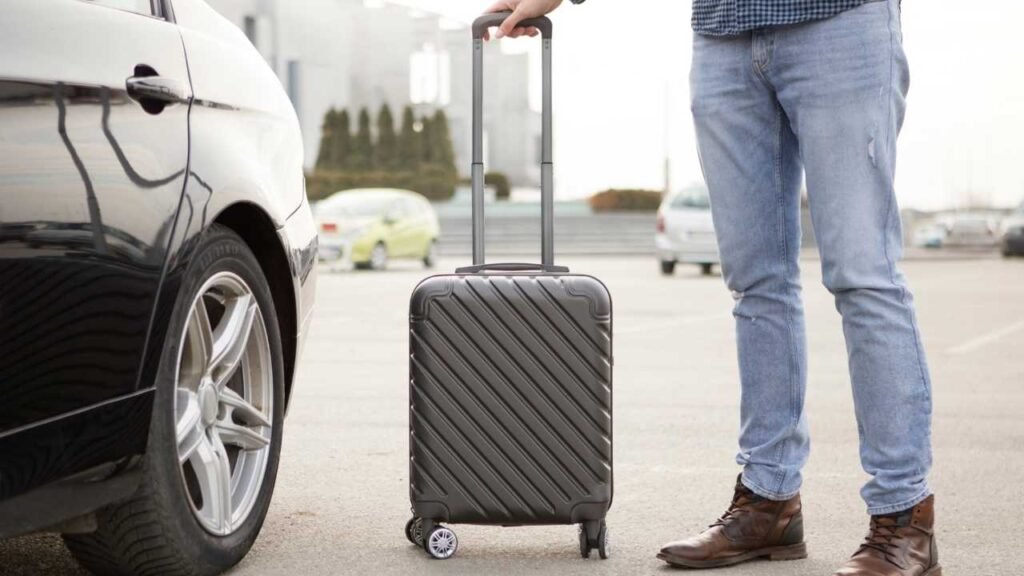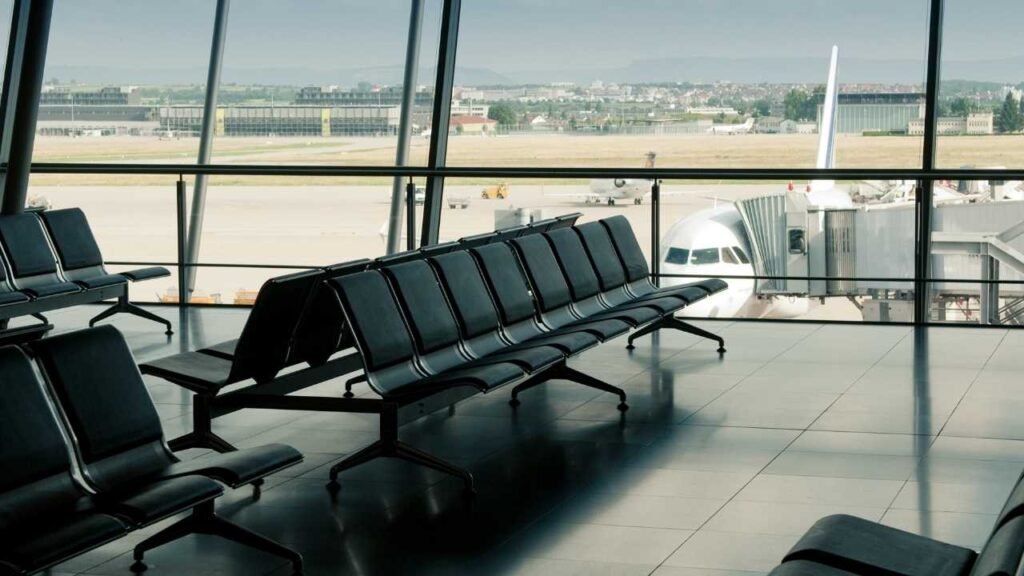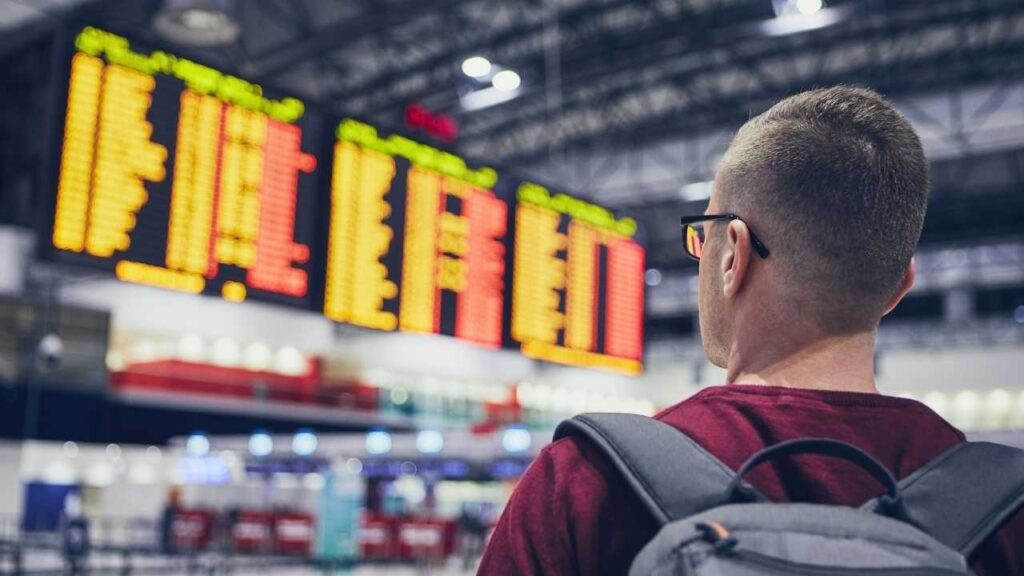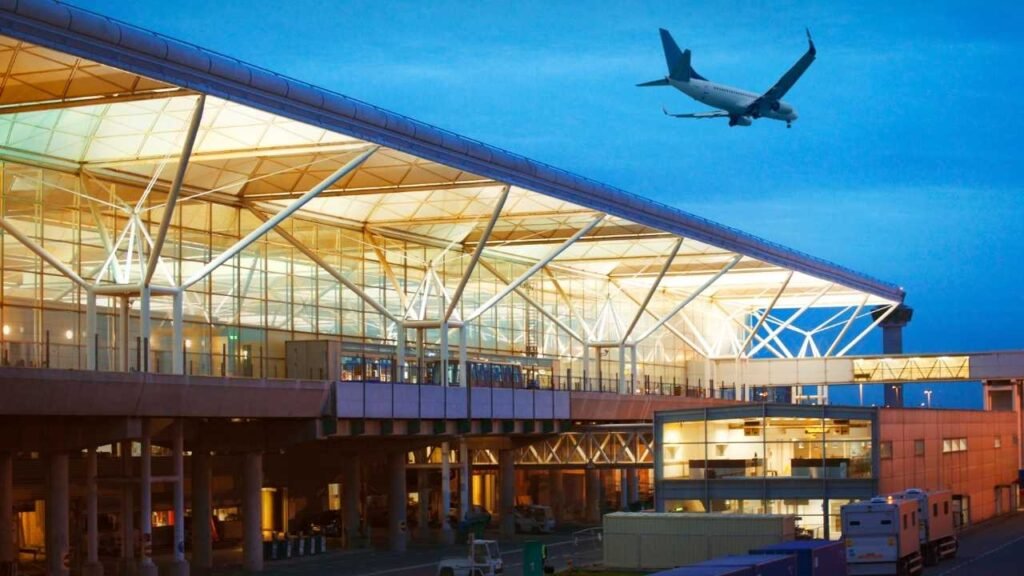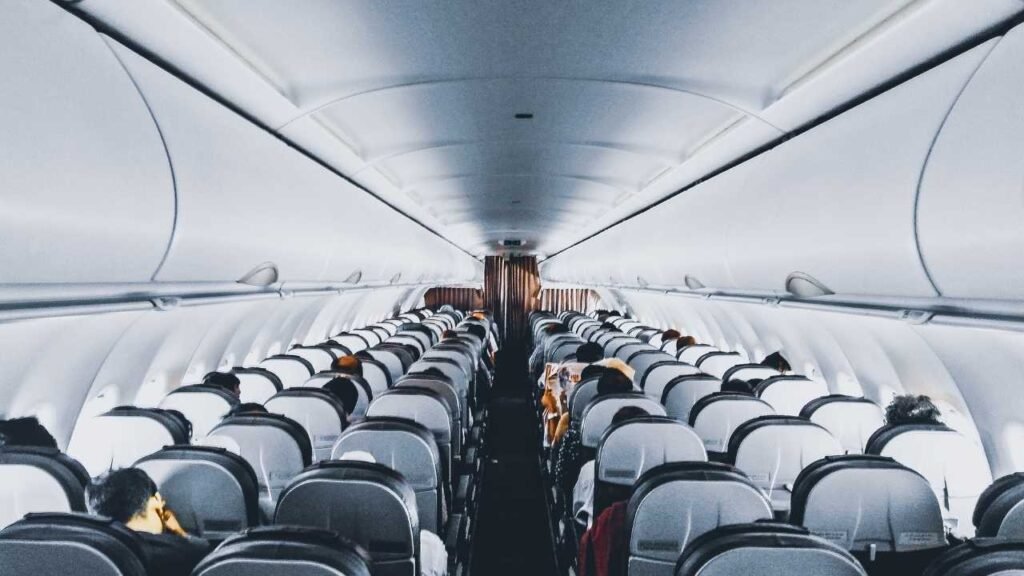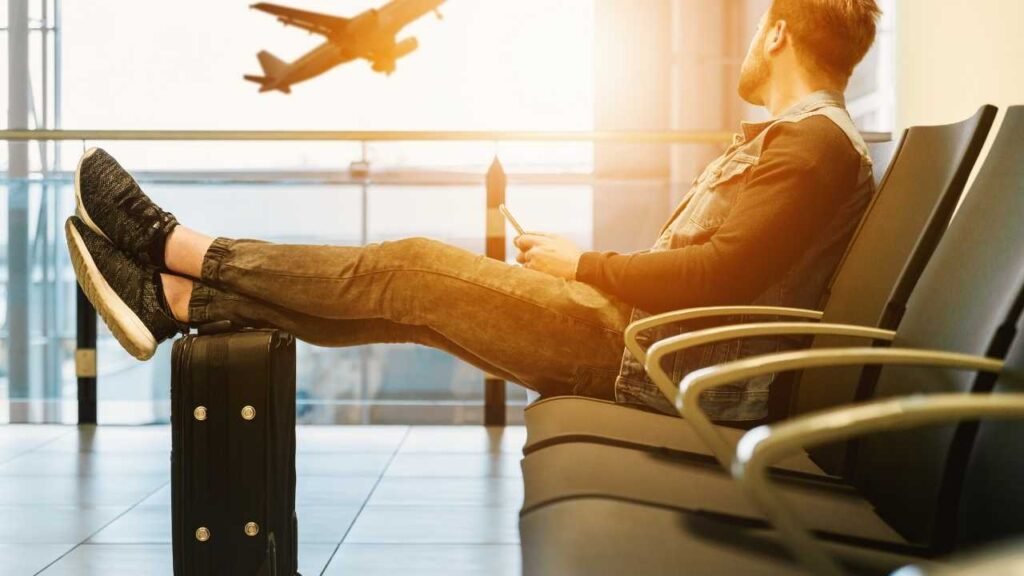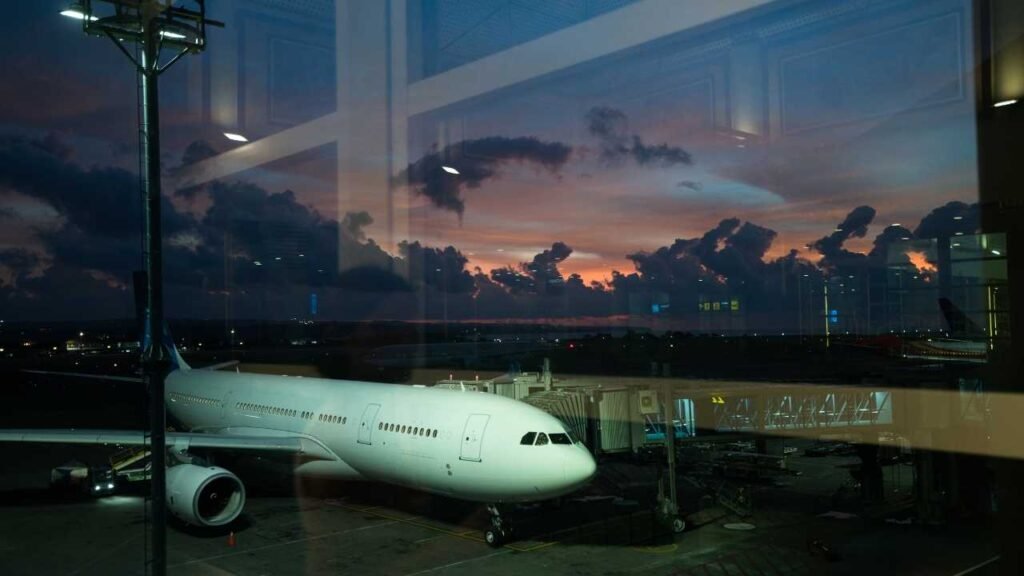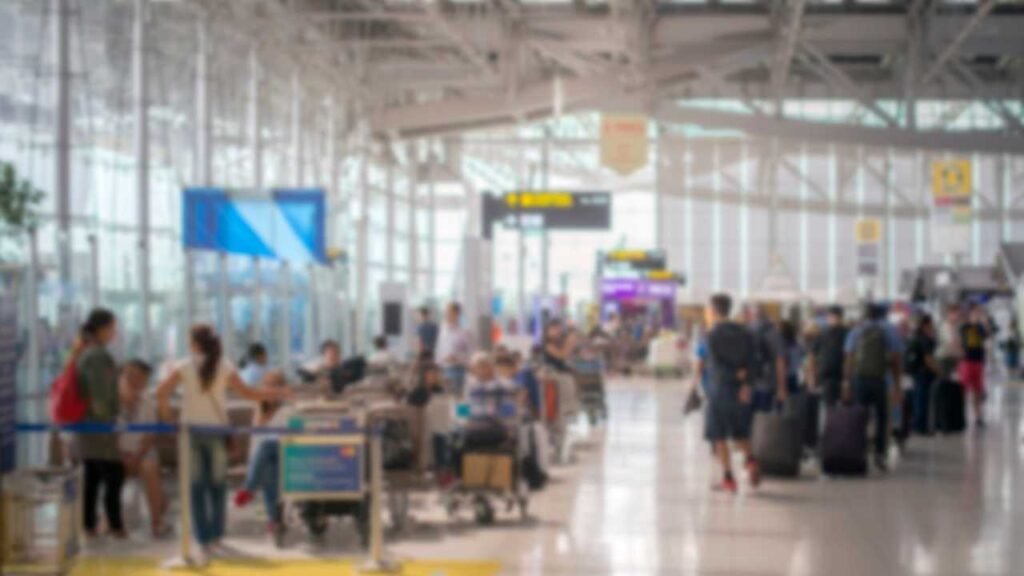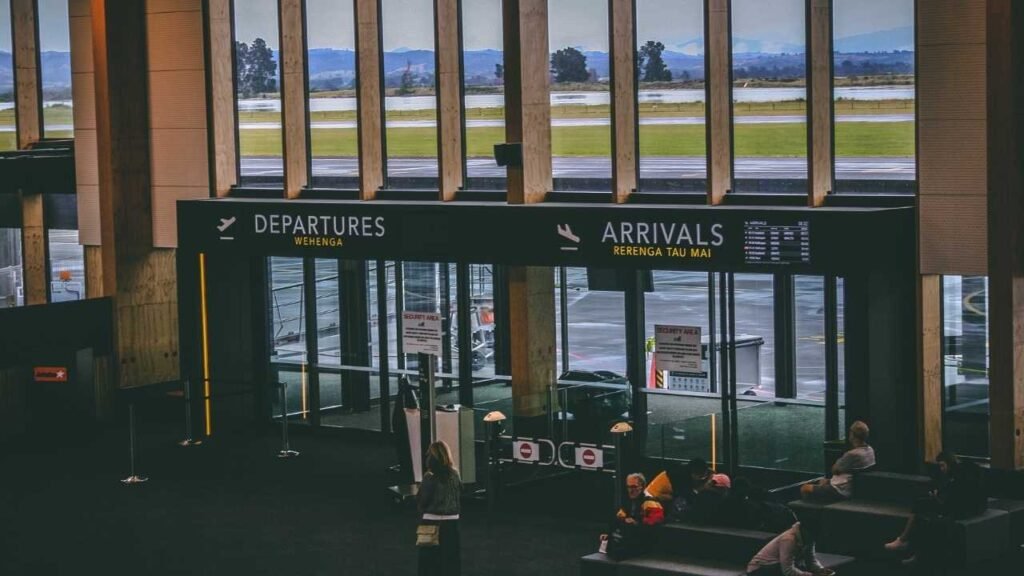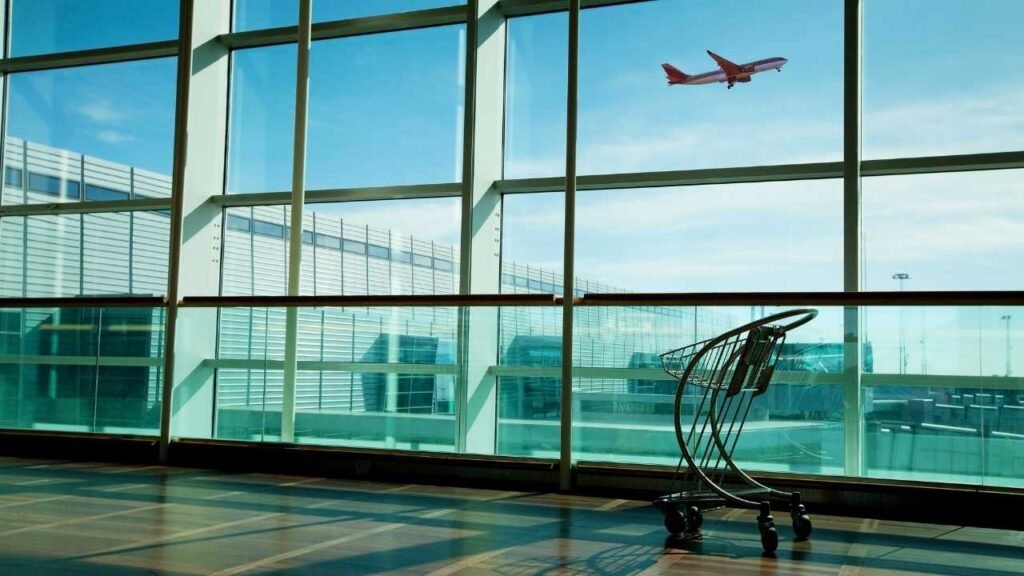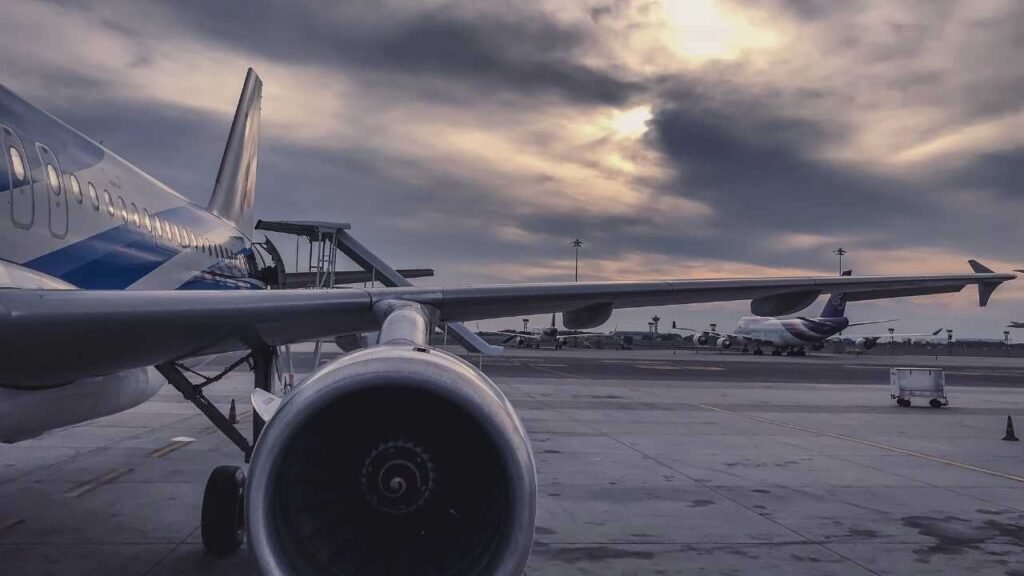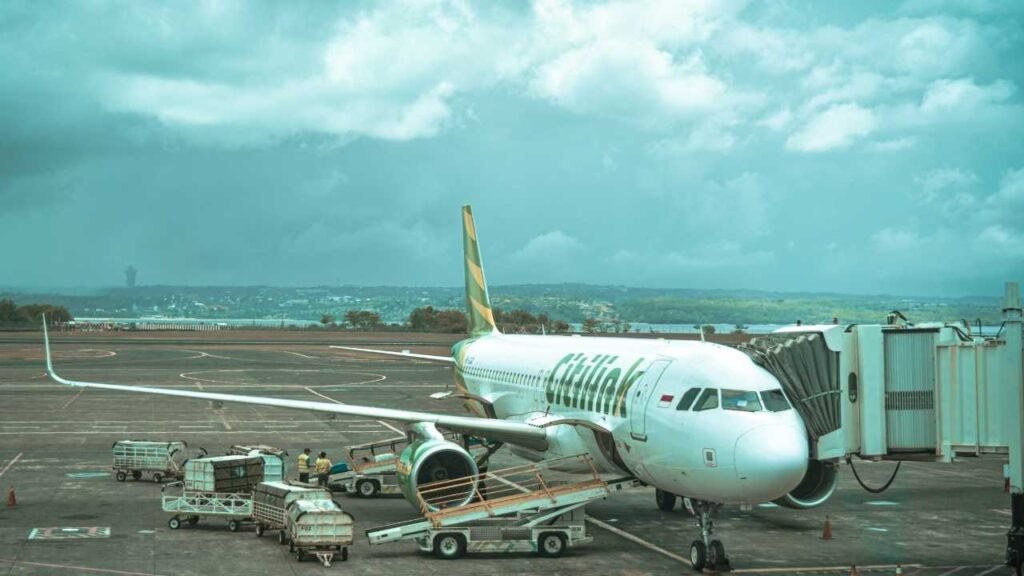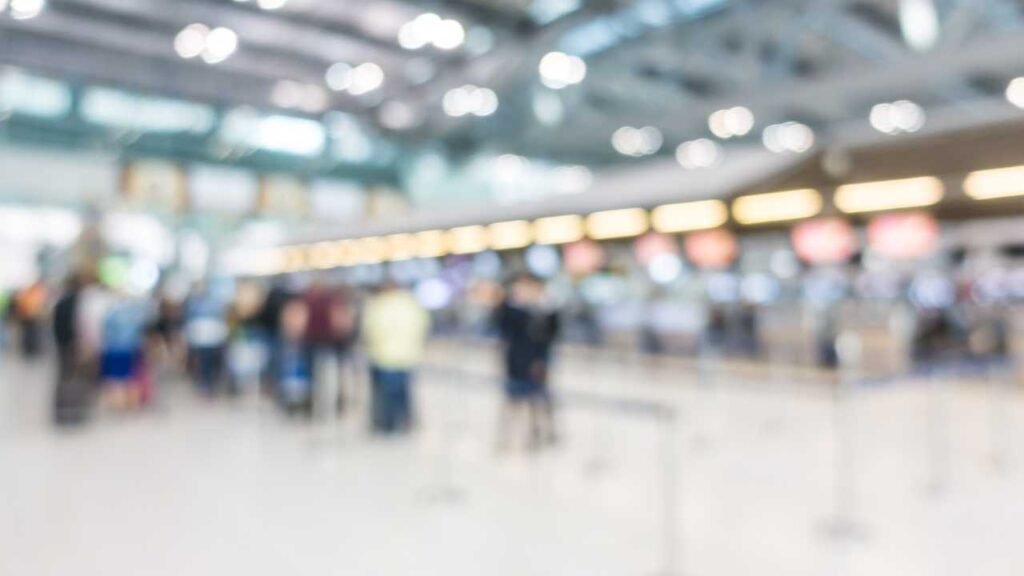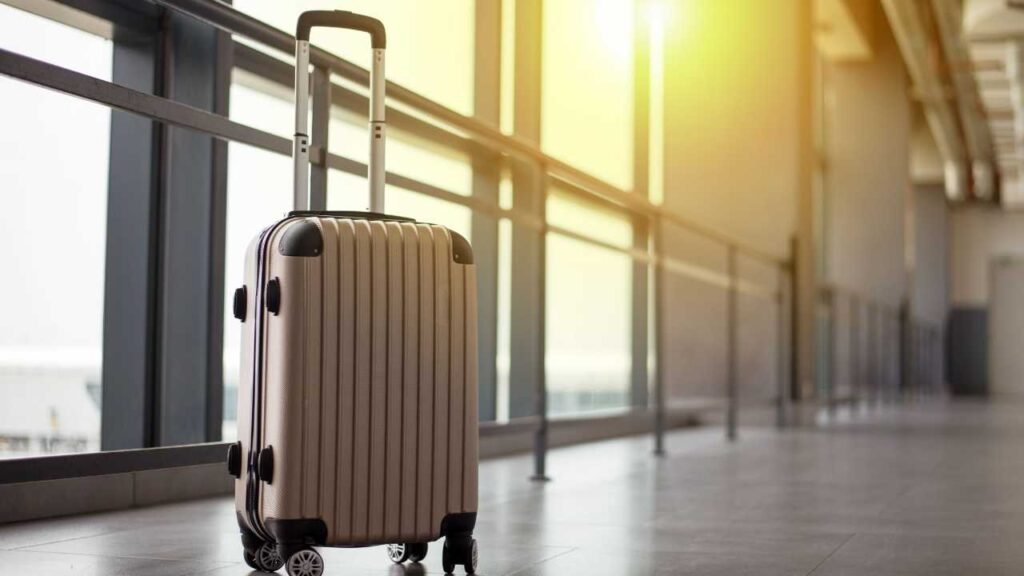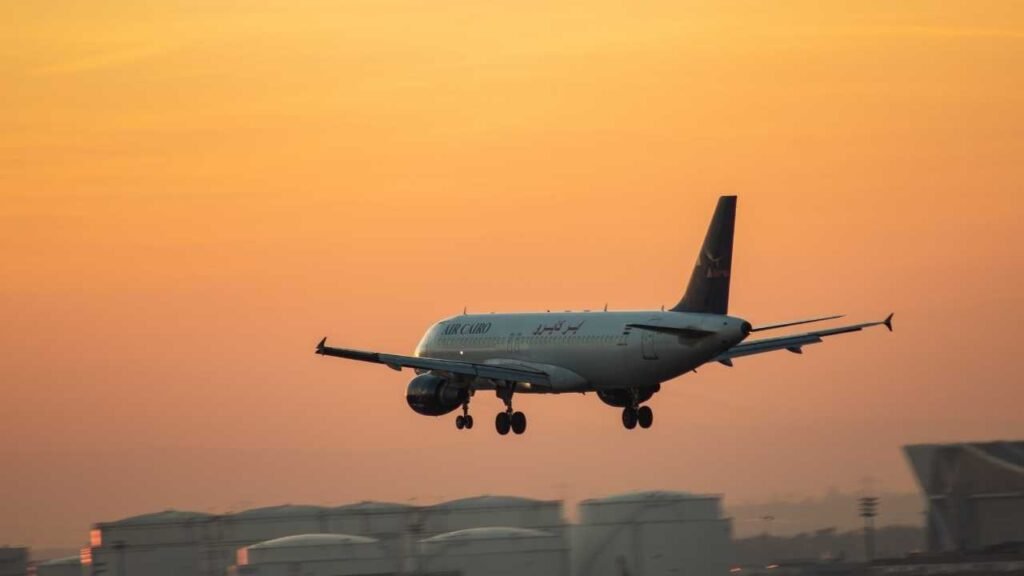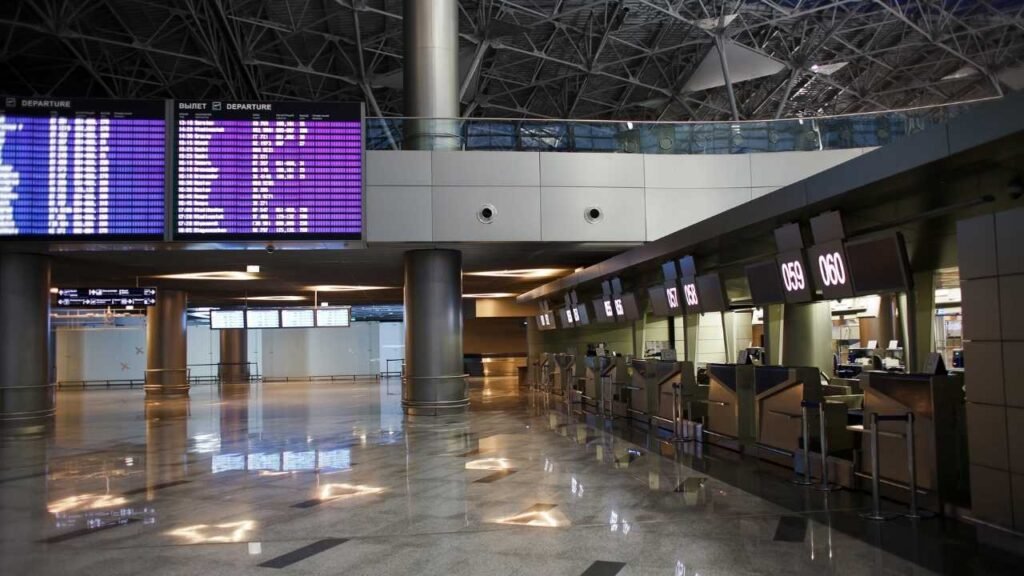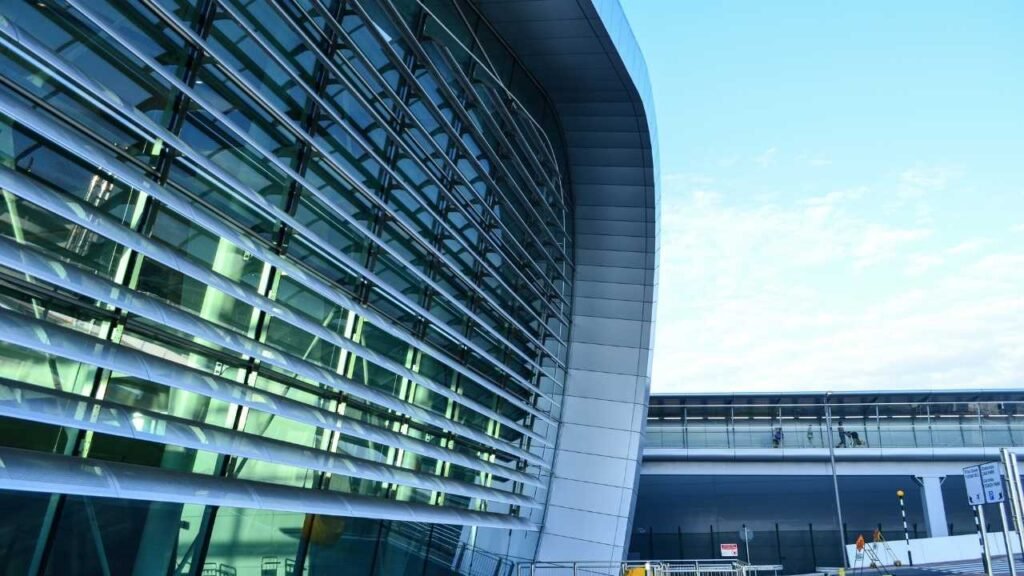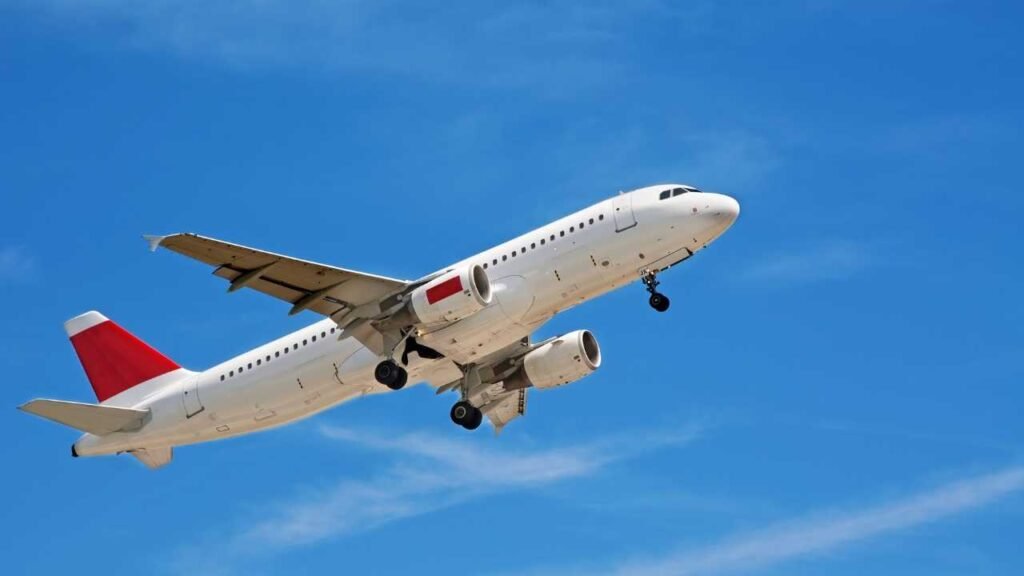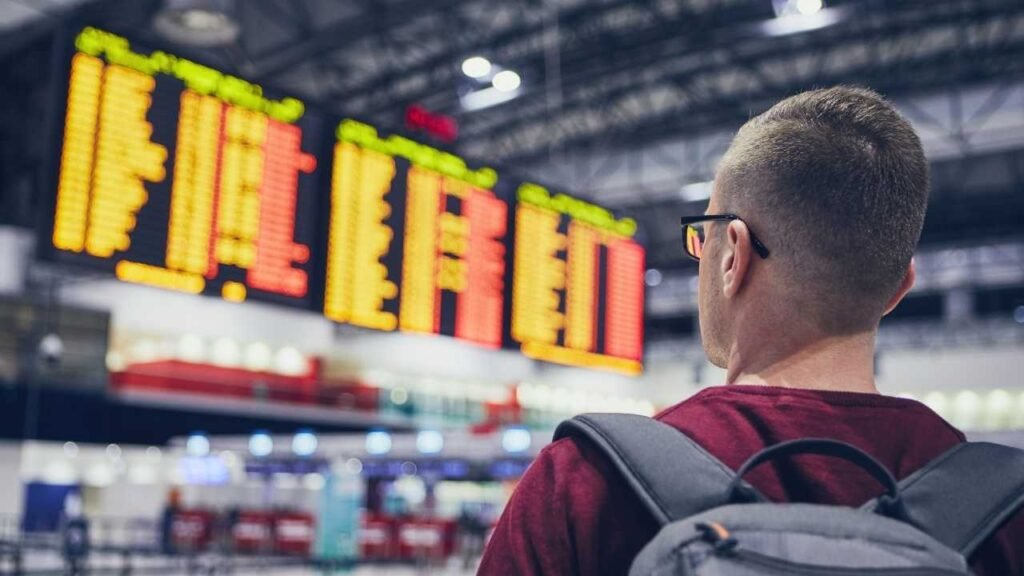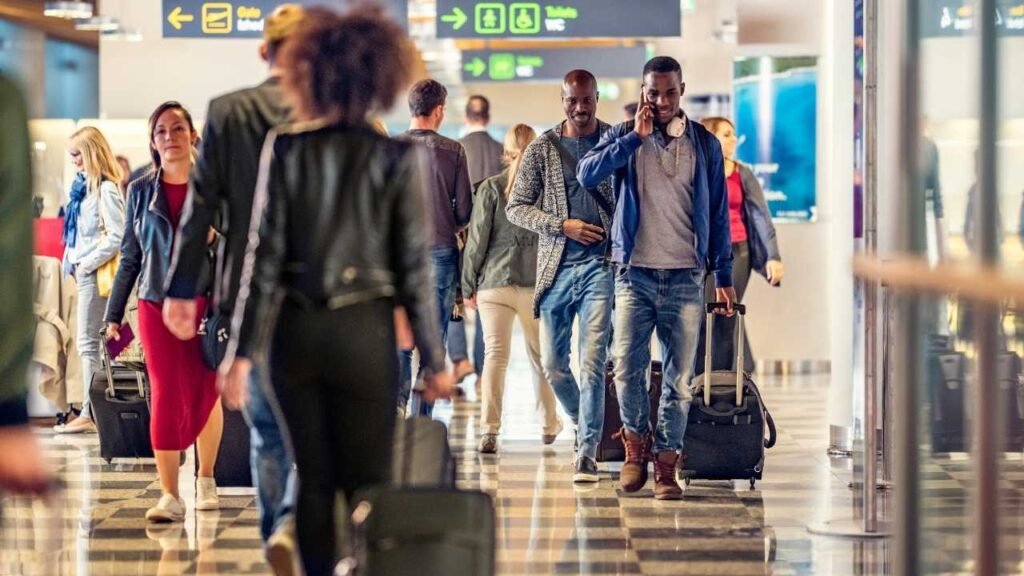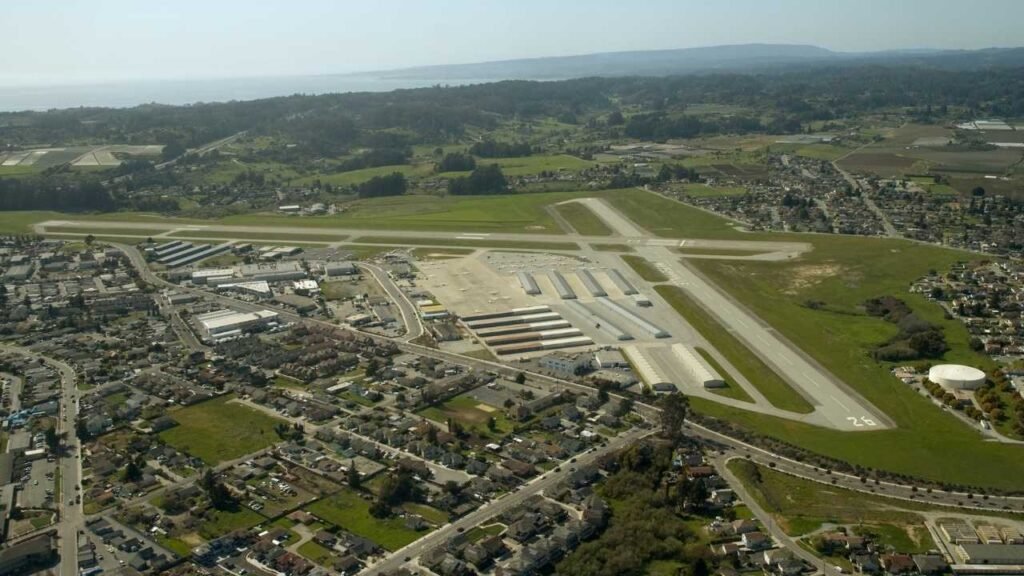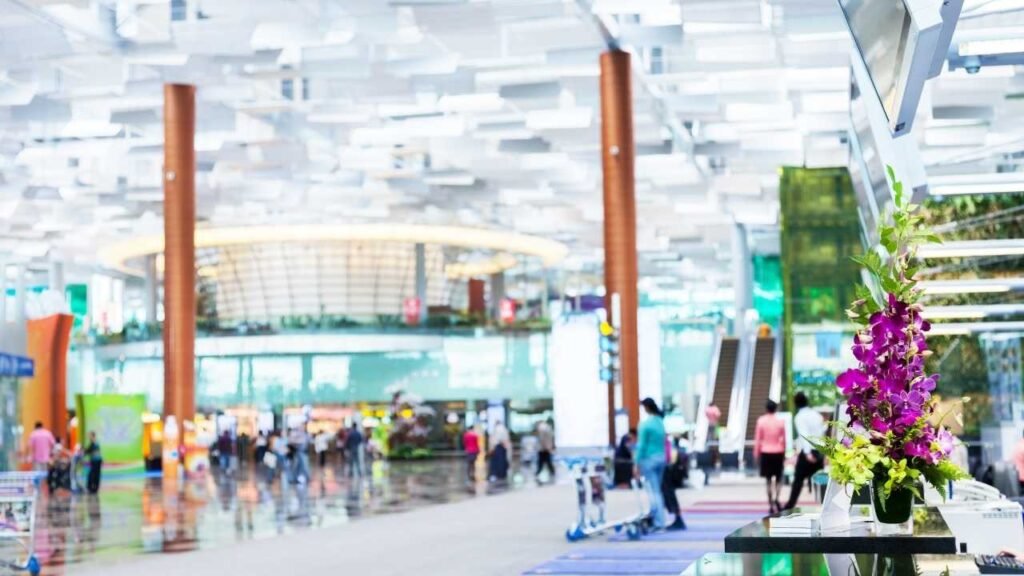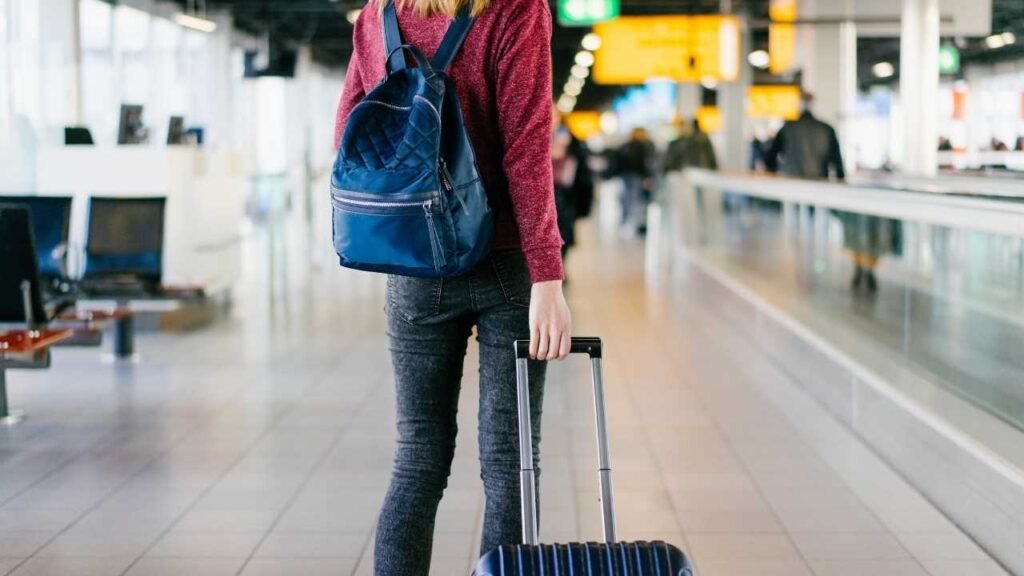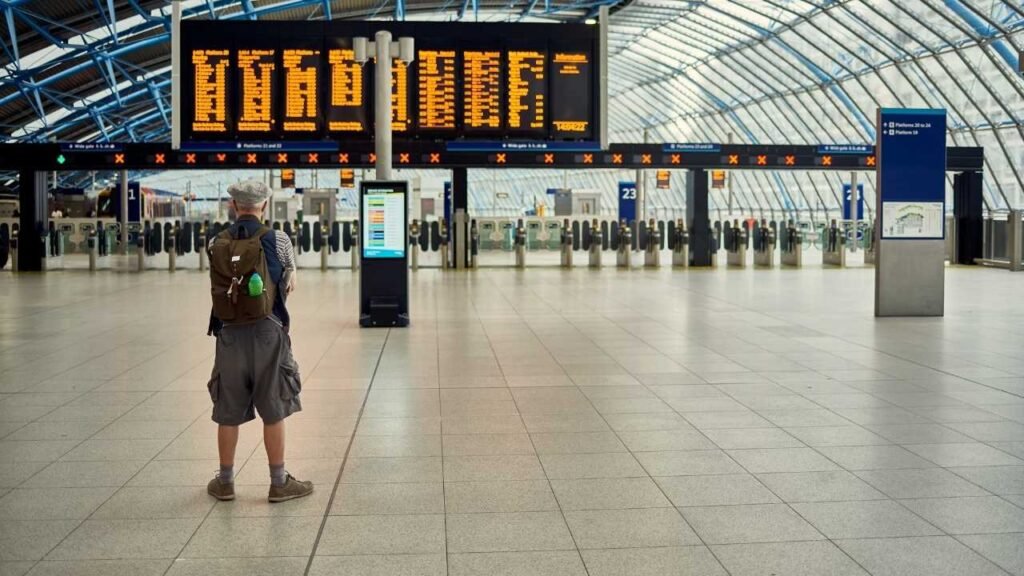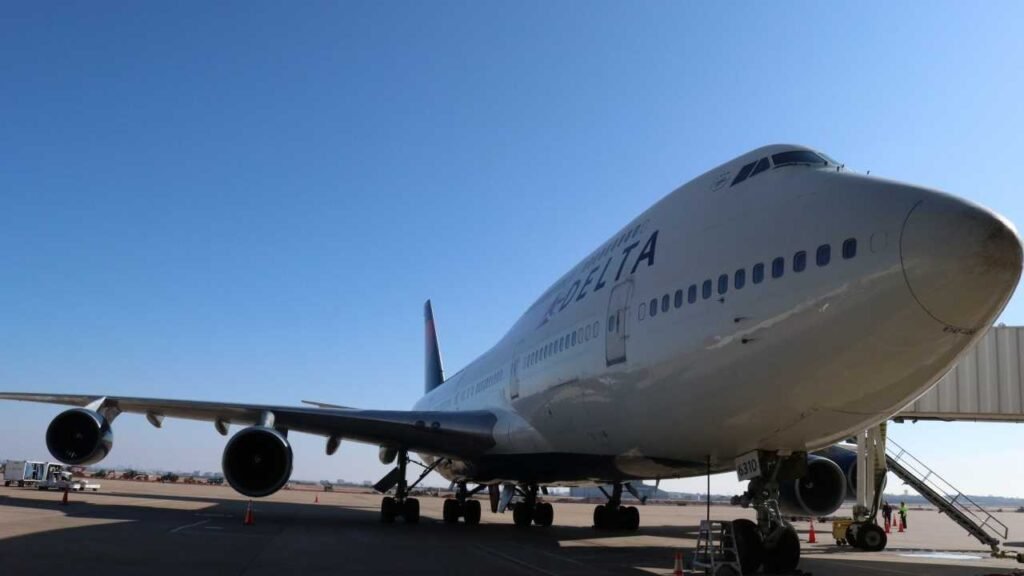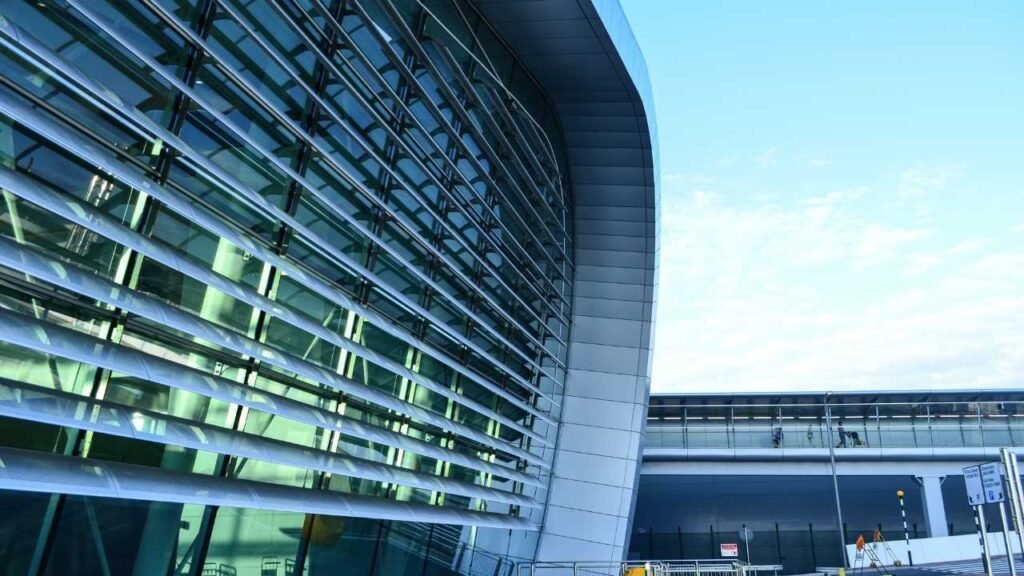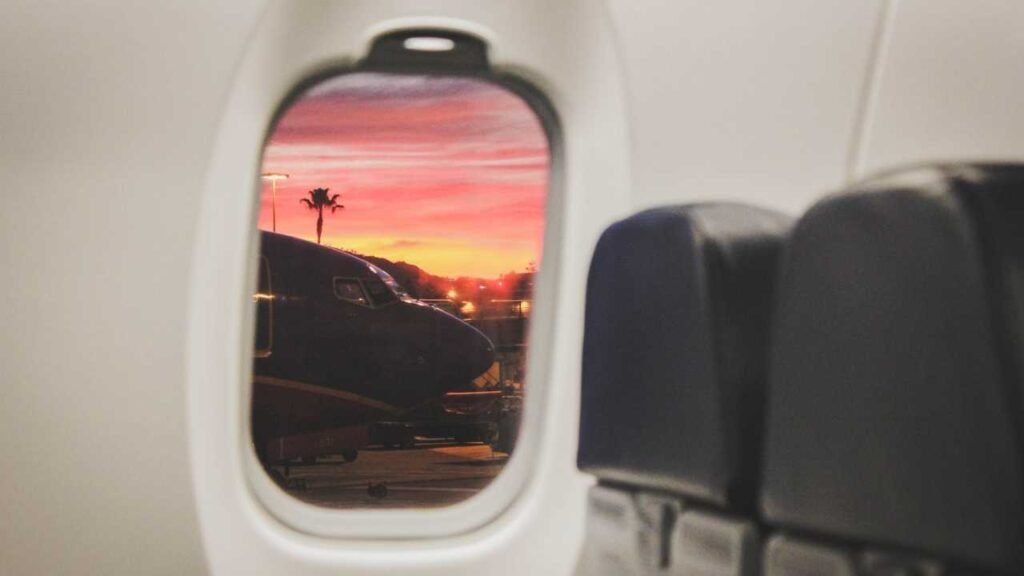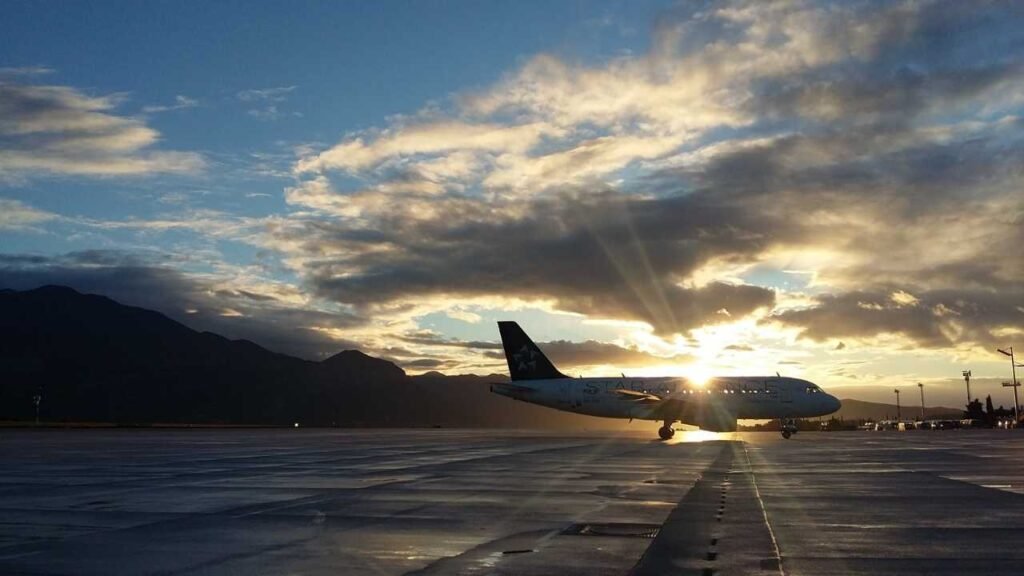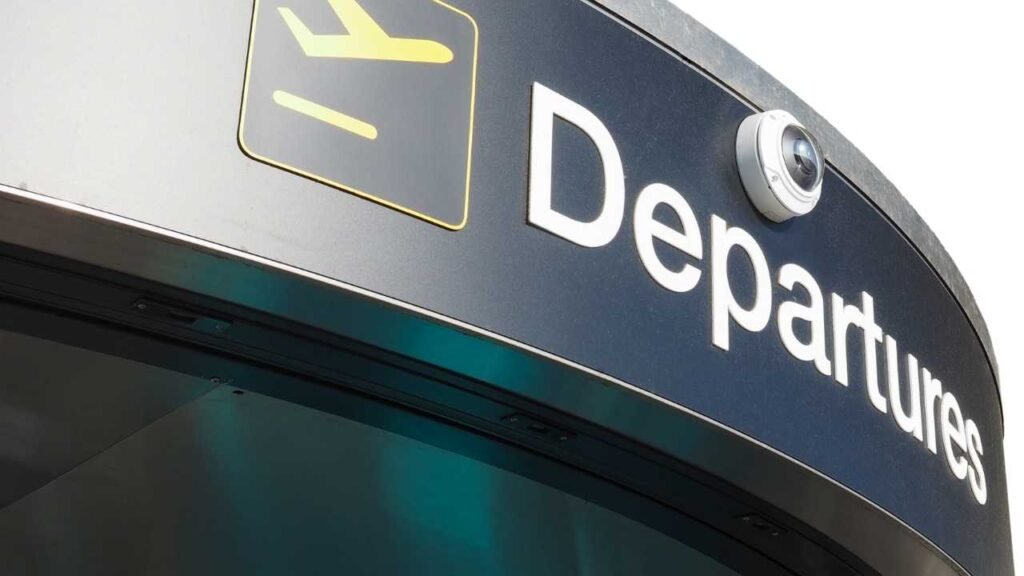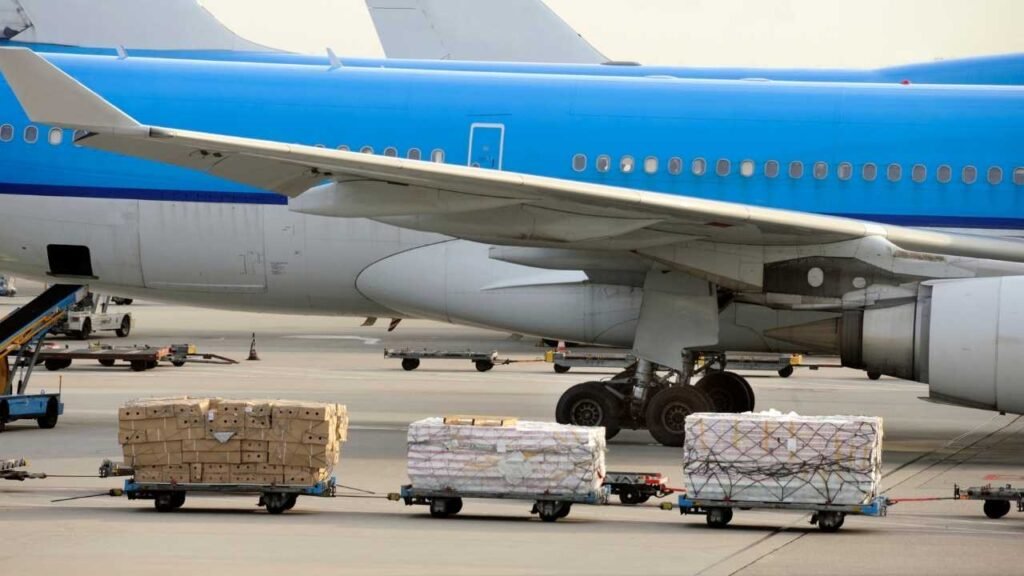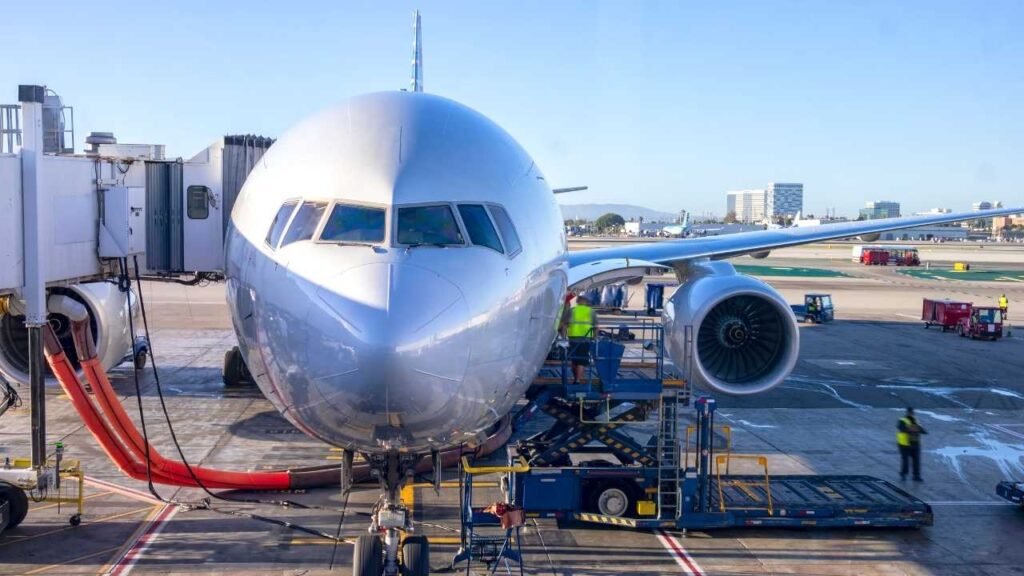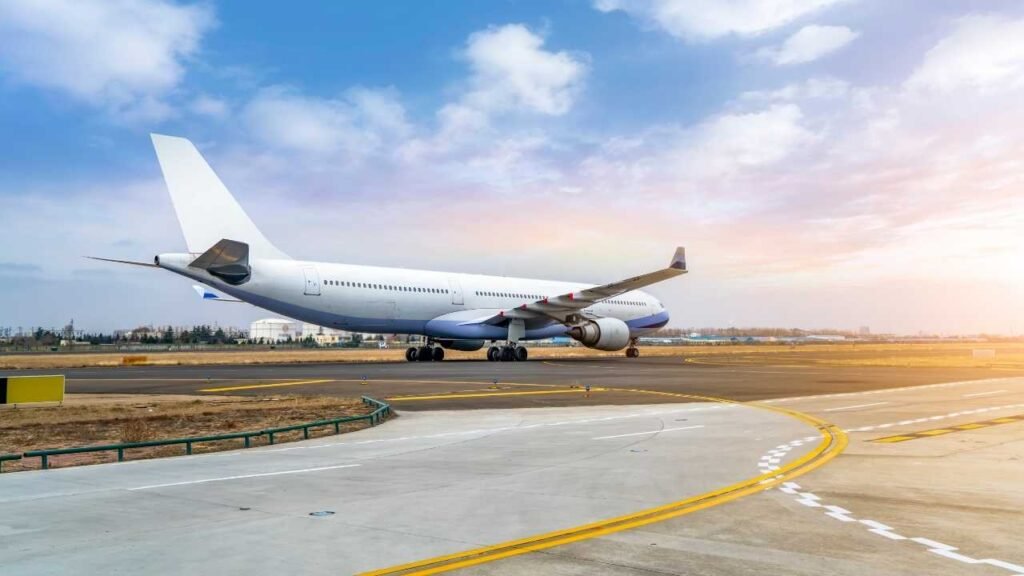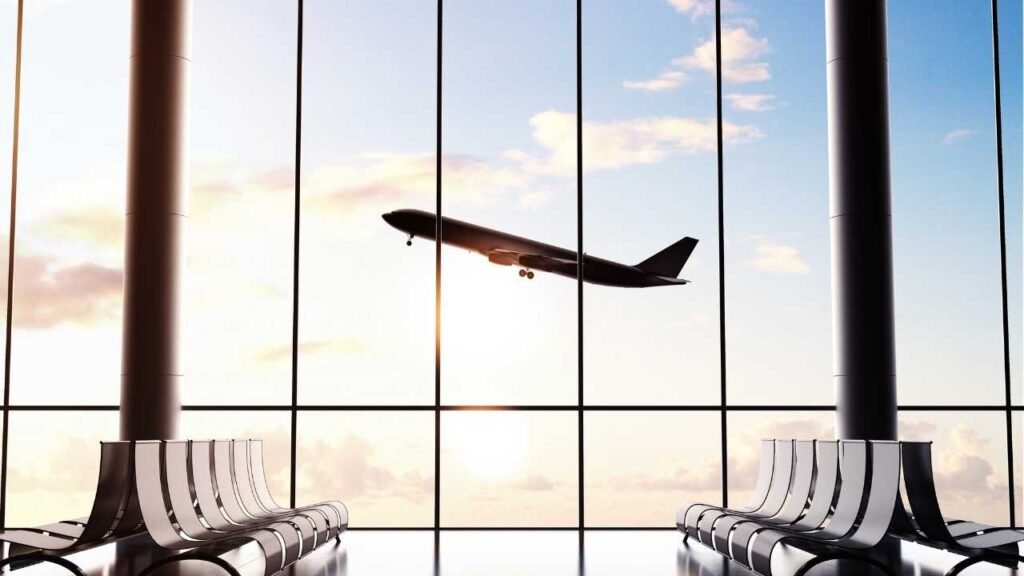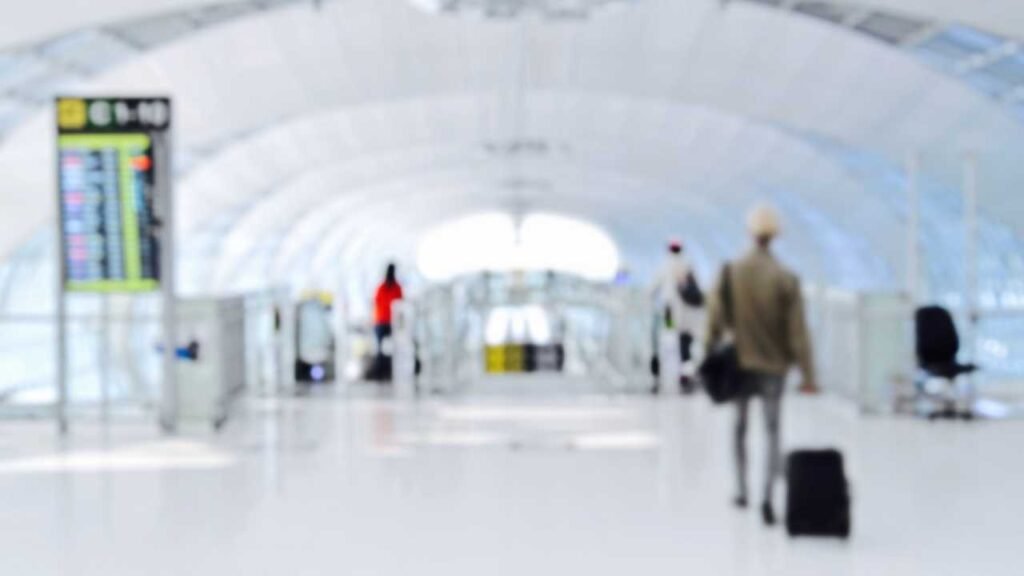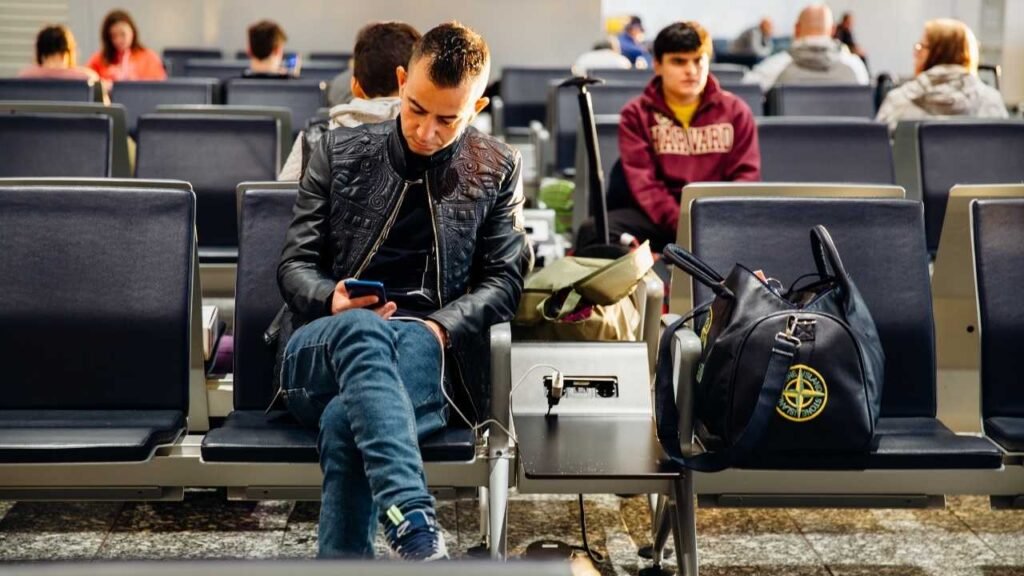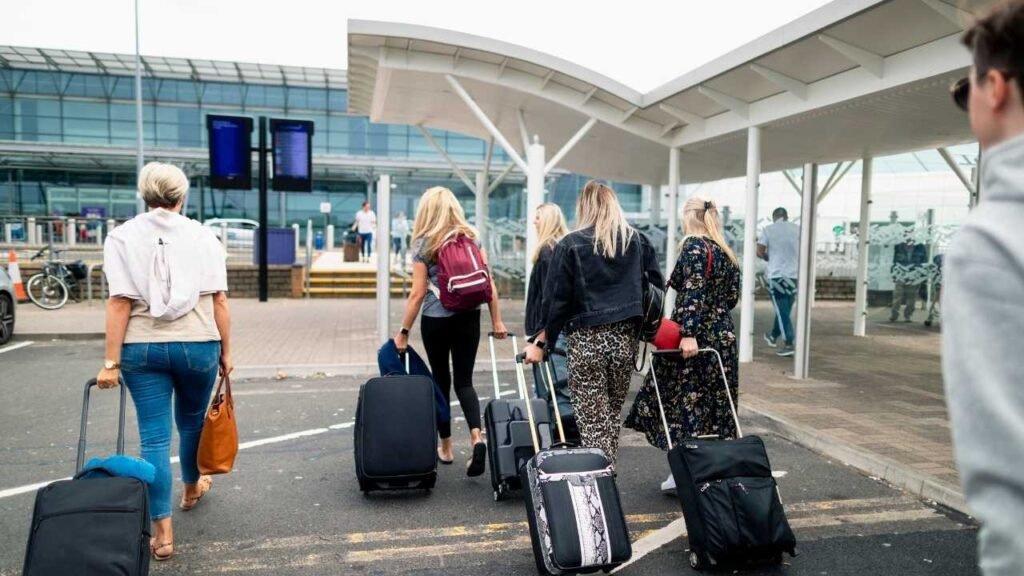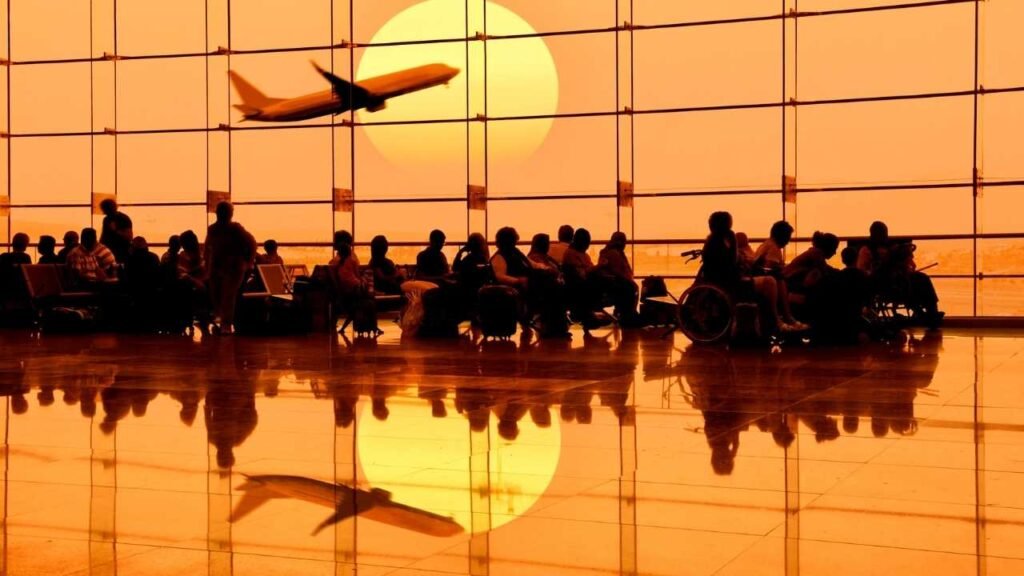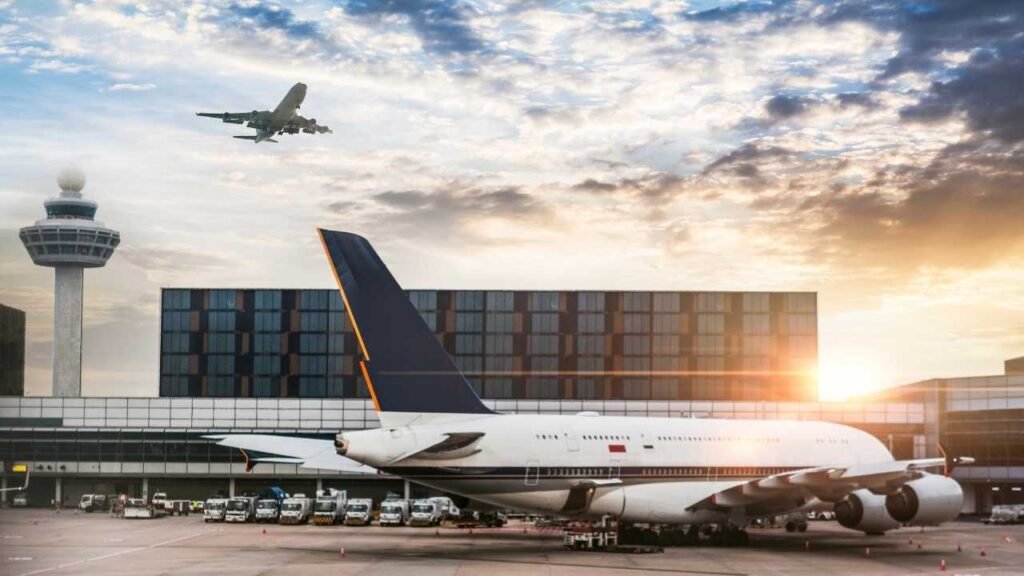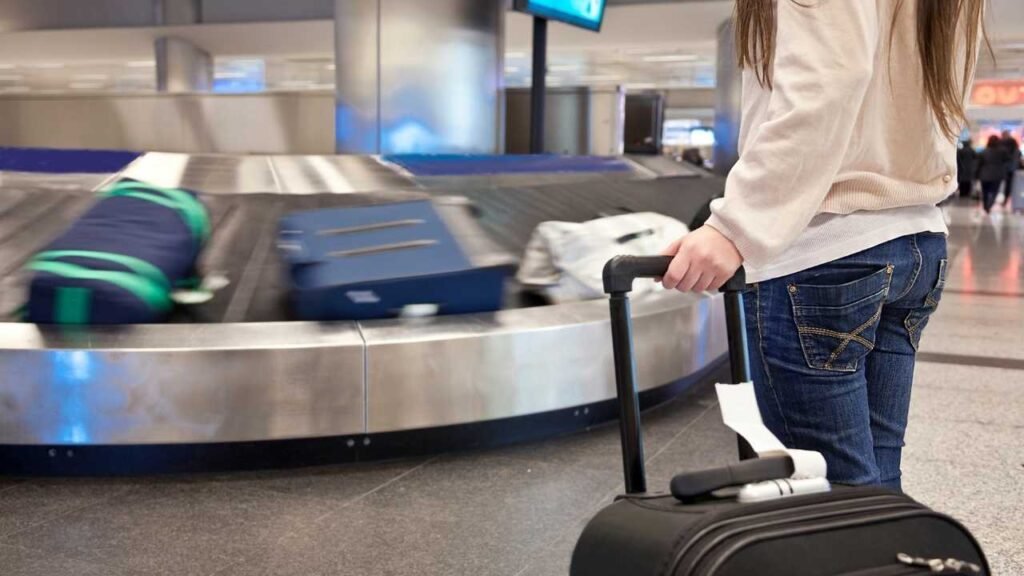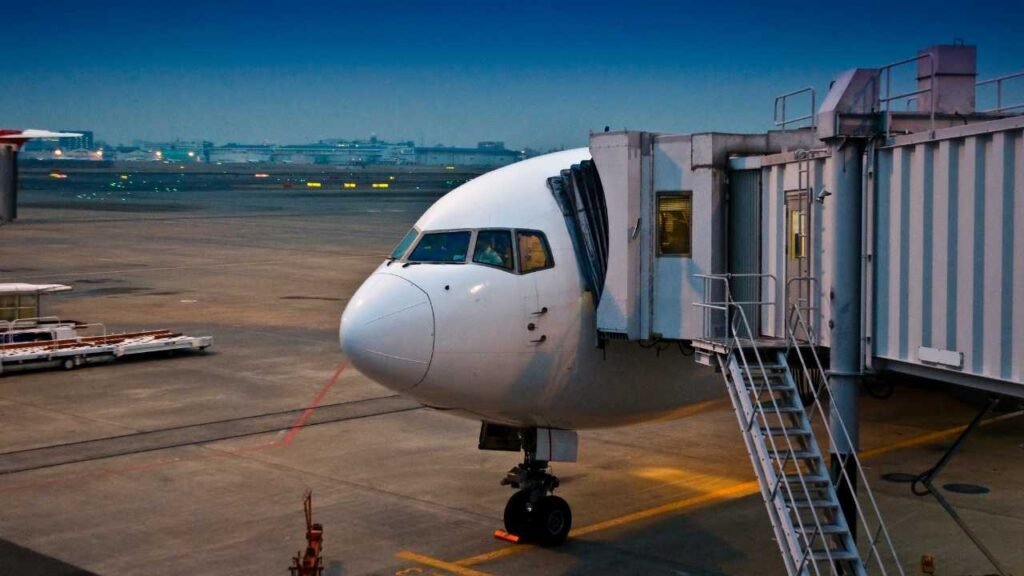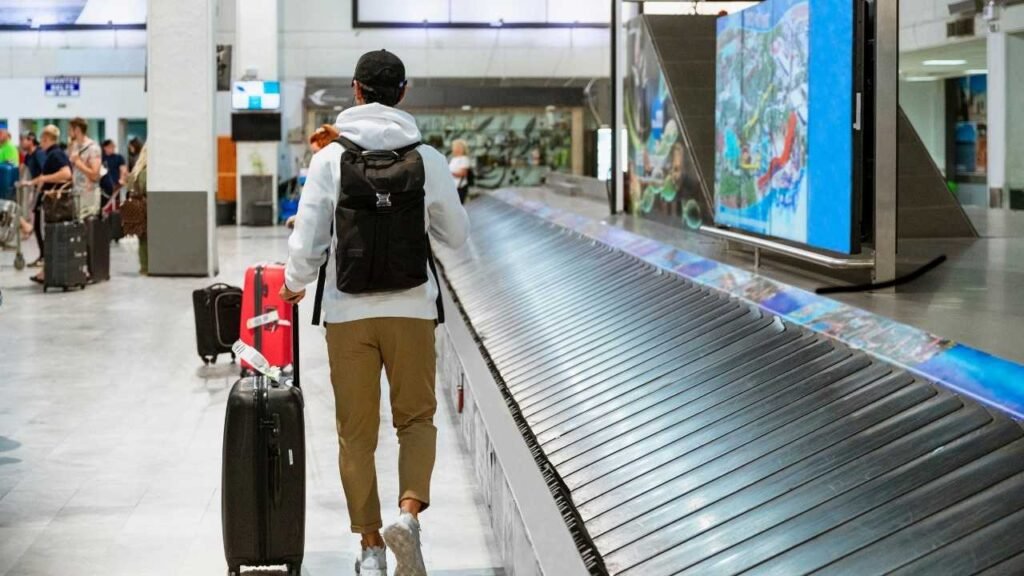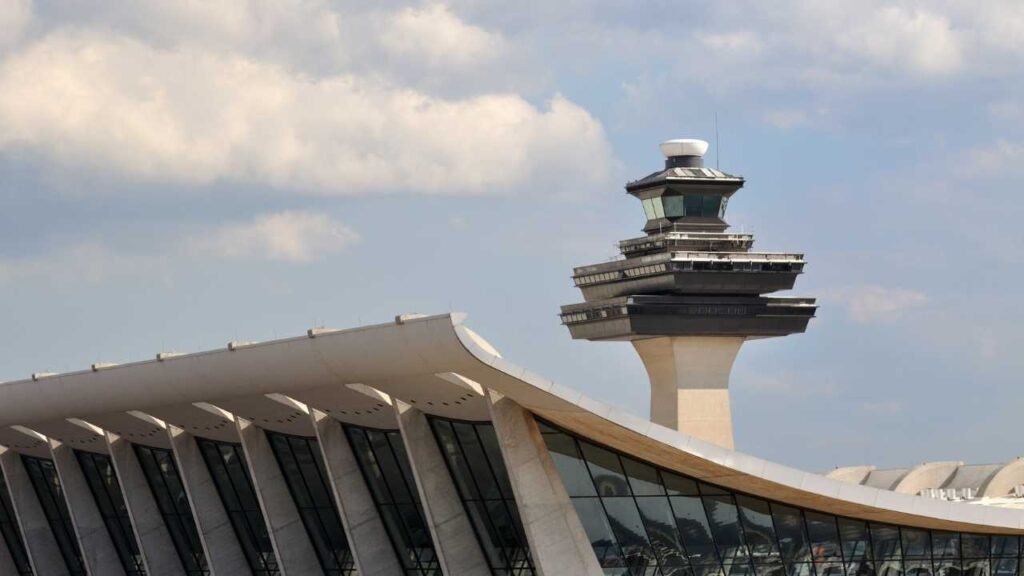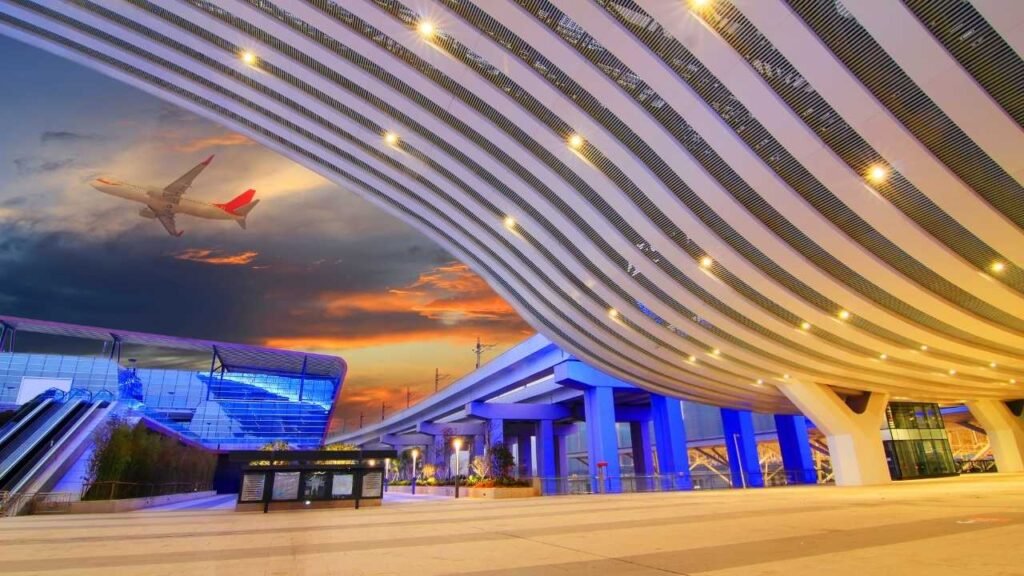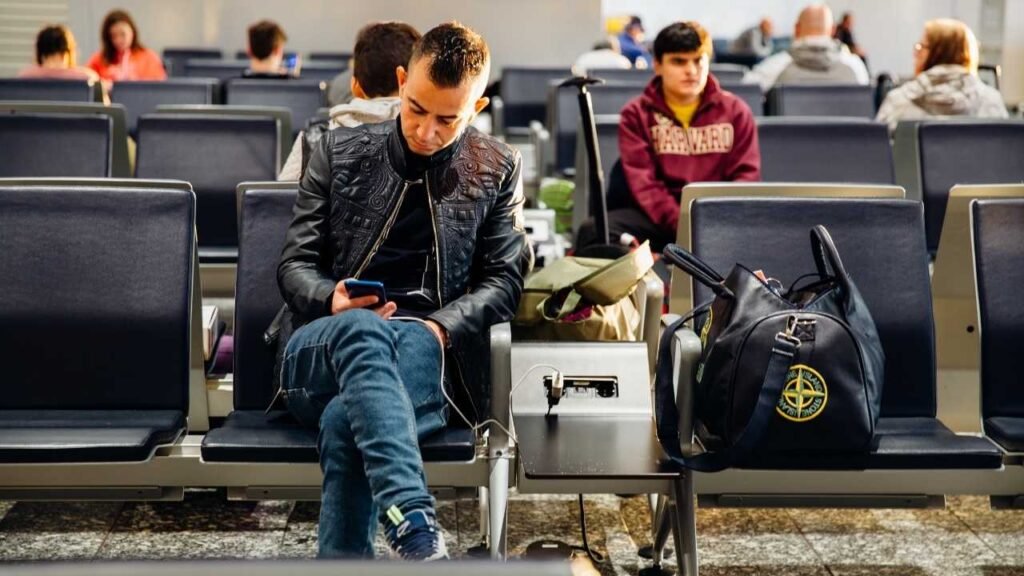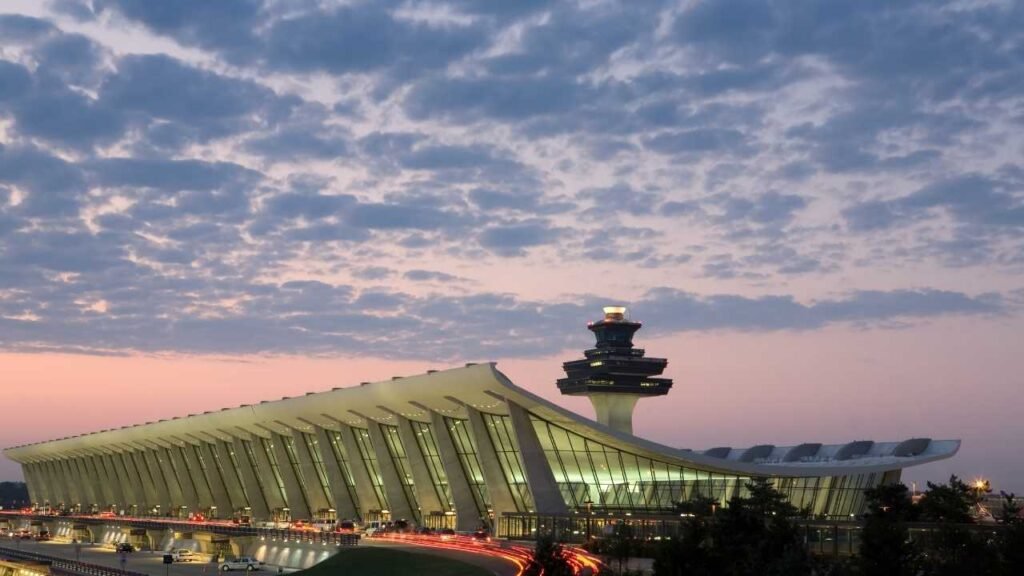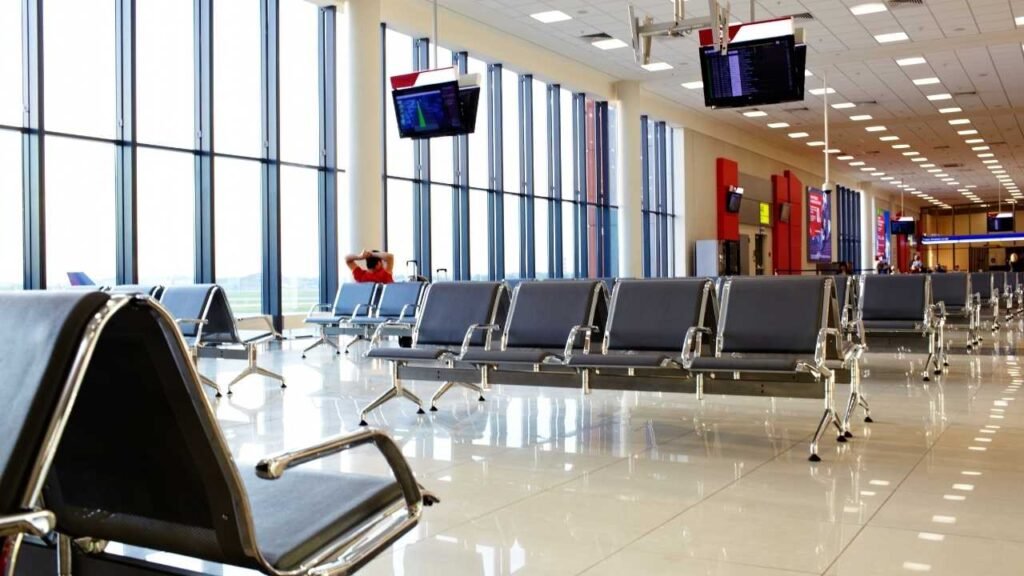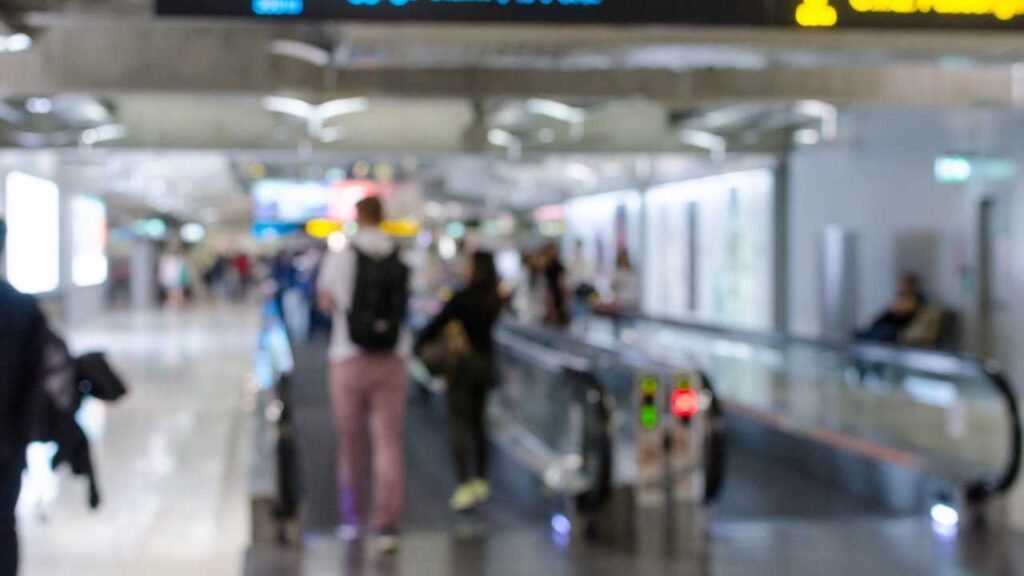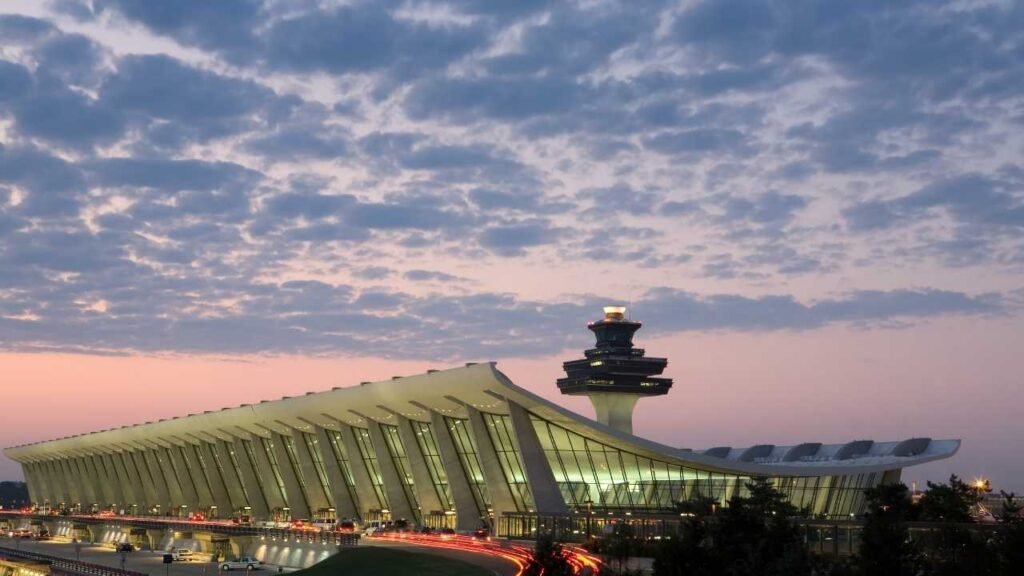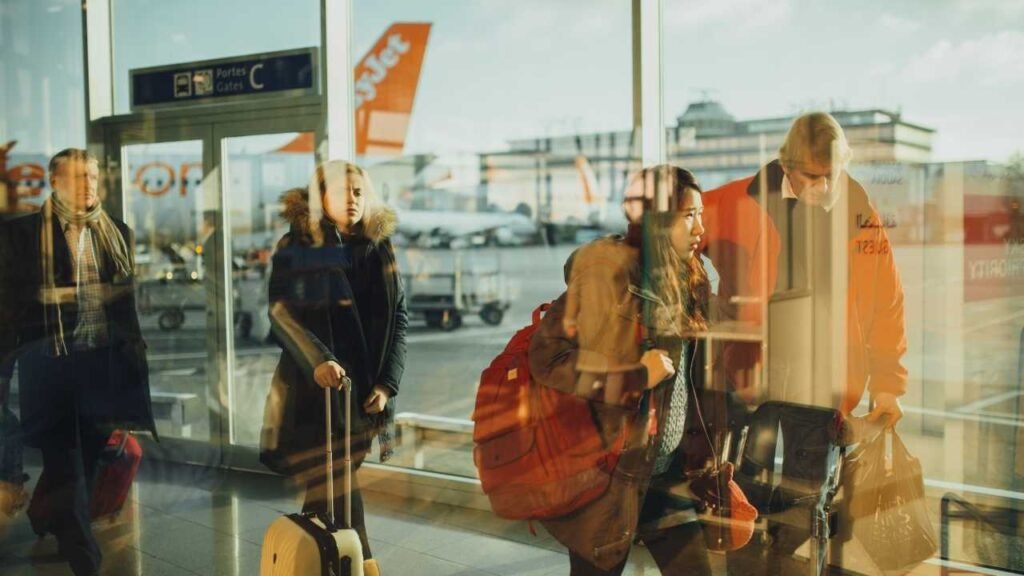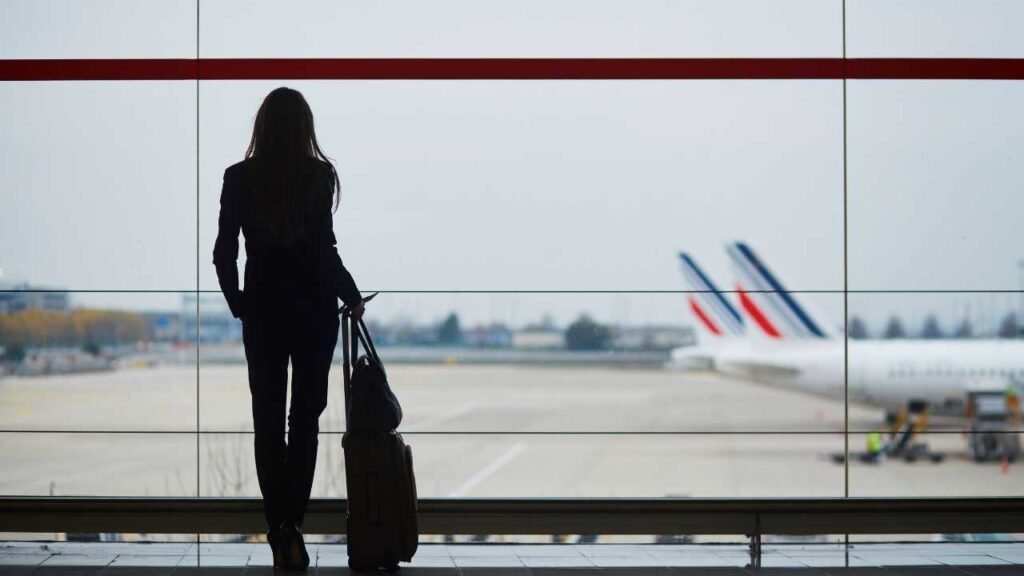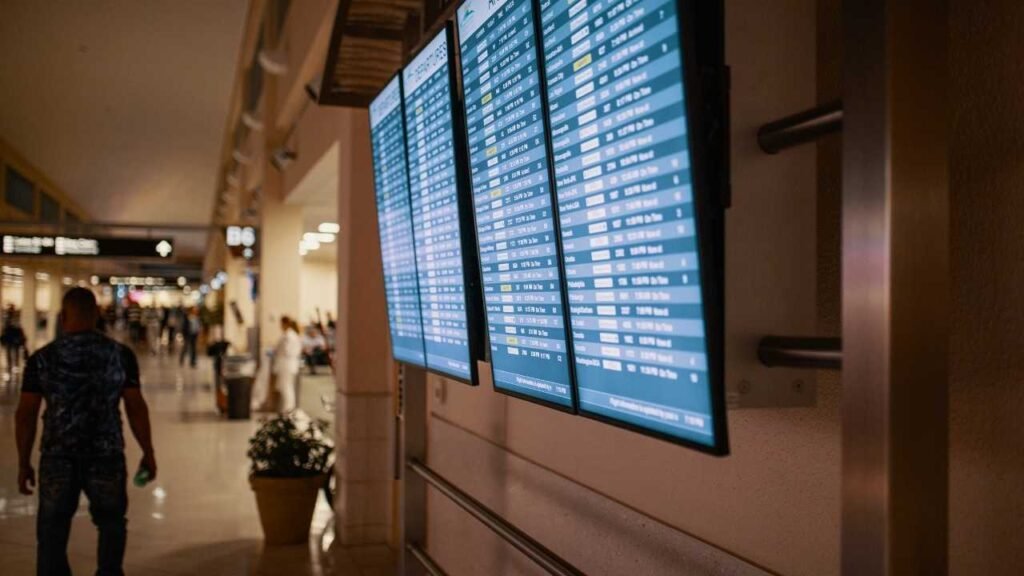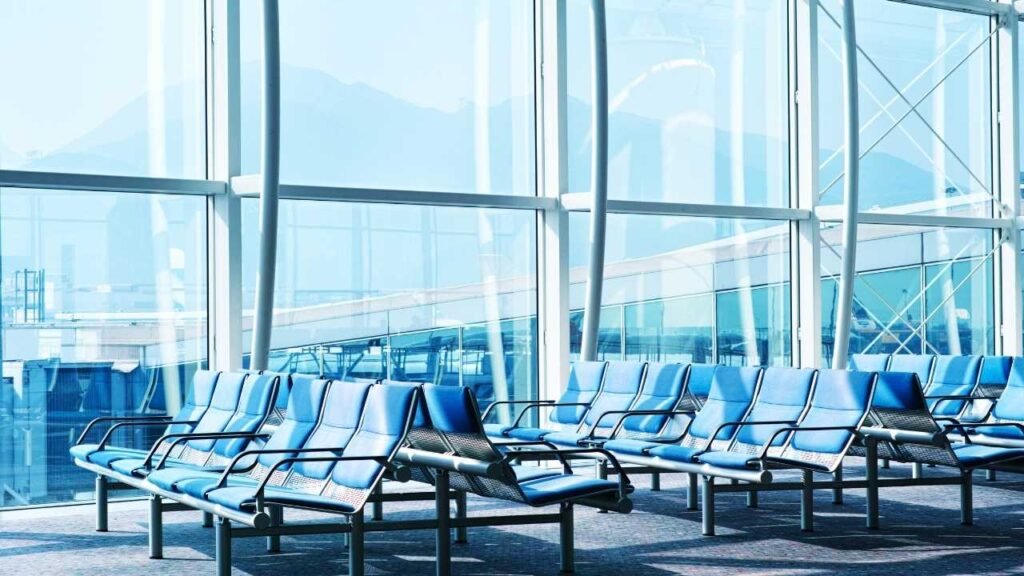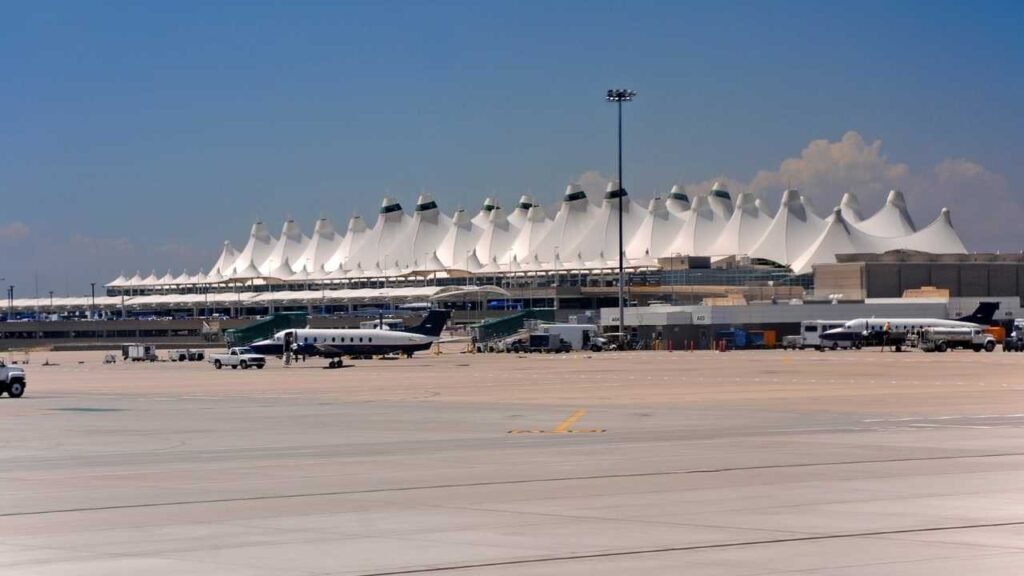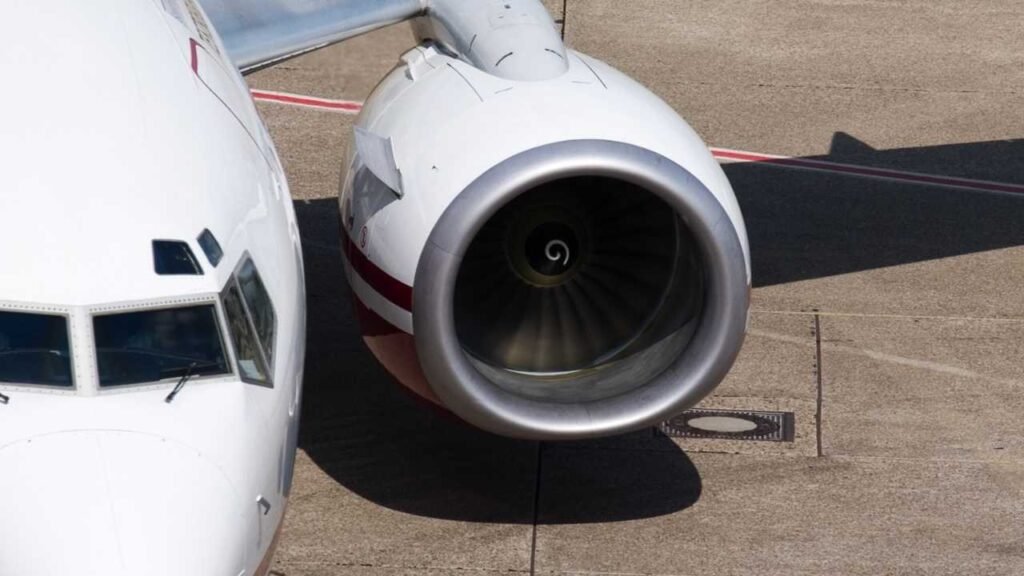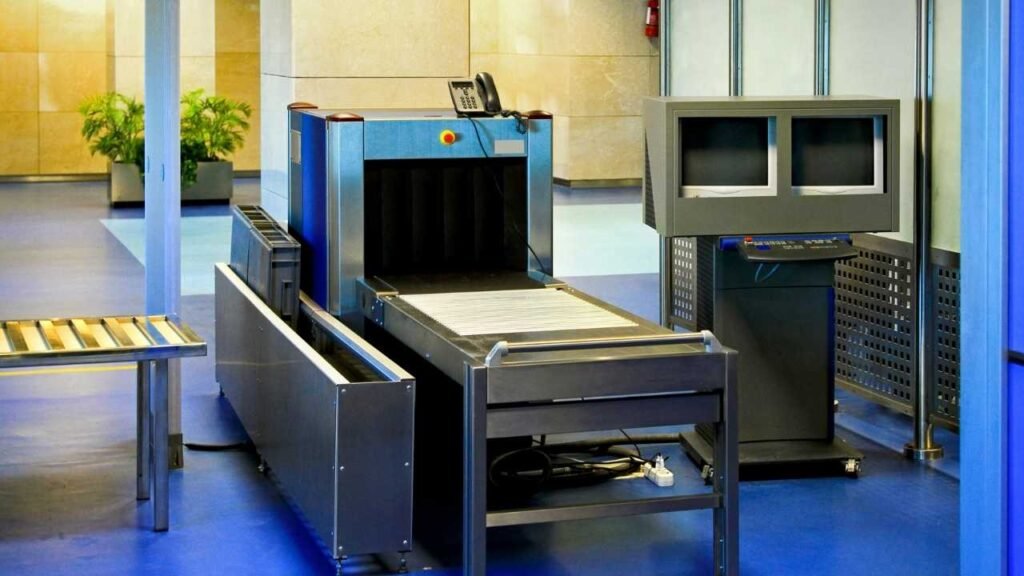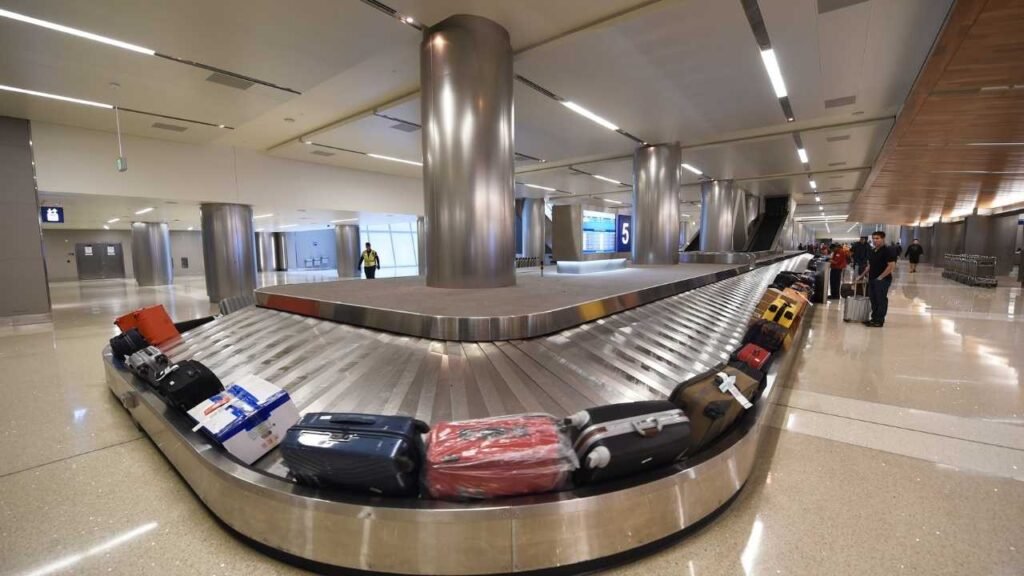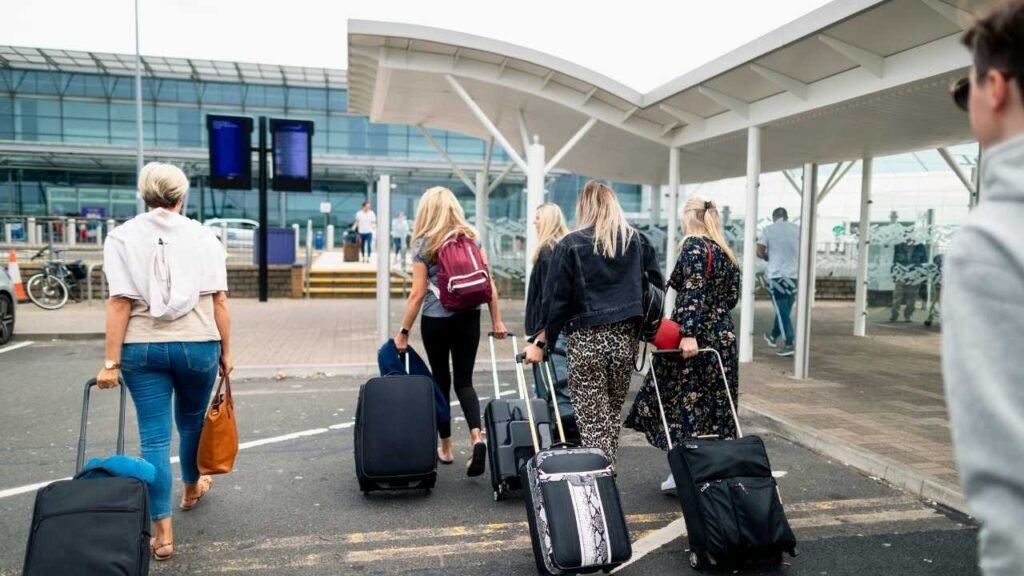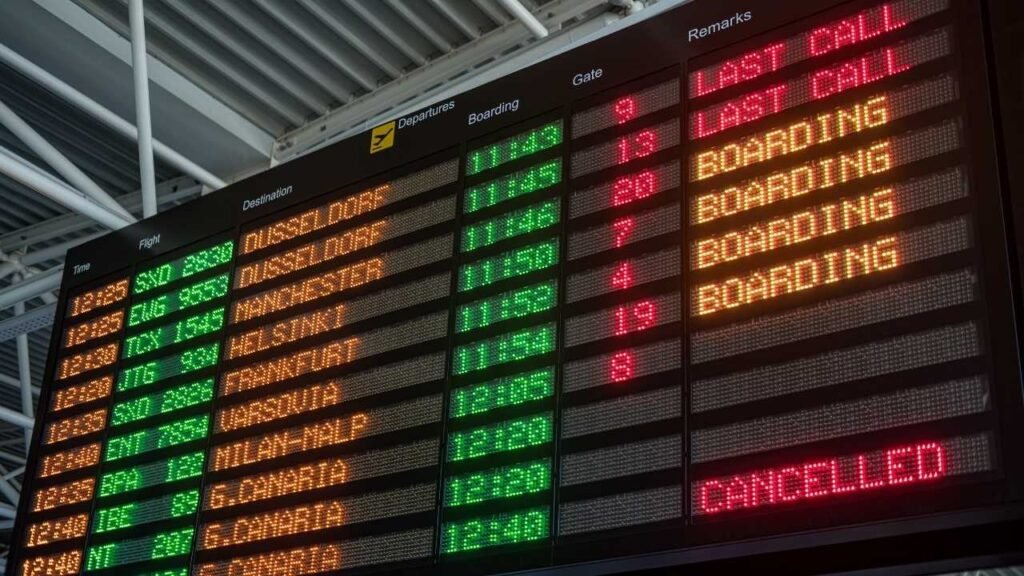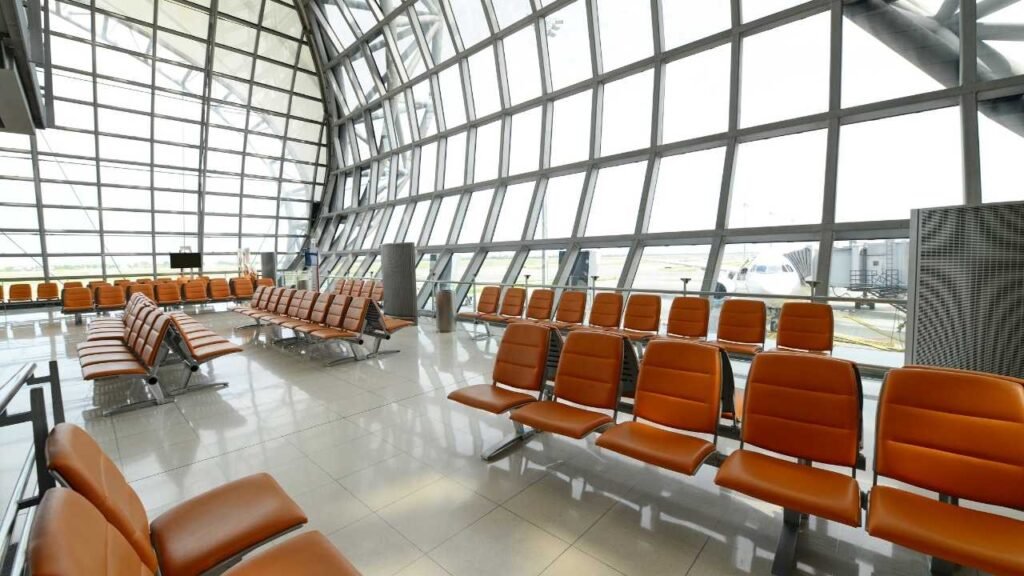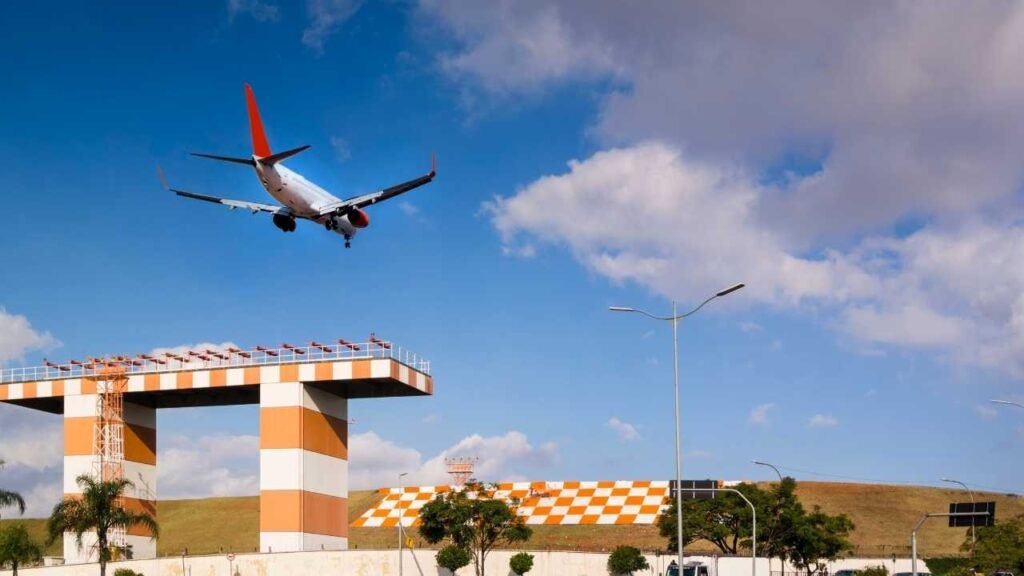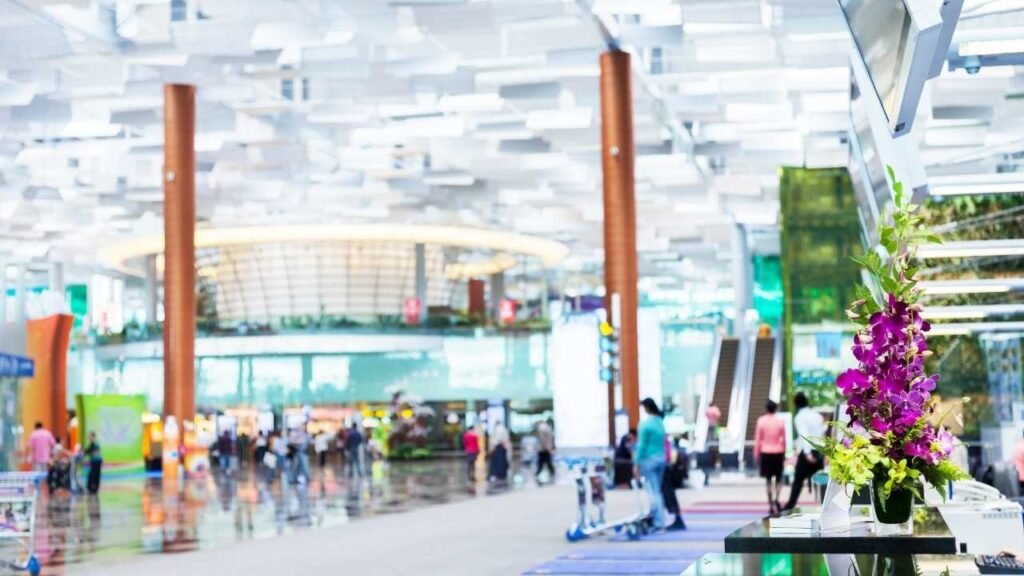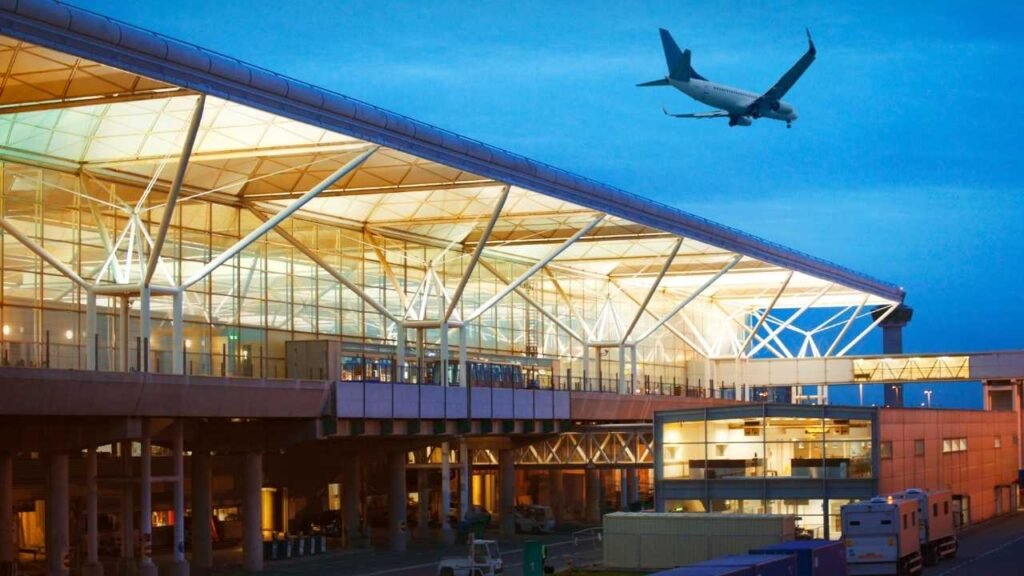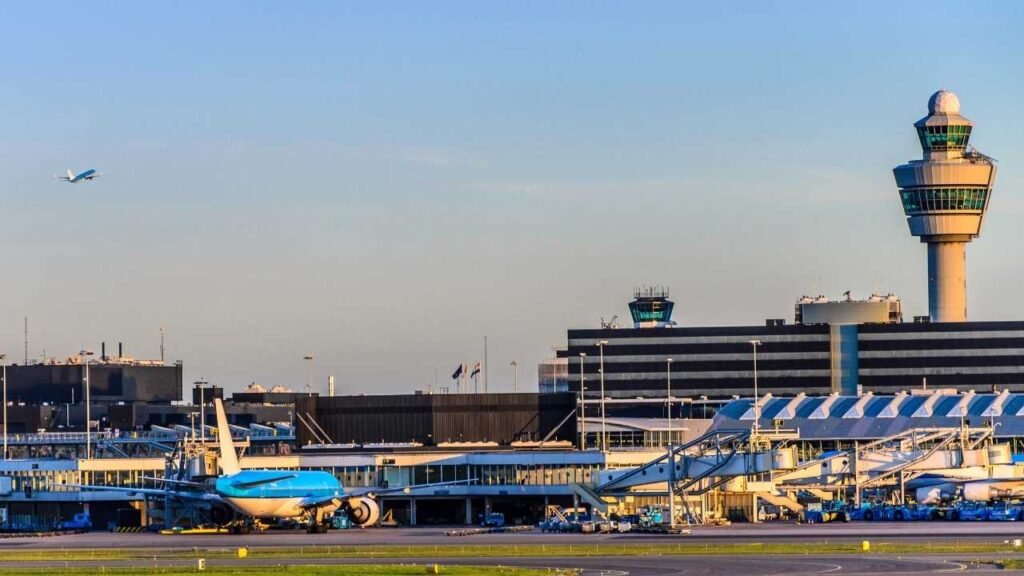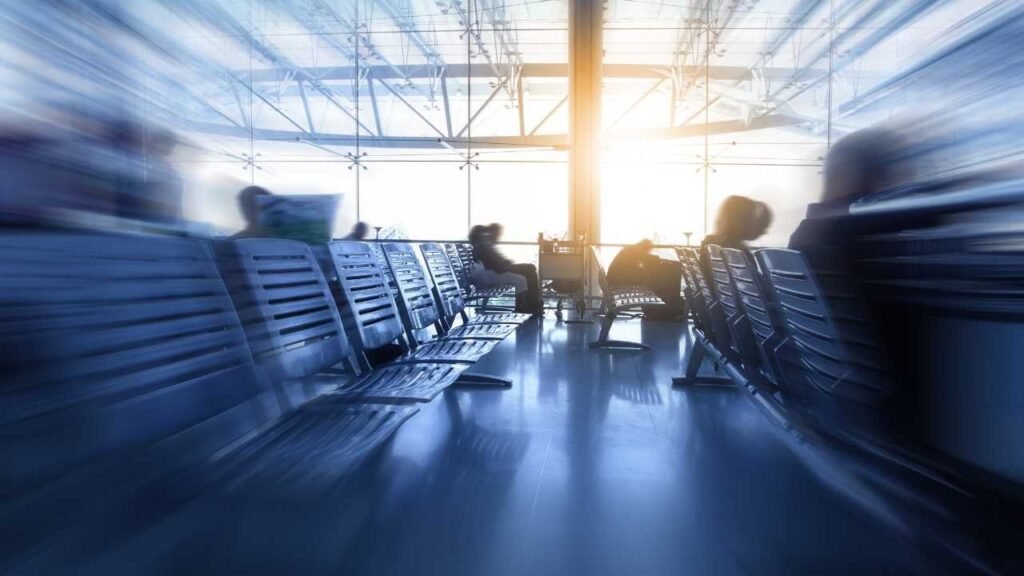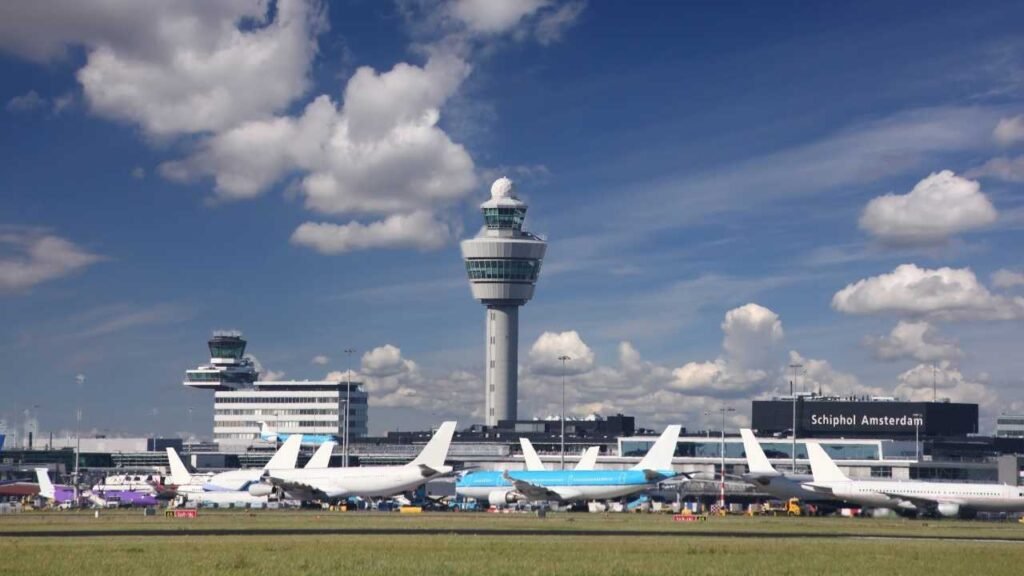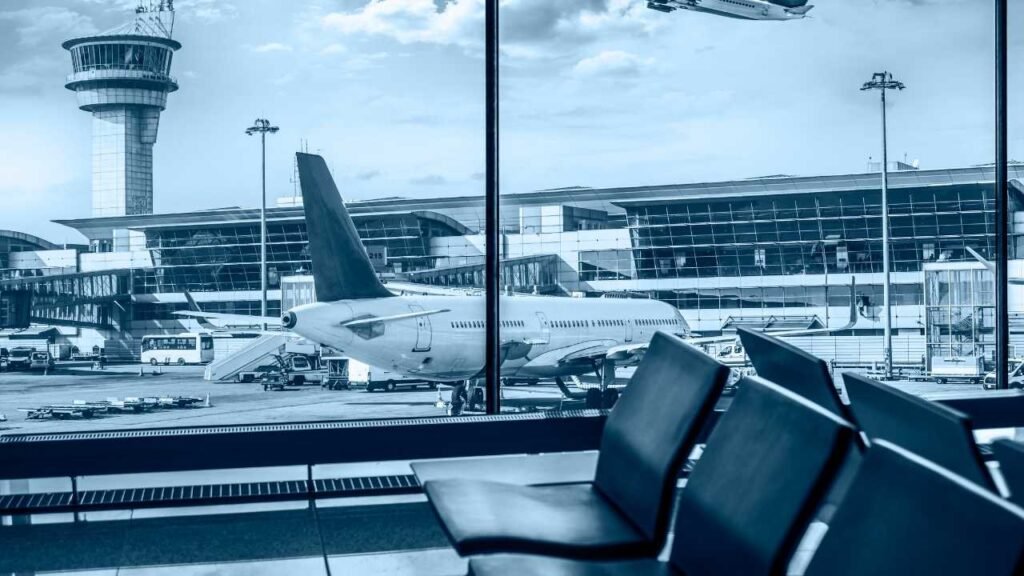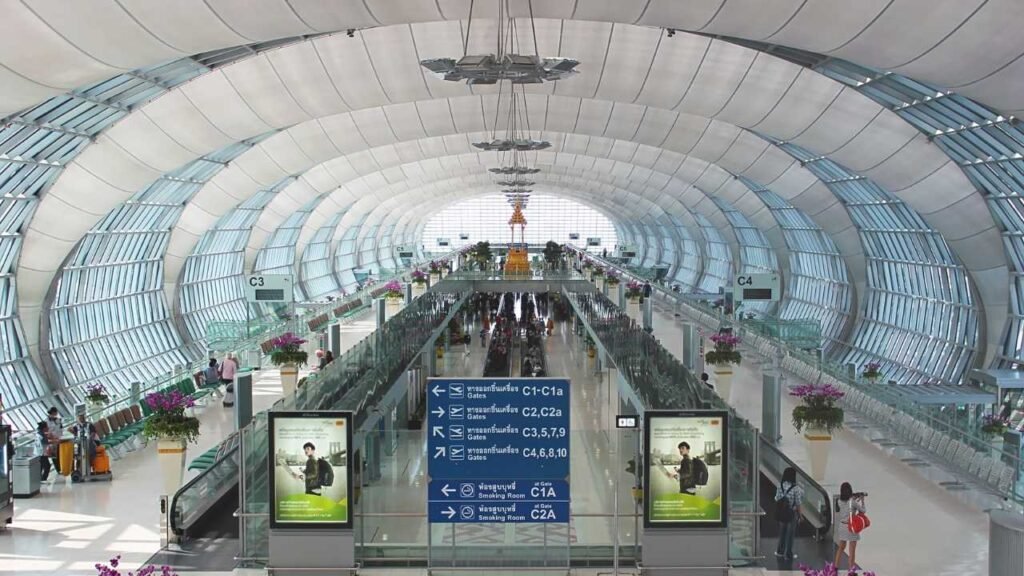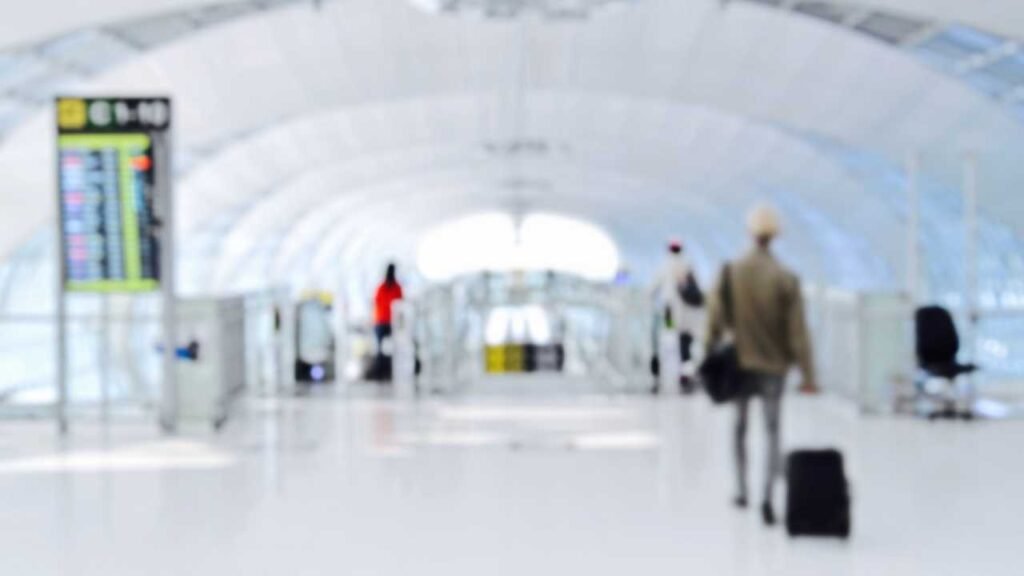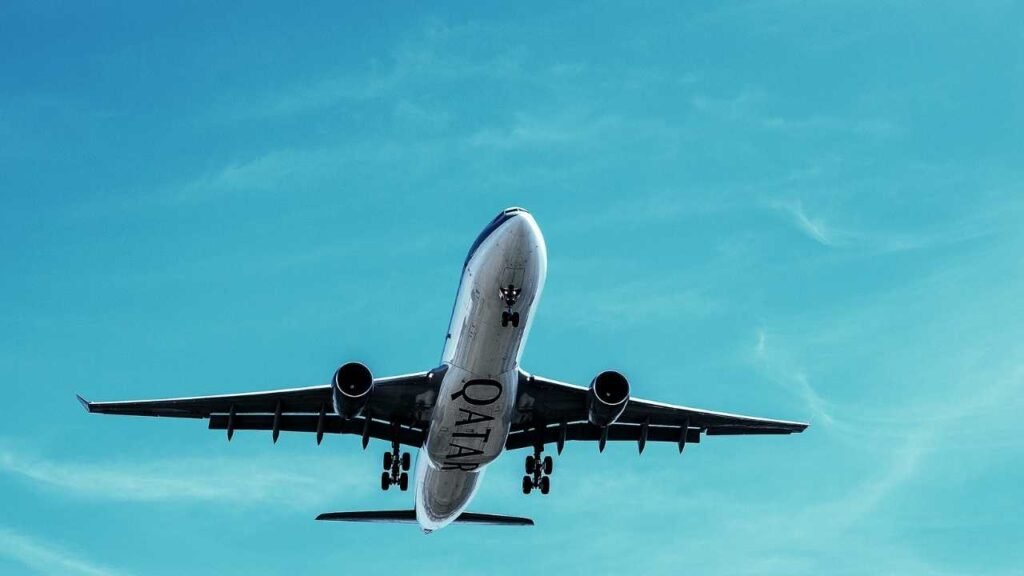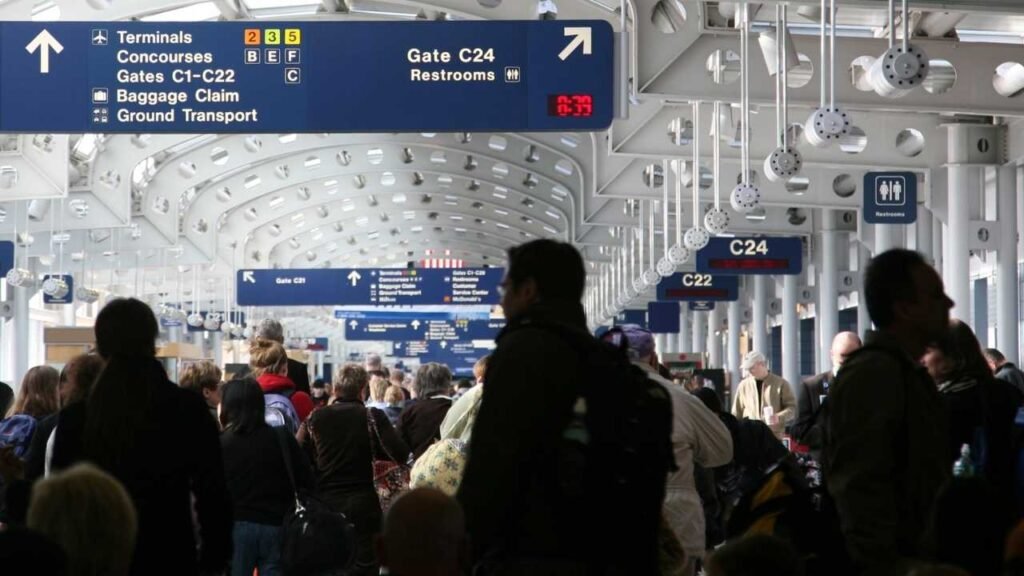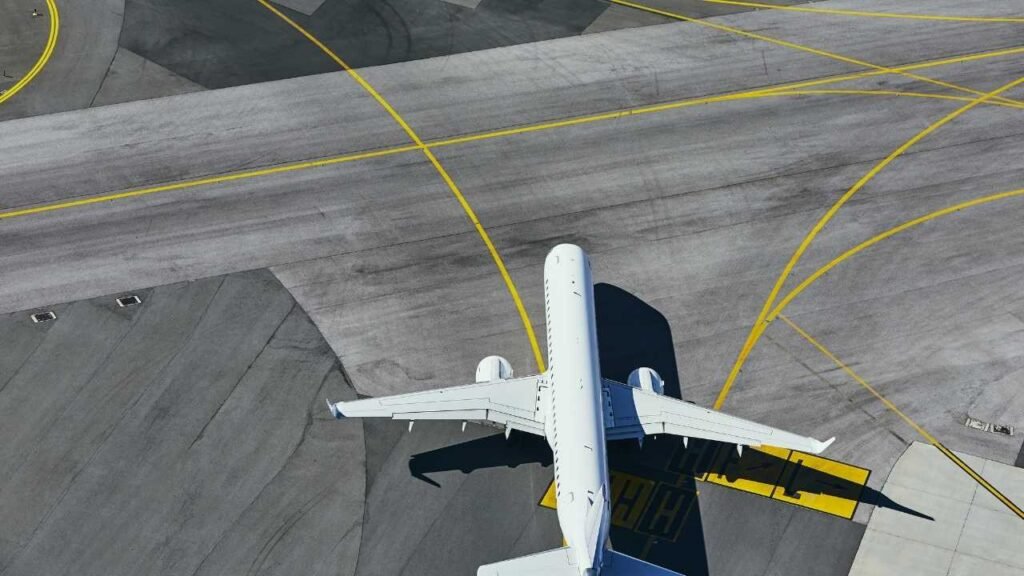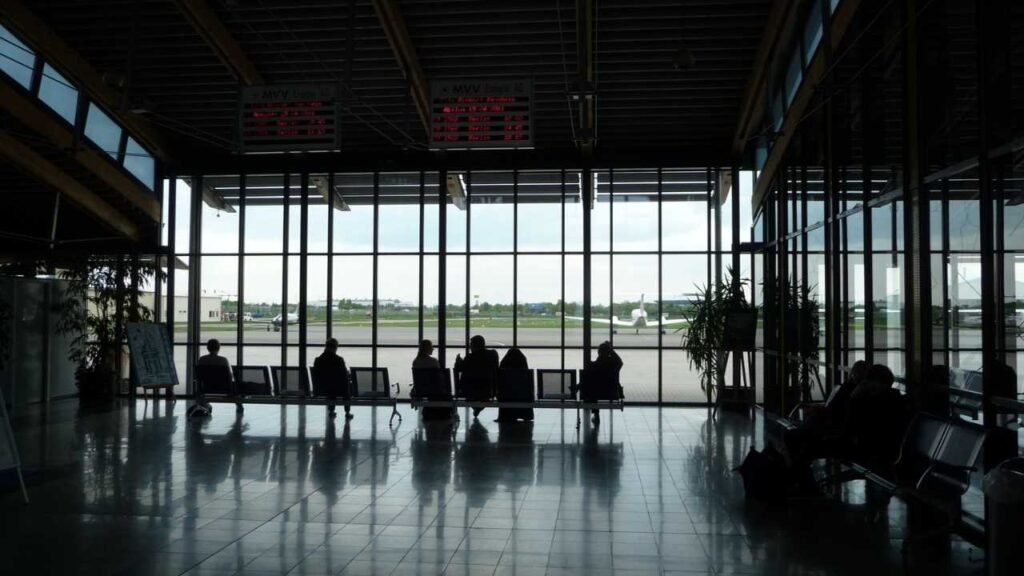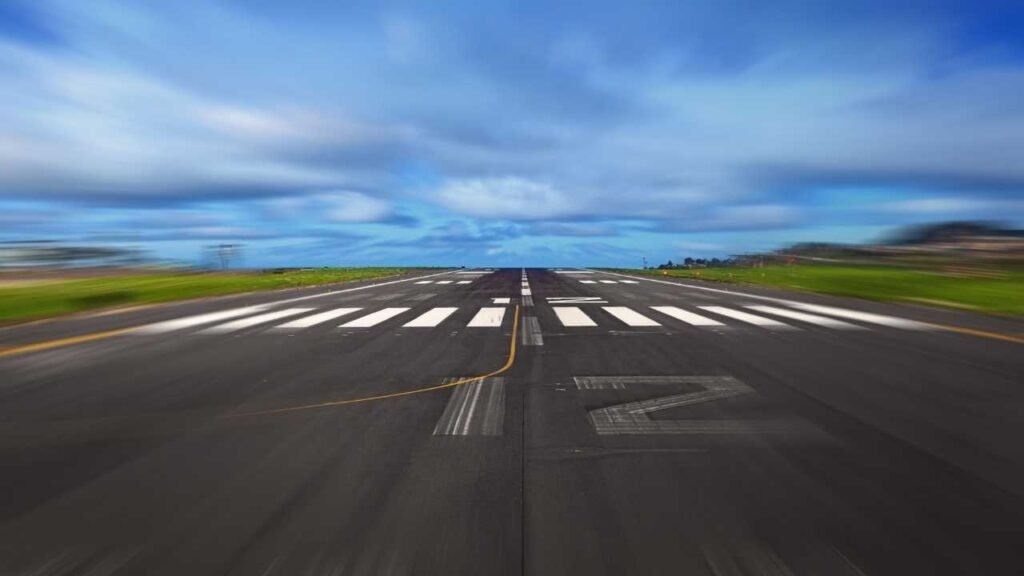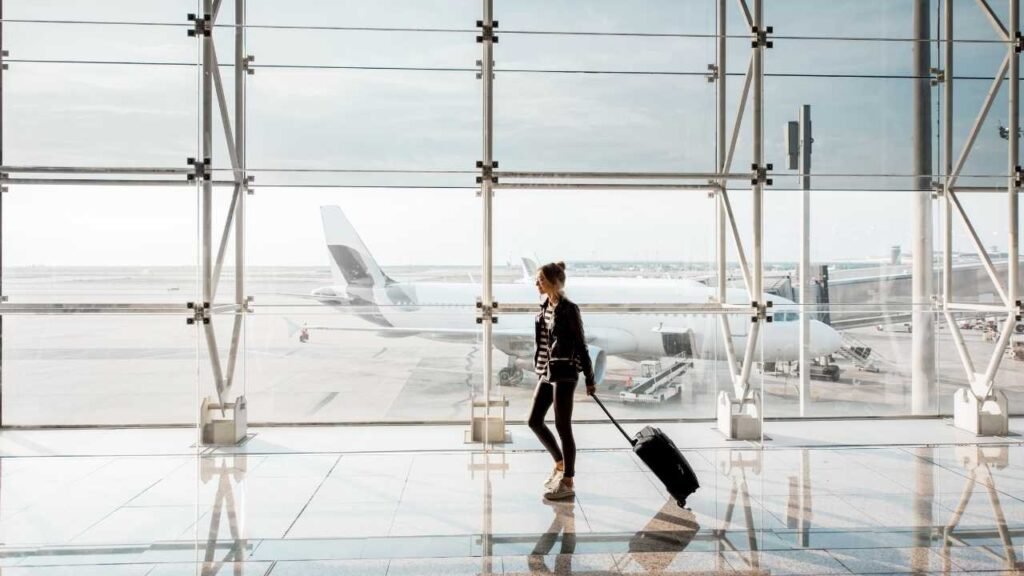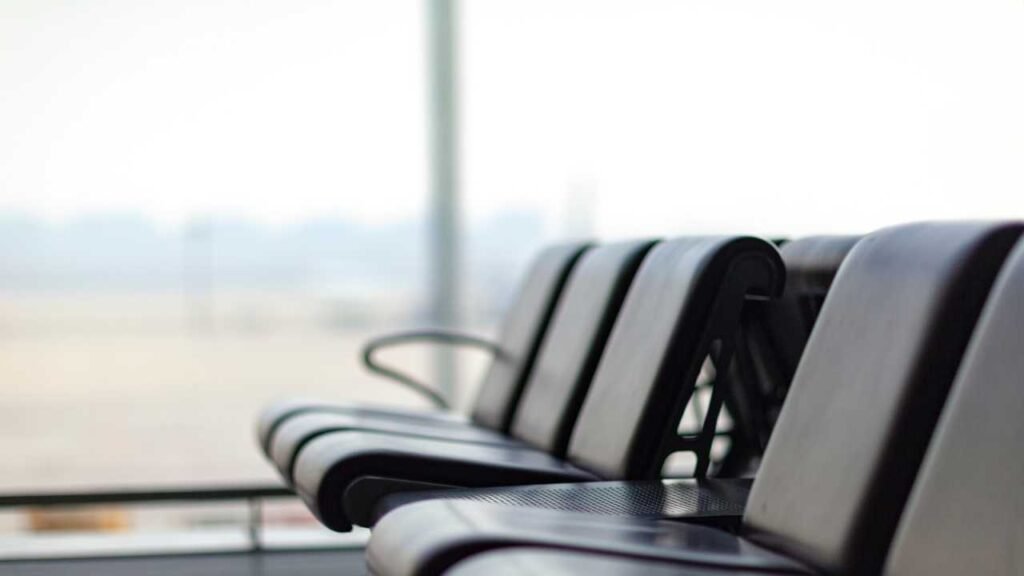- Home
- Manchester-Boston Regional Airport
Manchester-Boston Regional Airport
Slip & Fall and Other Accidents at Manchester-Boston Regional in Manchester-Boston, Illinois
Slip and Fall and Other Accidents at Manchester-Boston Regional Aiport in Manchester-Boston, Illinois
Slips, trips, and other mishaps happen more than most expect in busy terminals like Manchester-Boston Regional. Crowded walkways, wet floors and loose mats create sudden loss of footing. If you are hurt, request an incident number, note camera locations, and get evaluated the same day so your recovery and any claim start on solid ground.

Types of Airport Accidents at Manchester-Boston Regional
Slip & Fall Accidents at Manchester-Boston Regional Aiport
Slip and fall accidents frequently top the list of traveler incidents in busy terminals.
Hazards typically stem from wet floors from cleaning, which turn a routine step into a fall.
High-risk spots are often baggage claim carousels, where crowding amplify risks.
Many incidents arise from missing or poorly placed warning signs.
Property operators are expected to inspect and correct hazards promptly under premises liability rules.
Negligence may be proven through actual knowledge of a spill.
Injuries commonly involve wrist or ankle sprains, requiring urgent care.
Right after a fall, request an incident number and note names and times.
Useful evidence can include shoe tread and clothing preserved unwashed.
Surveillance footage may be retained briefly, so identify camera locations you observed within hours.
Multiple parties can be on the hook, including the airport authority, depending on who controlled the area.
Comparative fault may reduce but not eliminate compensation, so preserve evidence before deciding.
Deadlines to file vary by jurisdiction, making it important to act promptly.
Compensation can include future care needs, with expert opinions supporting negotiations.
When contacted by insurers, stick to basics until you’ve spoken with counsel.
A focused legal review helps secure key video and frames settlement value.
Vehicle Accidents at Manchester-Boston Regional Airport
Airport vehicles such as utility vehicles at Manchester-Boston Regional in Manchester-Boston, Illinois sometimes hit unsuspecting travelers.
These crashes frequently happen on the tarmac, where traffic is heavy.
Common causes include rushing to meet gate times.
Risk spikes during peak arrival waves, when vehicle traffic is rerouted.
Danger zones often involve pickup lanes packed with rideshares.
Responsibility can fall on a ground-handling contractor for inadequate staffing.
Right after an impact, ask for the supervisor on duty and call paramedics if needed.
Helpful evidence includes close-ups of skid marks or debris.
Preservation requests should seek maintenance and inspection logs for the vehicle.
Typical injuries include fractures and sprains, so document symptoms.
Comparative fault does not void a claim, even if you stepped outside a marked crosswalk.
Time limits can be shorter for claims involving public authorities, so act promptly.
Compensation often considers future care and pain and suffering, and expert opinions improve outcomes.
If you’re exploring a claim, consult a lawyer experienced with airport operations and vehicle incidents.
Jet Bridge & Boarding Accidents at Manchester-Boston Regional
Boarding areas and jet bridges at Manchester-Boston Regional in Manchester-Boston, Illinois may collapse, causing serious traveler injuries.
Responsibility often falls on maintenance companies, especially when they ignore safety warnings.
Baggage Claim Accidents at Manchester-Boston Regional
The baggage claim area of Manchester-Boston Regional often feels chaotic, which raises safety concerns.
jammed conveyor belts result in serious harm while passengers wait for their bags.
Risk factors include cleaning left without warning signs.
Crowding limits room to avoid falling items, especially during peak arrivals.
High-risk zones include the first drop point where bags appear.
Common injuries often involve back strains from sudden twisting.
Contributing errors include ignored maintenance alerts.
If a mishap occurs, document the time, carousel number, and flight.
Capture evidence like photos or video of the hazard and carousel.
Act quickly to seek medical evaluation to tie injuries to the event.
Potentially responsible parties may include an airline operating the carousel.
Liability often turns on whether staff knew or should have known of the hazard.
Comparative fault is weighed against the operator’s duty to keep the area safe.
Time limits to file can be shorter if a public authority is involved, so track deadlines.
Recoverable damages may include future care, and expert opinions support settlement.
Security Checkpoint Injuries at Manchester-Boston Regional Airport
Security checkpoints at Manchester-Boston Regional create risks for travelers, especially when staff are rushed.
Common hazards include tripping over gray bins, which lead to falls.
Bottlenecks raise stress that leads to mistakes, particularly during peak departures.
Contributing factors can involve equipment left in walkways.
Injuries may range from soft tissue injuries that disrupt travel plans.
After an incident, report it to the TSA or checkpoint supervisor and note names and times.
Useful evidence can include witness names and contact details.
Video and data sources cleaning schedules and inspection sheets, so send a prompt preservation request.
Responsibility can include equipment maintenance providers, depending on contract terms.
Comparative fault is balanced against the operator’s duty to keep lanes safe, even if you were rushing.
Deadlines to file can be shorter when public entities are involved, so track the limitation period.
Compensation may include medical bills and rehab, and clear causation documentation strengthen valuation.
Worker Accidents at Manchester-Boston Regional
Employees at Manchester-Boston Regional in Manchester-Boston, Illinois face slip and trip risks.
Many of these incidents are preventable if airport authorities enforced proper training.
International Airport Accidents Linked to Manchester-Boston Regional Airport
International travelers injured at Manchester-Boston Regional in Manchester-Boston, Illinois may deal with overseas insurance systems.
Because Manchester-Boston Regional connects Manchester-Boston to global airlines, liability often becomes legally complex.
Escalator & Elevator Accidents at Manchester-Boston Regional
Escalators and elevators inside Manchester-Boston Regional in Manchester-Boston, Illinois may fail due to poor upkeep, causing falls.
Responsibility may lie with airport operators when parts fail prematurely.
Shuttle Bus & Ground Transportation Accidents at Manchester-Boston Regional Airport
Shuttle buses, trams, and ground transportation vehicles at Manchester-Boston Regional in Manchester-Boston, Illinois sometimes collide, injuring passengers.
These accidents often occur at crowded pickup areas, creating serious dangers for residents of Illinois.
Parking Lot & Curbside Accidents at Manchester-Boston Regional Airport
Parking lots and curbside zones at Manchester-Boston Regional in Manchester-Boston, Illinois are common accident zones.
Hazards include heavy traffic flow, leading to pedestrian injuries.
Luggage Cart & Conveyor Belt Accidents at Manchester-Boston Regional Airport
At Manchester-Boston Regional in Manchester-Boston, Illinois, runaway luggage carts or jammed conveyor belts can trap hands.
These incidents may result from equipment defects.
Food Court & Restaurant Accidents at Manchester-Boston Regional Airport
Restaurants and food vendors inside Manchester-Boston Regional in Manchester-Boston, Illinois can cause slip hazards.
Liability often rests with independent food vendors when they leave floors unsafe.
Airport Construction Zone Accidents at Manchester-Boston Regional
Renovation or construction areas inside Manchester-Boston Regional in Manchester-Boston, Illinois expose travelers to blocked walkways.
Injuries here may involve contractor negligence.
Disabled Passenger Assistance Accidents at Manchester-Boston Regional
Disabled passengers at Manchester-Boston Regional in Manchester-Boston, Illinois may be mishandled during wheelchair or electric cart assistance.
Failures to comply with ADA standards often lead to avoidable harm.
Boarding Stair & Ramp Accidents at Manchester-Boston Regional
Portable boarding stairs and ramps at Manchester-Boston Regional in Manchester-Boston, Illinois may create slipping risks, causing serious injuries.
These accidents are especially common at gates without jet bridges.
Lost Luggage & Property-Related Injuries at Manchester-Boston Regional
Lost luggage at Manchester-Boston Regional in Manchester-Boston, Illinois is not just inconvenient — it can create safety problems, such as when safety gear is lost.
Travelers may pursue claims for damages linked to mishandling of personal property.
Airside & Tarmac Accidents at Manchester-Boston Regional
Restricted airside areas at Manchester-Boston Regional in Manchester-Boston, Illinois expose workers and sometimes passengers to moving vehicles.
These incidents are potentially fatal and often fall under negligence claims against contractors or airlines.
The things you do in the hours following your incident at Manchester-Boston Regional in Manchester-Boston, Illinois will influence whether you have a successful claim and one that gets dismissed. Here’s how to protect your rights.
Get Medical Attention Right Away
Medical care should always be the top priority. After an accident at Manchester-Boston Regional in Manchester-Boston, Illinois, it’s vital to seek treatment as soon as possible. Even if the injury feels minor, hidden injuries like concussions, fractures, or internal bleeding may become serious if untreated. Request airport paramedics or go to the urgent care facility in Manchester-Boston, Illinois and make sure you have your condition officially recorded. This medical record will strengthen your case when negotiating with insurers.
Take Photos, Notes, and Witness Details
One of the most essential steps after an incident at Manchester-Boston Regional in Manchester-Boston, Illinois is to record the scene. Use your phone camera to capture pictures of the dangerous area such as loose carpeting. Make sure to capture the area in detail and include signs posted nearby. Write down exact location inside Manchester-Boston Regional and facts that may help your case. If there are other passengers who saw the incident, politely request their full name. This documentation will strengthen your case when your lawyer pursues a settlement on your behalf.
Get Legal Help After Your Accident
Get Legal Help After Your Accident Once you’ve reported the accident at Manchester-Boston Regional in Manchester-Boston, Illinois, the next step is to contact us for legal representation. Airports and their risk managers will act quickly to minimize payouts, and without proper representation you may be pressured into a small settlement. A qualified attorney can: Gather witness statements and camera footage Determine whether the airport, airline, or contractor is responsible Ensure deadlines are met Protect you against low-ball settlement offers Call our accident support line now for a free consultation. By contacting us today, you can understand your case value and make sure your accident at Manchester-Boston Regional in Manchester-Boston, Illinois is handled the right way.
File an Official Incident Report at Manchester-Boston Regional
After an incident at Manchester-Boston Regional in Manchester-Boston, Illinois, it’s vital that you notify airport staff right away. Go directly to airport management offices, or call the airport’s emergency number if you need urgent reporting support. Always ask for an incident report, and make sure it includes your contact information as well as the nature of your injury. This report serves as official proof that the accident occurred inside Manchester-Boston Regional, and it can protect you if the airport denies responsibility. If the airport provides a support ticket, write it down and keep it safe.
Hold Onto Medical Bills and Travel Expenses
After an incident at Manchester-Boston Regional in Manchester-Boston, Illinois, it’s vital to keep all documents connected to your case. This includes hospital invoices, as well as taxi or rideshare expenses. Keep copies of emails or letters from airport staff along with your address. If you lost time from work, make sure to document missed wages to show how the accident at Manchester-Boston Regional affected your income. Maintaining a clear paper trail of expenses and correspondence will strengthen your claim. Without this proof, the airport, airline, or their insurers may try to minimize your losses.
Protect Your Case by Staying Silent on Key Details
After an incident at Manchester-Boston Regional in Manchester-Boston, Illinois, it’s critical that you watch what you say. Airline staff, airport security, or insurance representatives may ask for details while you’re still in shock. Anything you confirm could later be twisted. Avoid guessing what happened without first getting legal advice. Instead, stick to facts such as your name, phone number, and contact info and let your attorney handle all further communication. By remaining cautious, you strengthen your legal case and allow your lawyer to manage all communications.
Frequent Ask Questions About Accidents in {aiport_name} Airport
Which types of incidents are considered an accident at Manchester-Boston Regional Airport?
When we talk about “airport accidents” at Manchester-Boston Regional Airport, we’re including multiple different hazards and situations. You may have experienced, shuttle and tram crashes around the property. Danger doesn’t end at the security line — shops and food outlets inside Manchester-Boston Regional Airport also see frequent slip and fall incidents. At the end of the day, any situation where a traveler is harmed due to negligence, it likely counts as an compensable accident under the law.
Who can be held responsible after an accident at Manchester-Boston Regional Airport?
Every case is unique, and who is legally at fault will vary. In many cases, Manchester-Boston Regional Airport management may be directly at fault. But that’s not always the only party. Airlines may be accountable if an injury happened during boarding or deplaning. In many situations, multiple companies are involved, and they may share legal responsibility. Because airports are complex systems with many contractors, you need an attorney to investigate.
What steps are most important after I’m injured at Manchester-Boston Regional Airport?
The first and most urgent step is to seek medical attention. Early treatment also protects your health if hidden injuries exist. Next, report the accident to Manchester-Boston Regional Airport staff. Don’t rely on memory — insist on documentation. While still at the scene, take photos or videos. Don’t be shy about requesting contact details from bystanders. Do not wait weeks to call an attorney. Evidence can disappear in hours.
Is it really necessary to have an attorney if I was hurt at Manchester-Boston Regional Airport?
Yes, in almost every case. Here’s why: airports and airlines have powerful legal teams. Trying to negotiate on your own usually leads to small settlements or rejected claims. Legal representation forces the airport to take your claim seriously. You only pay if your case is successful. In short, having a lawyer maximizes your chances of getting real compensation instead of being ignored.
Is it possible to bring a case against the airline if my accident happened while boarding or deplaning at Manchester-Boston Regional Airport?
Absolutely. The airline has a duty of care once you are on the jet bridge or plane. Falls due to slippery floors, rushing passengers, or poor staff training are all grounds for claims. An experienced attorney will determine if one or multiple parties should be sued. If you were hurt during boarding or exiting, don’t assume you have no case — the airline may owe you compensation.
What kinds of compensation are available after an accident at Manchester-Boston Regional Airport?
When you’re injured at Manchester-Boston Regional Airport, the law allows you to pursue compensation. These may include medical expenses like hospital bills, surgery costs, and rehabilitation therapy. You may also be entitled to compensation for reduced earning potential if your injuries are permanent. Airports and insurers often fight these claims, but they can be significant. In severe cases, damages can also cover the cost of a caregiver or lifelong support. Your attorney ensures nothing is left out and fights for maximum compensation.
Do airport accident claims work the same?
Yes, they are often more complex. Airports often involve government entities, multiple contractors, and airlines. Different rules can apply depending on whether the airport is city-owned, private, or federally regulated. Without skilled legal help, these cases are very difficult to win. That makes legal representation even more important for these claims.
Can I still recover if Manchester-Boston Regional Airport claims I caused my own injury?
Airports and airlines often try to shift blame onto passengers. You could still win money even if the airport proves you were partly responsible. For example, if you slipped on an unmarked wet floor but were looking at your phone, a court may assign partial fault but still hold Manchester-Boston Regional Airport liable. The key is having a lawyer who knows how to fight back. Don’t let the airport intimidate you into dropping your claim.
What are the fees to hire a lawyer for an accident at Manchester-Boston Regional Airport?
Most airport accident lawyers work on a contingency fee basis. This means you only pay if you win your case. You’ll know in advance how fees are handled. It allows injured passengers at Manchester-Boston Regional Airport to hire top-quality representation without financial risk. So, hiring a lawyer is not just affordable — it’s the smartest move to maximize your claim.
